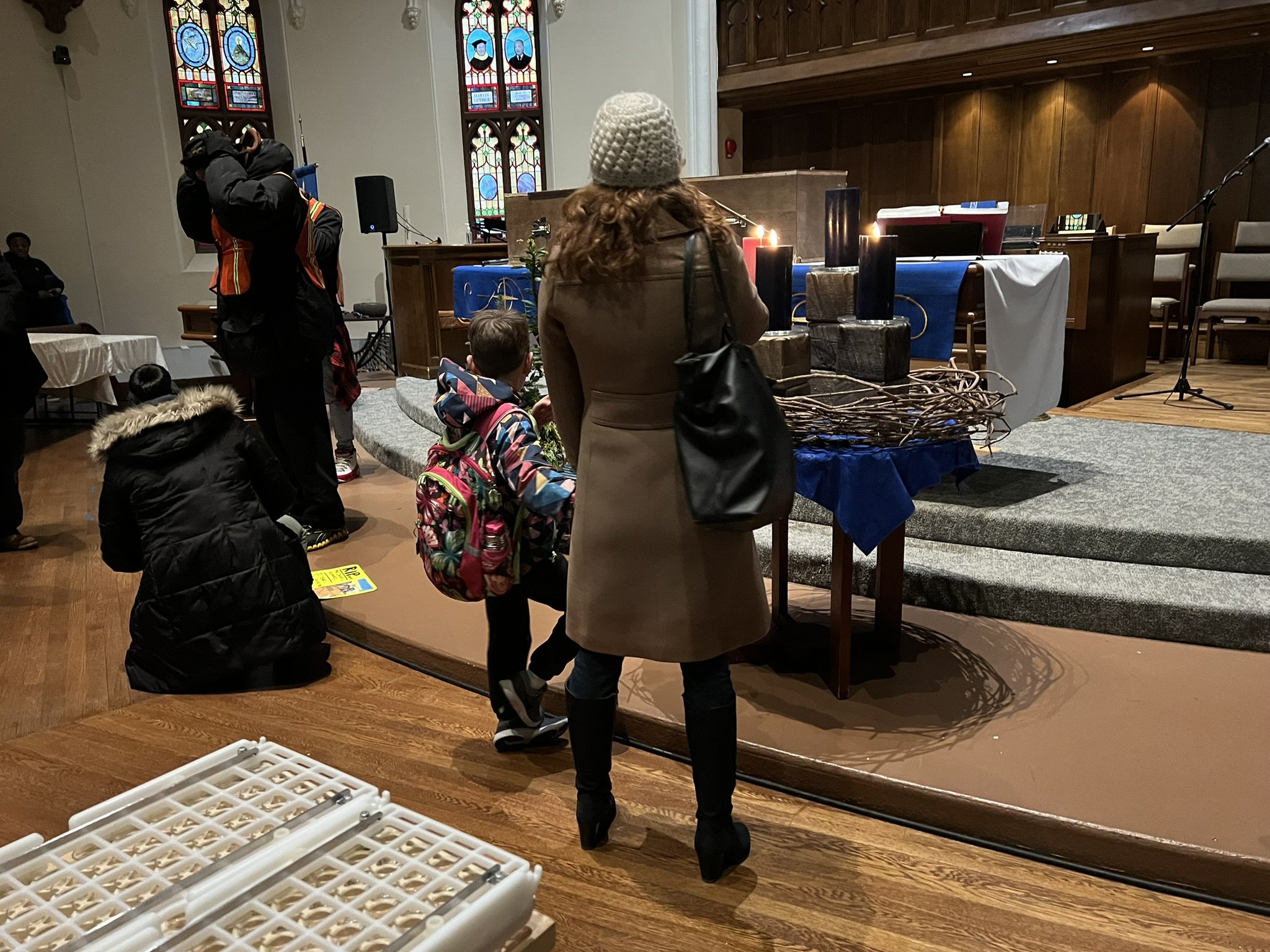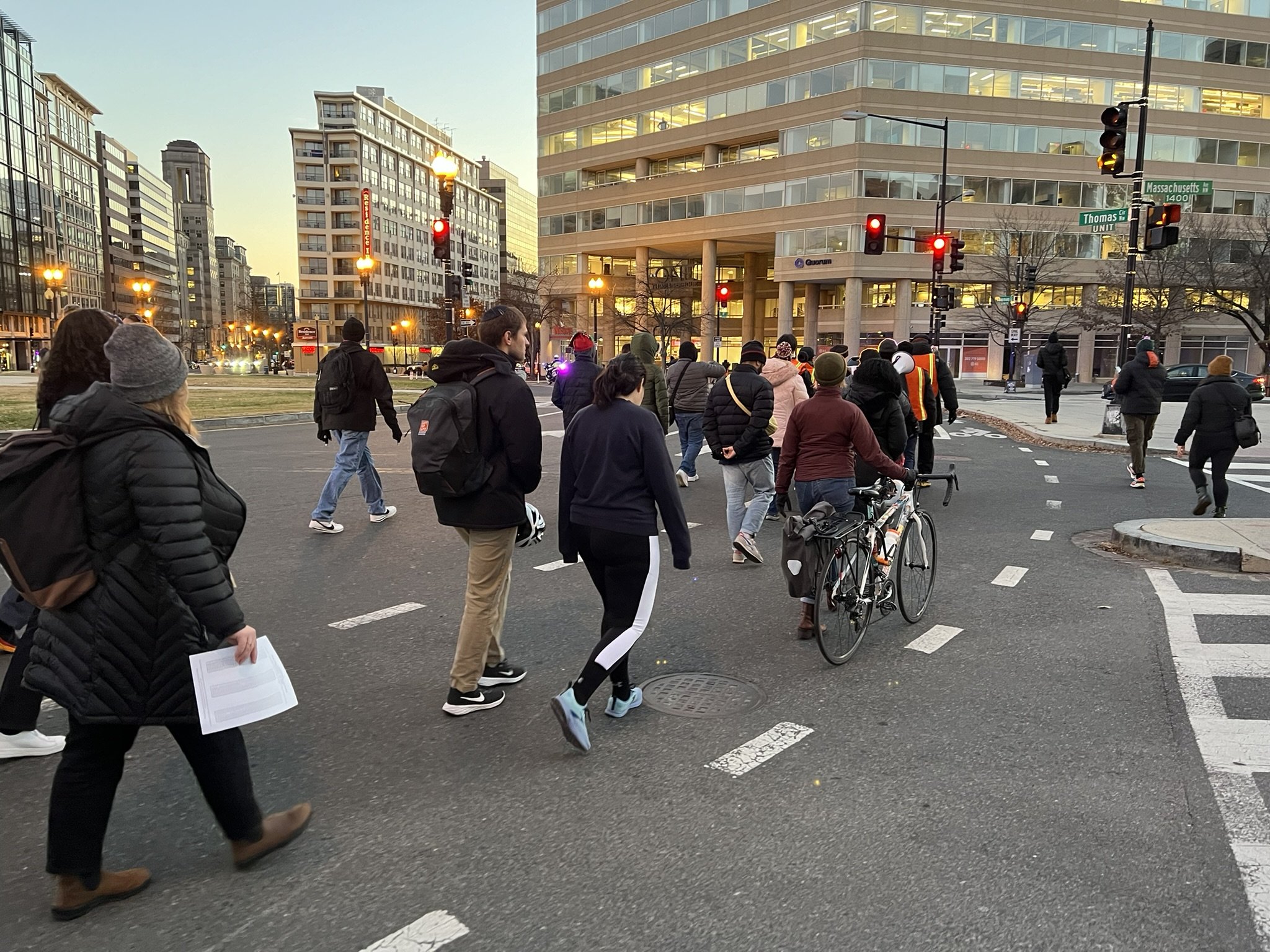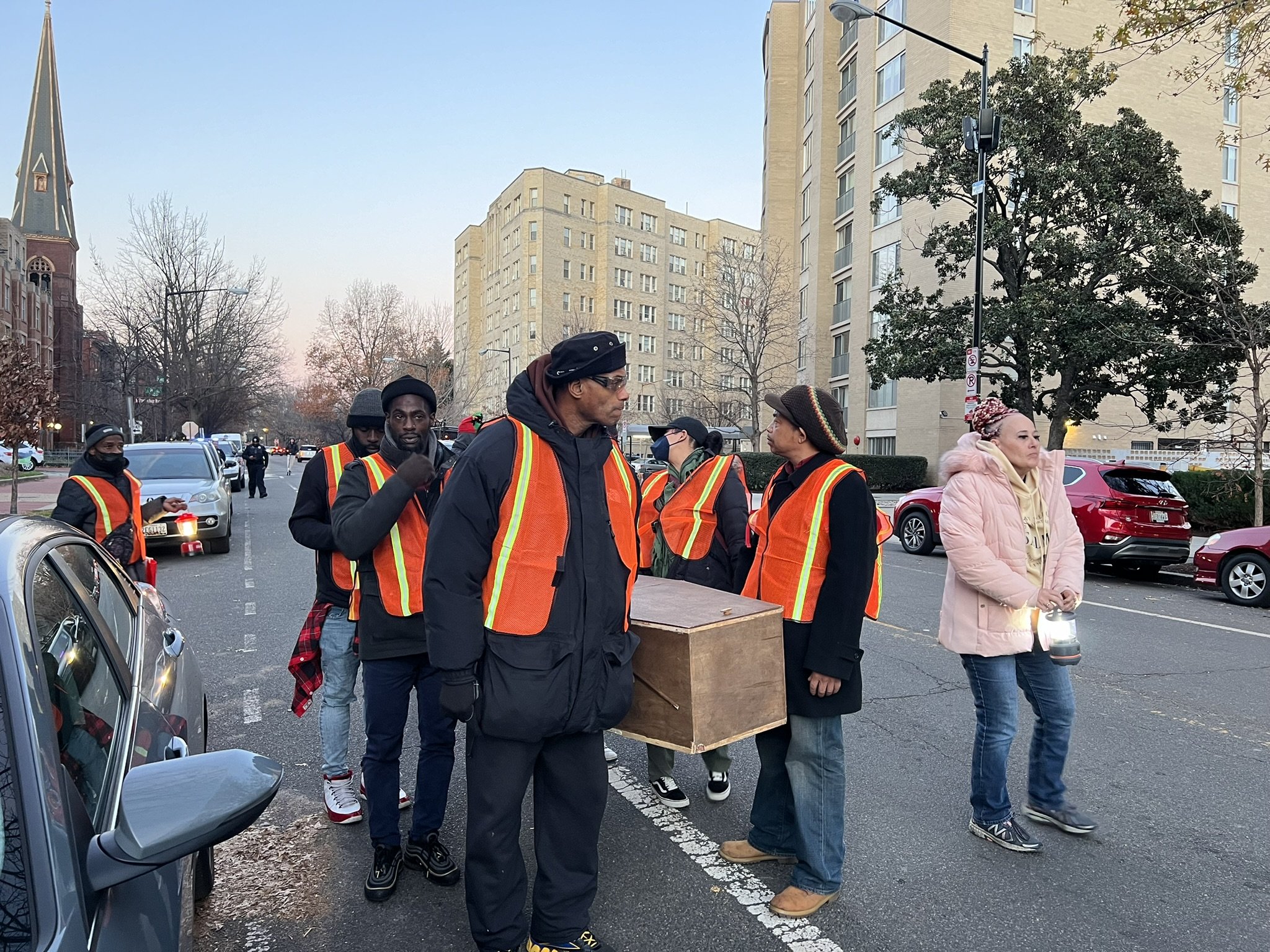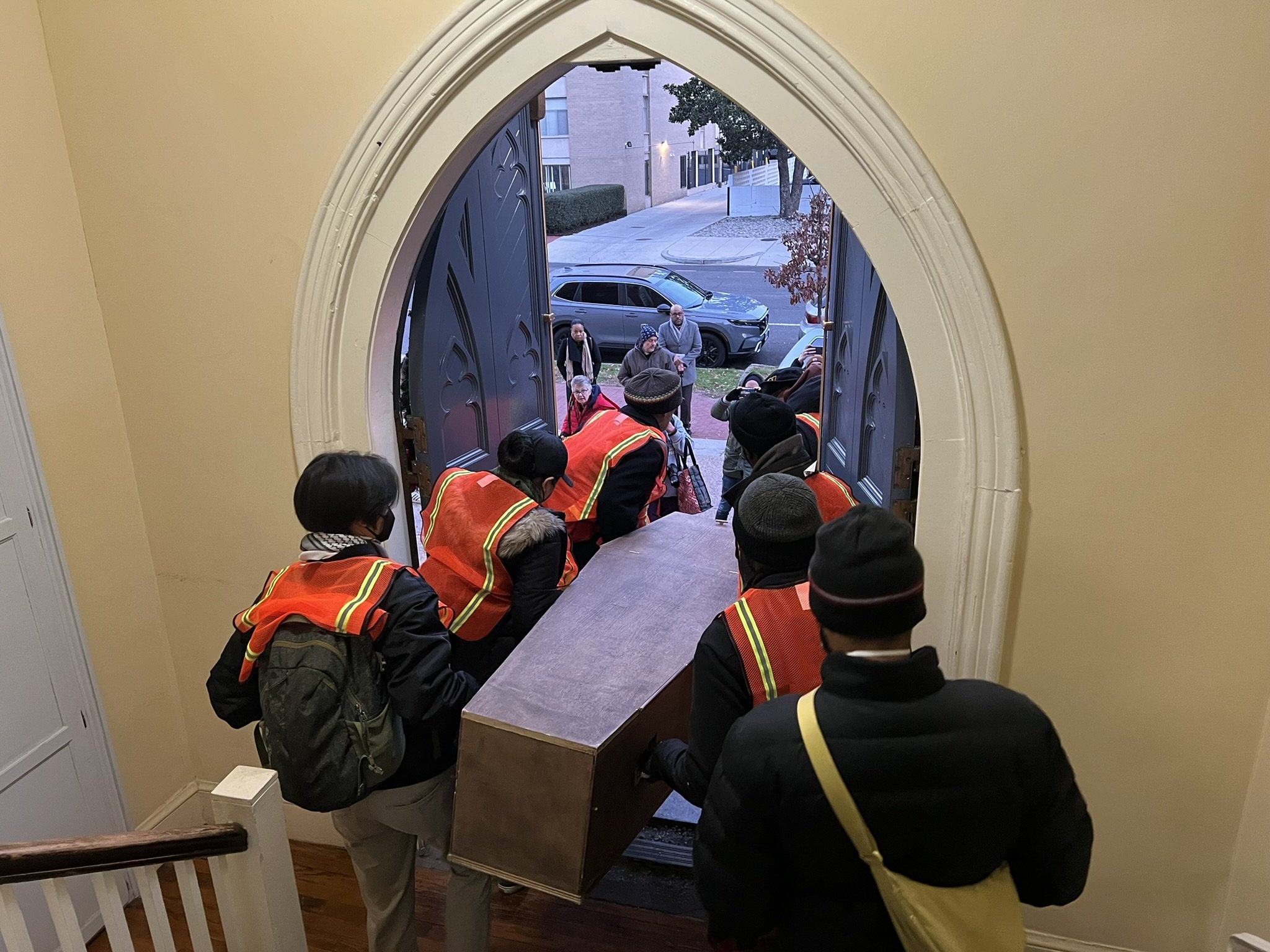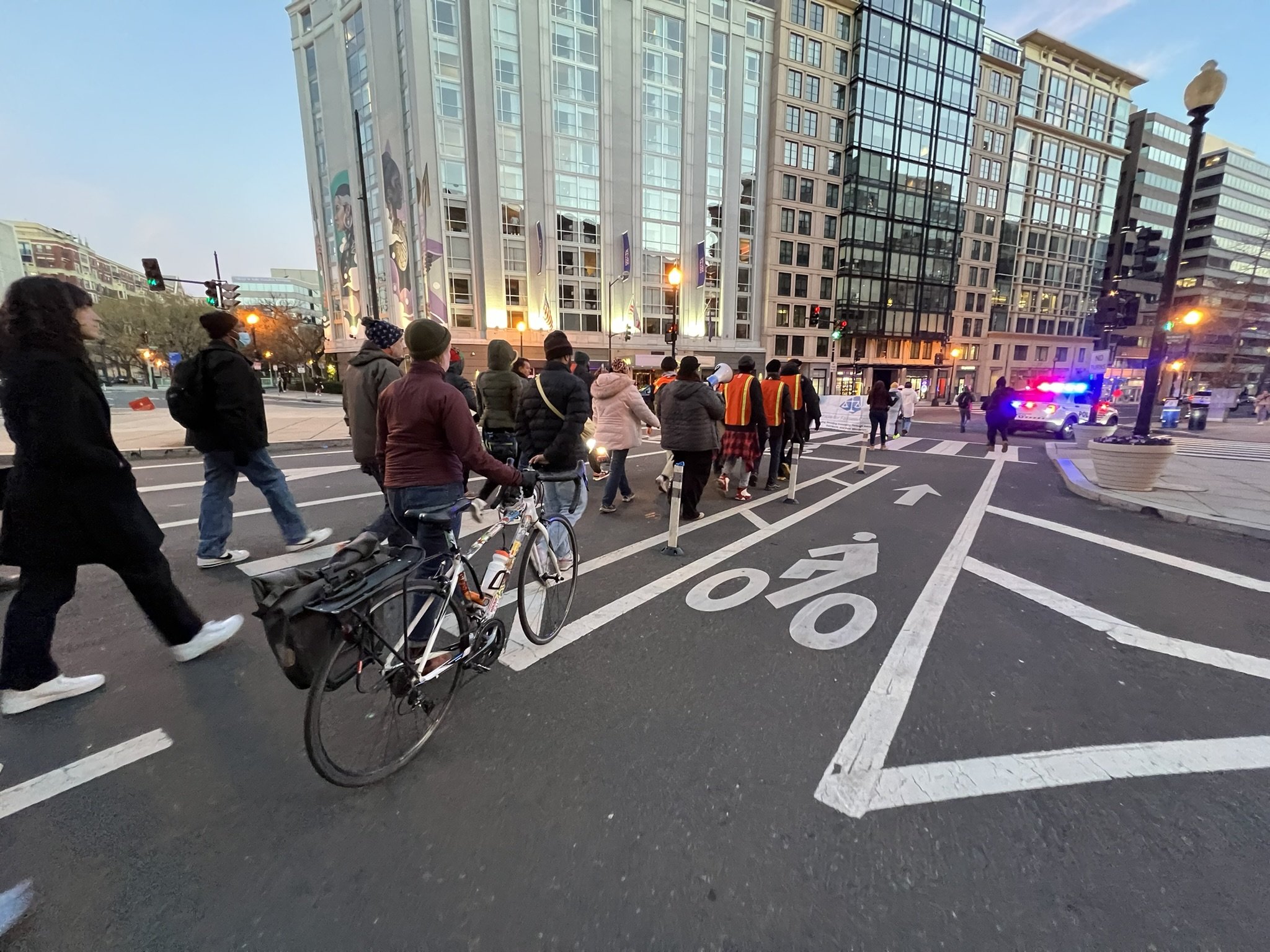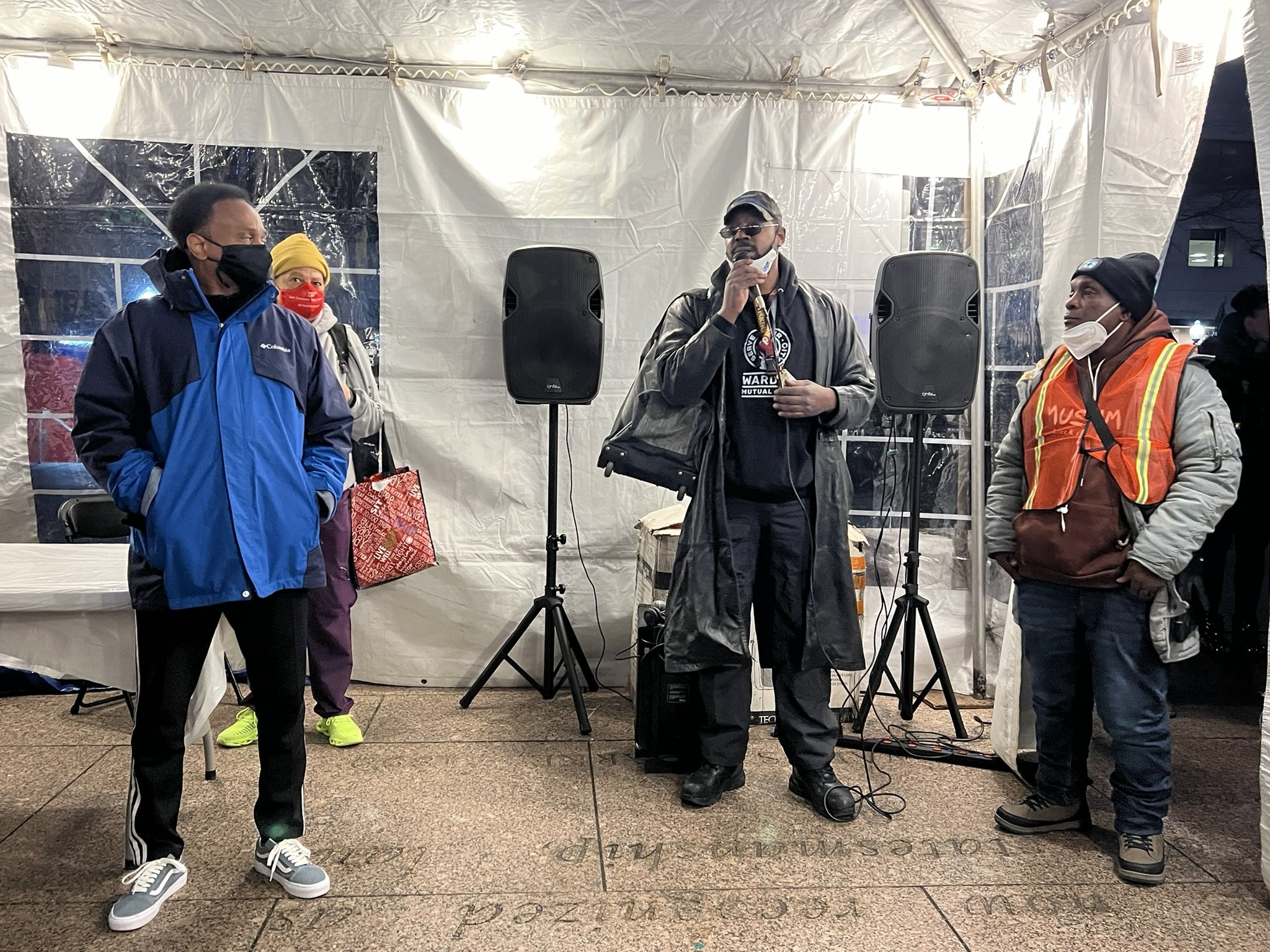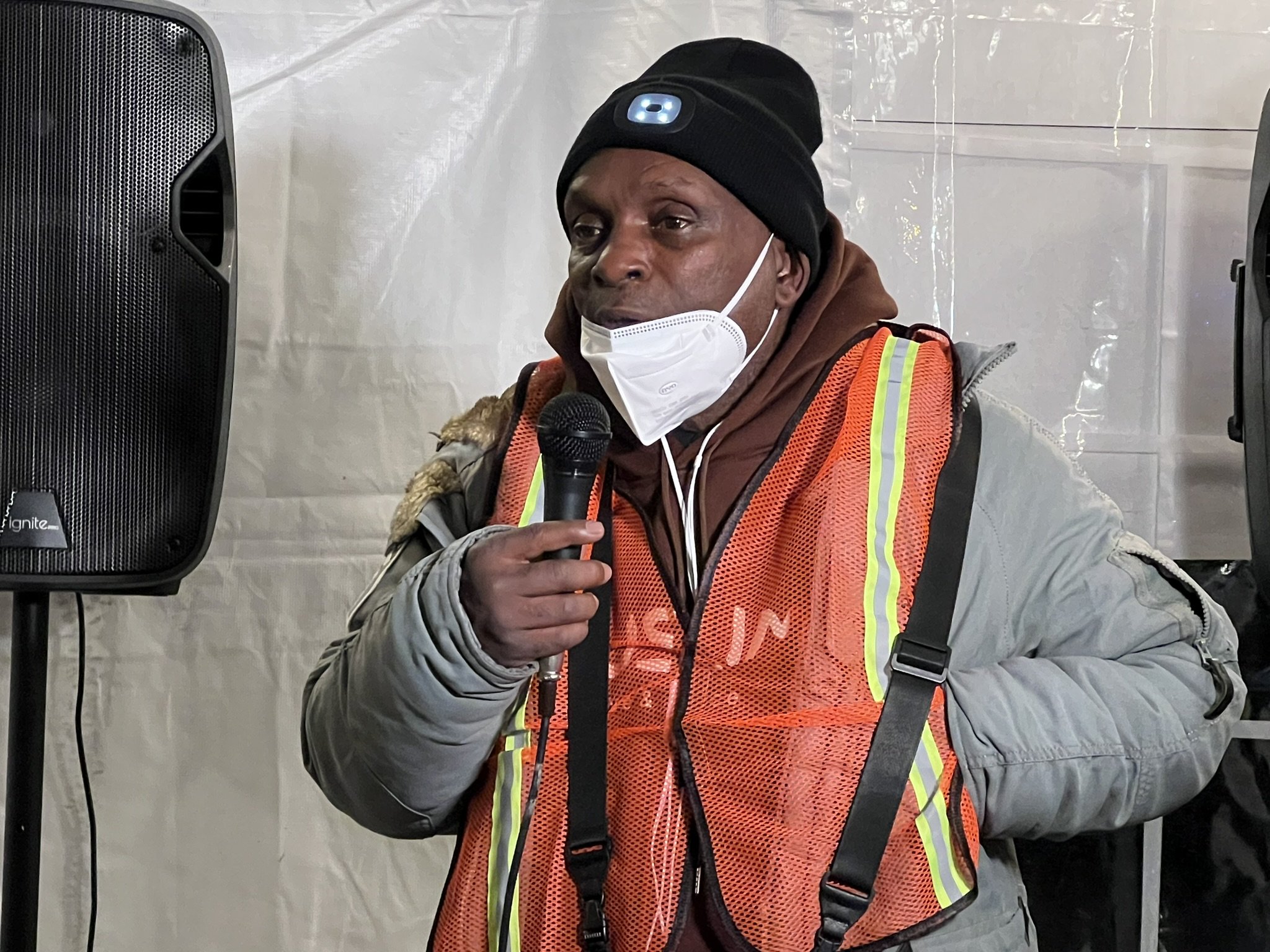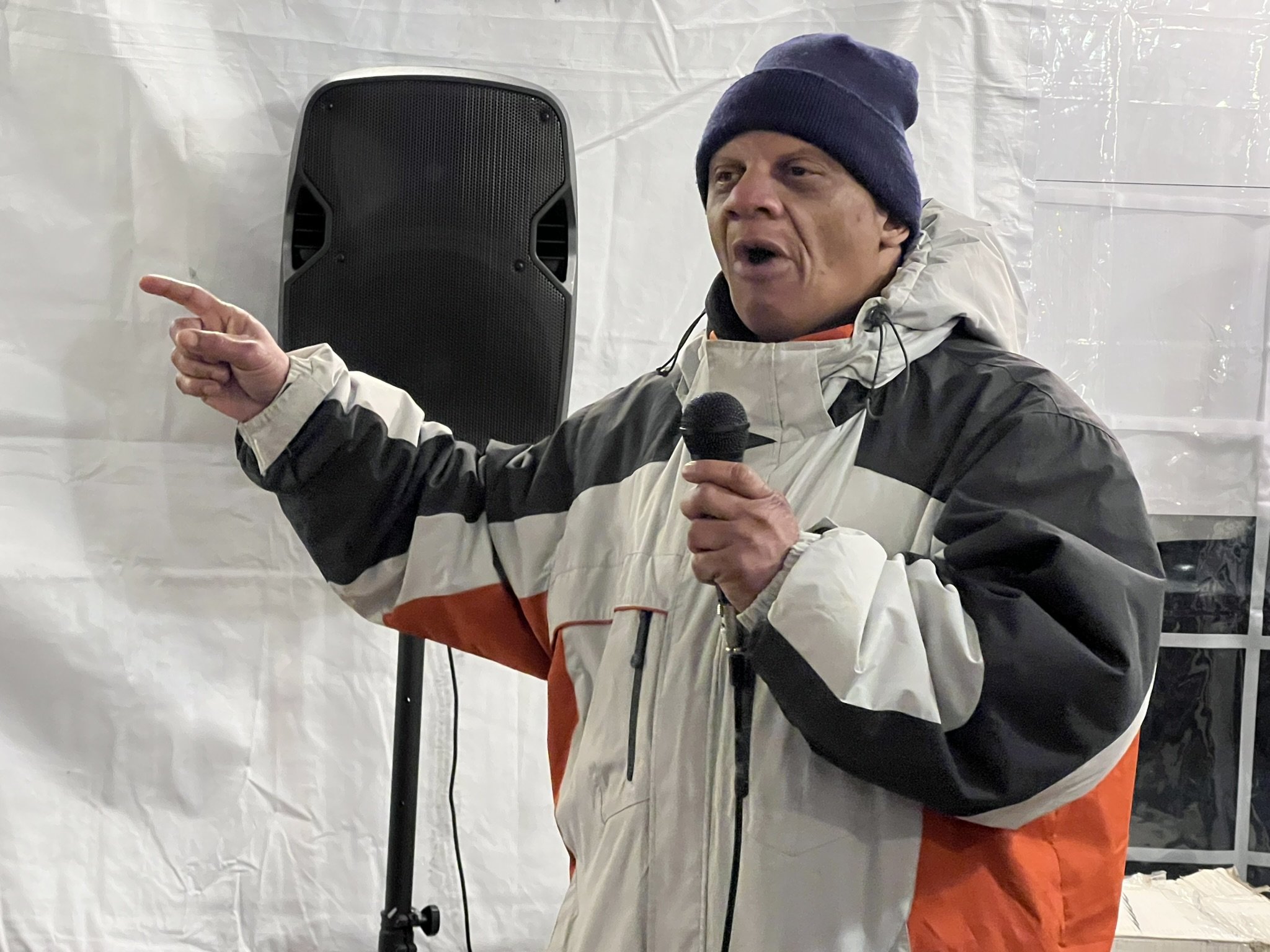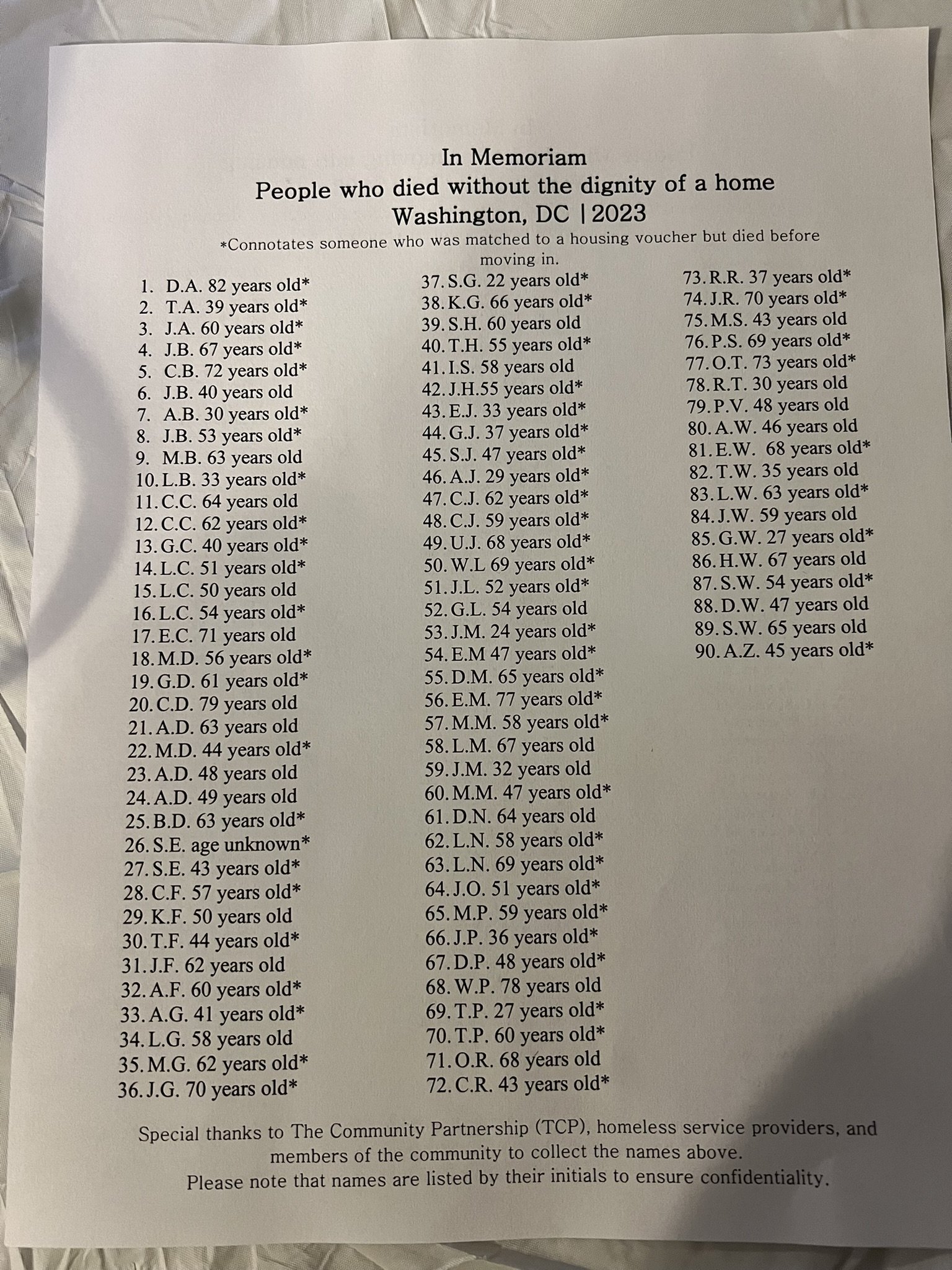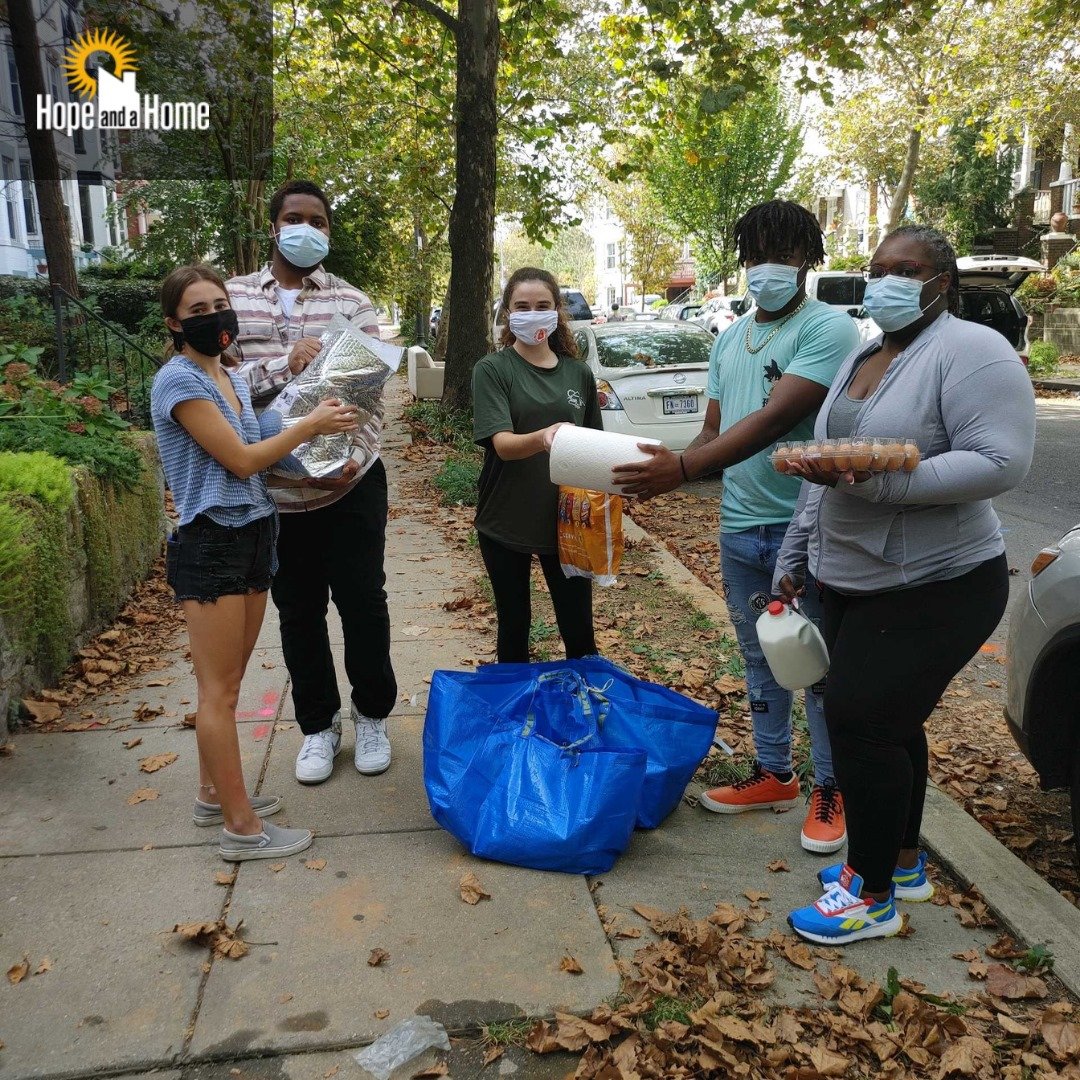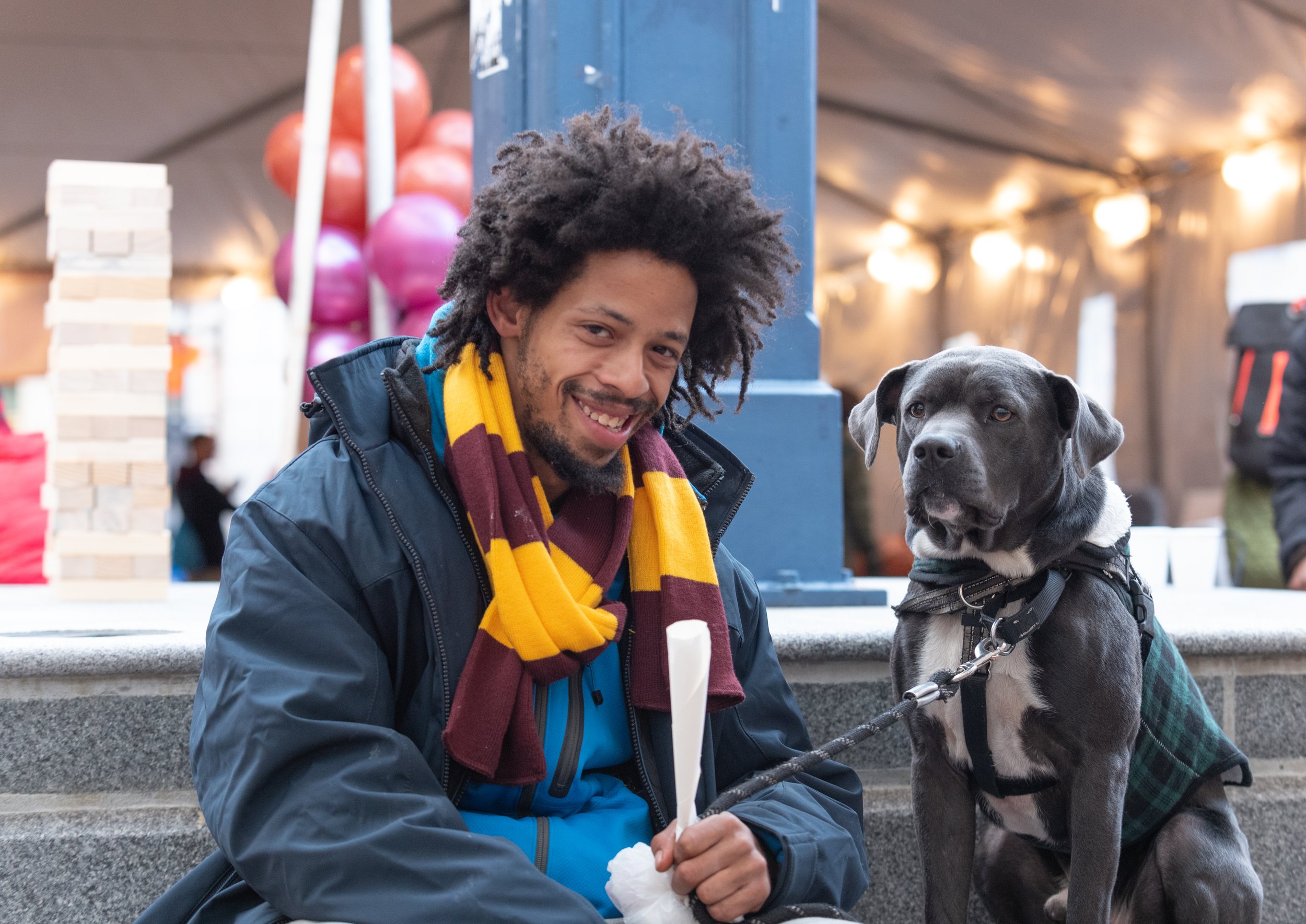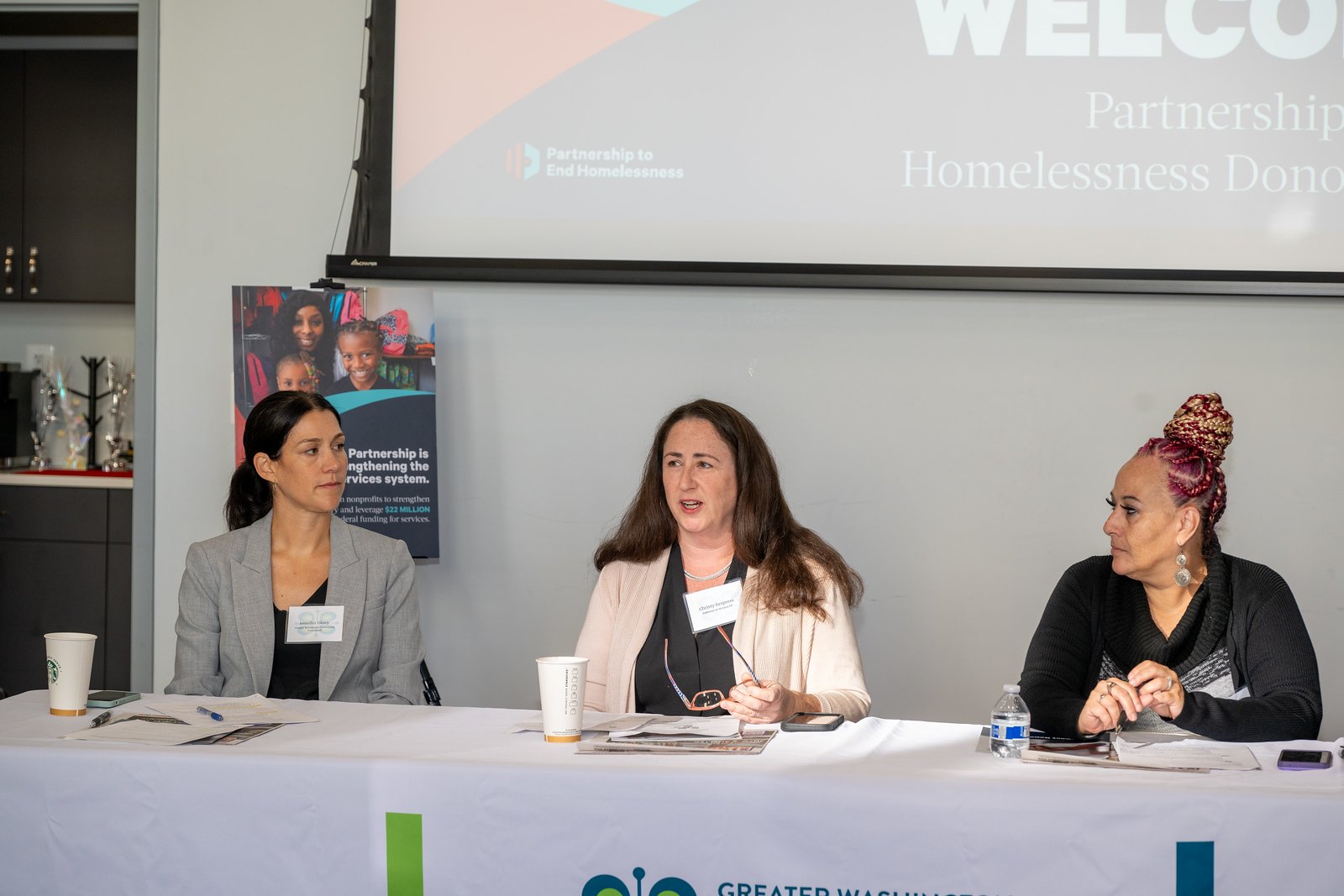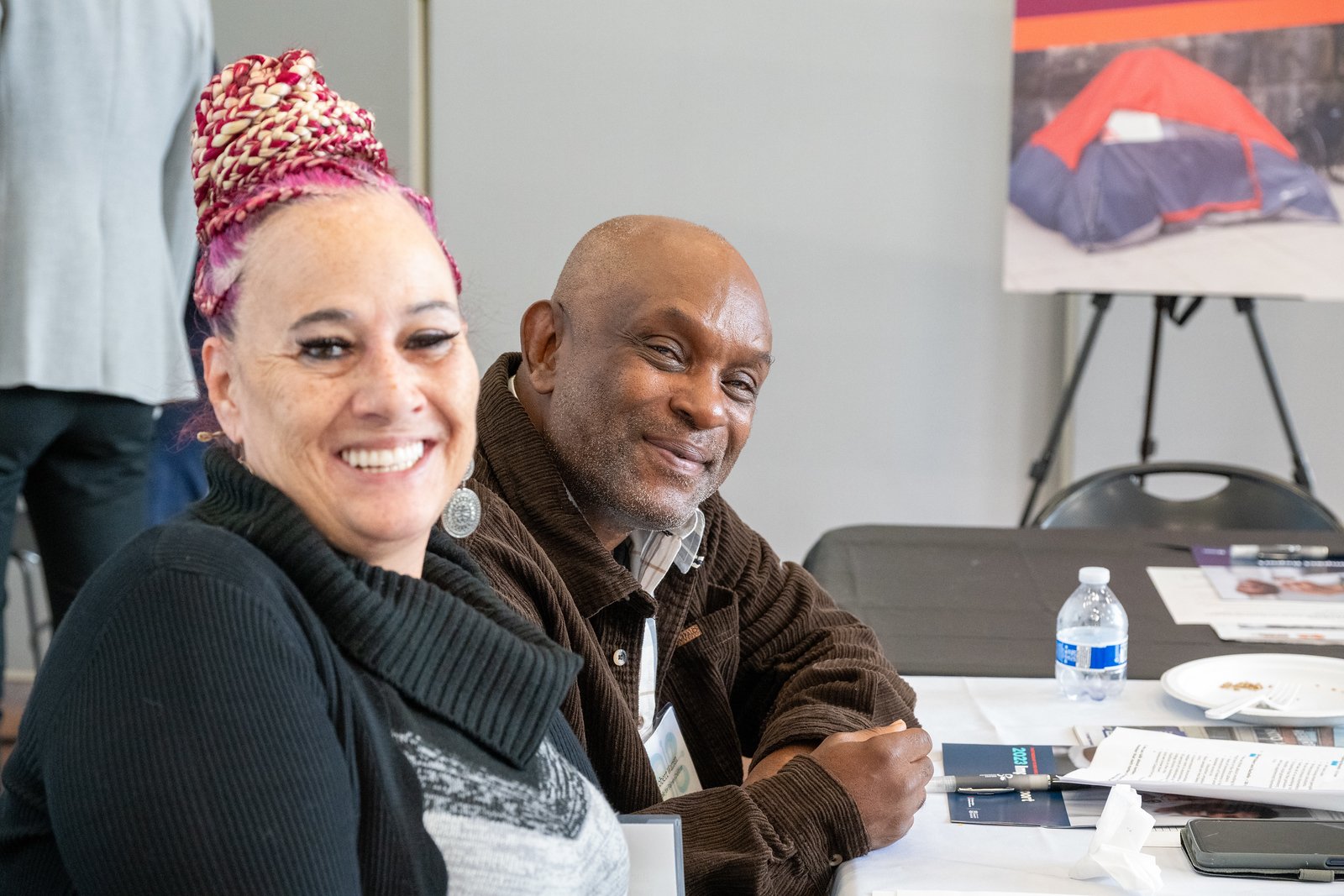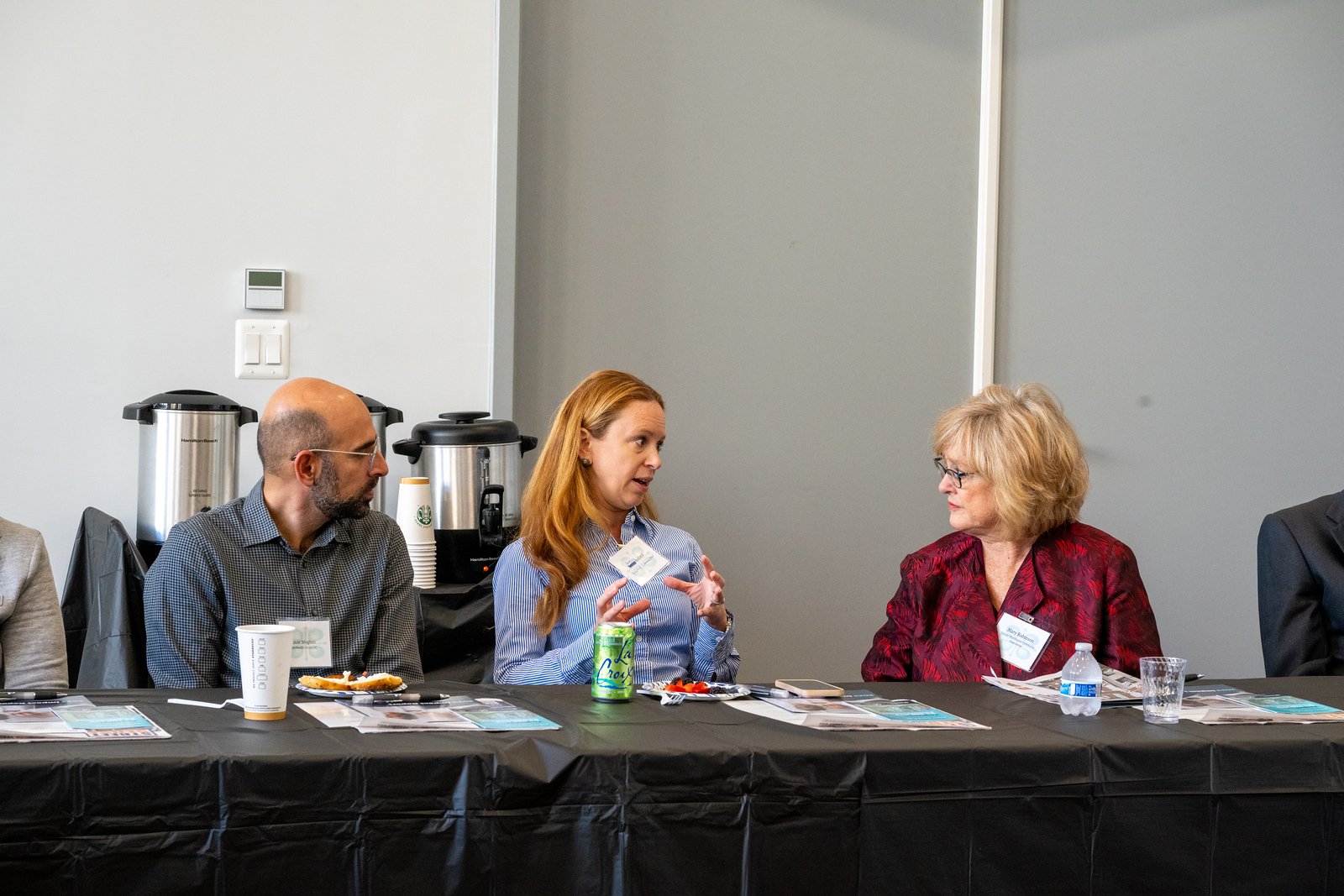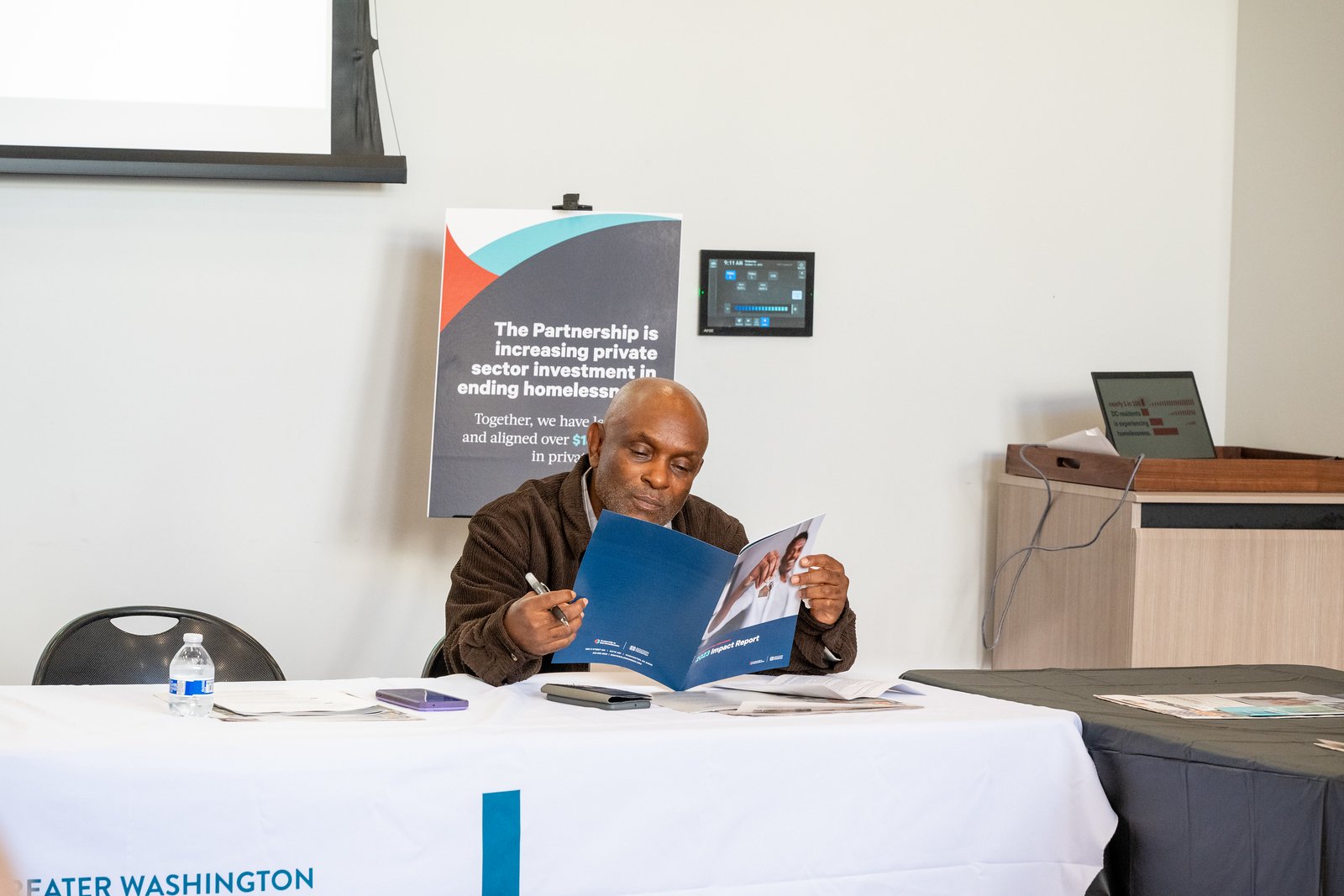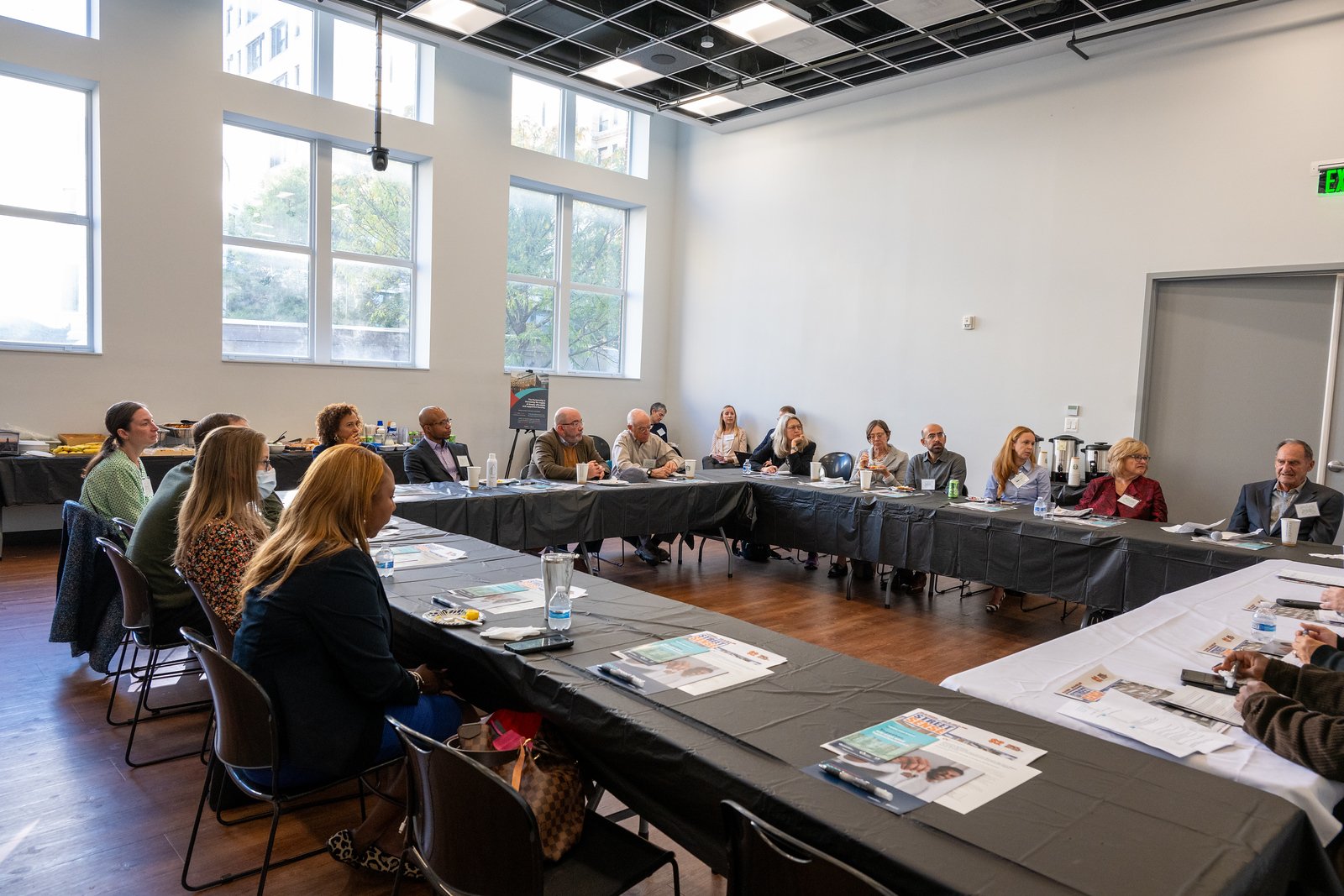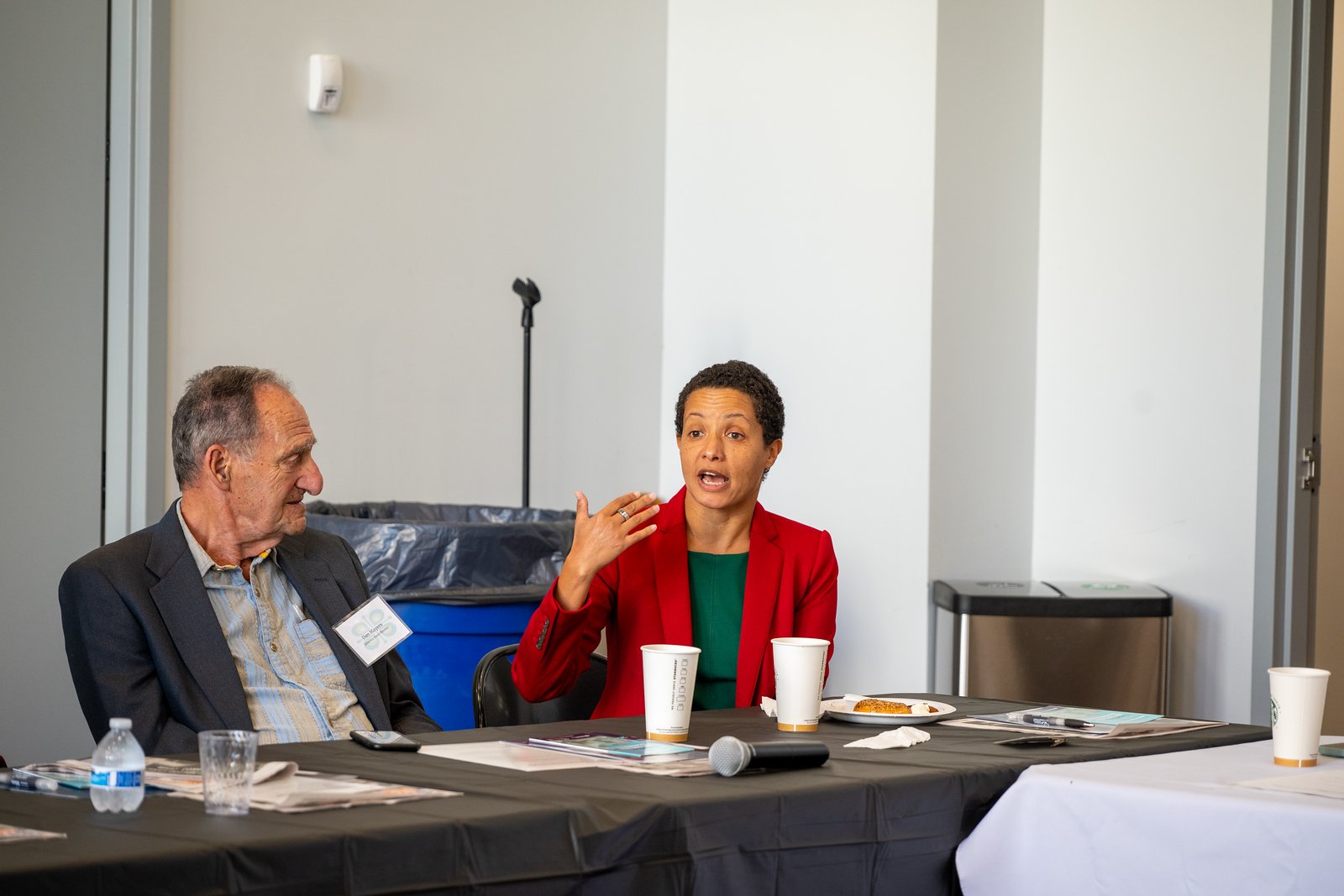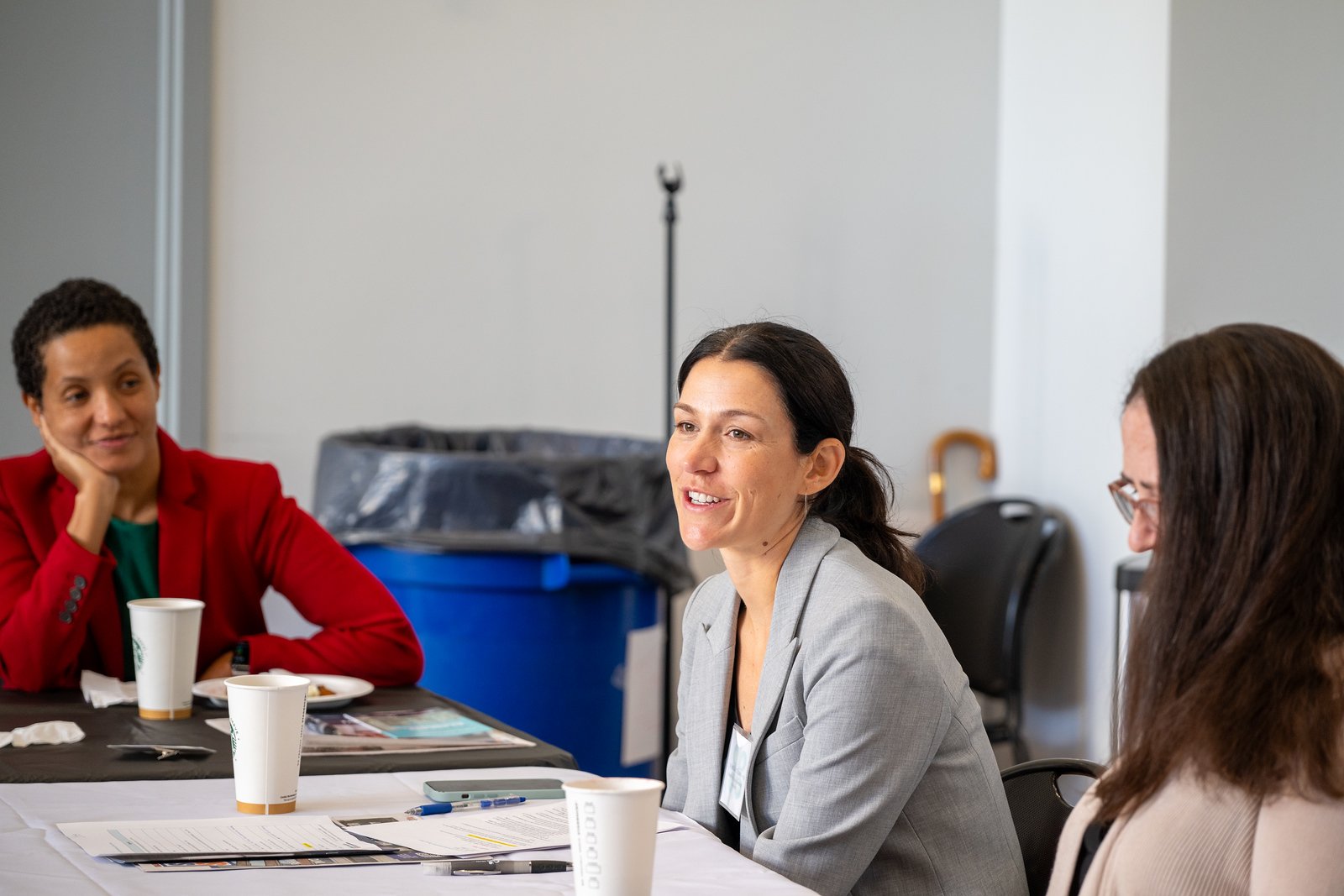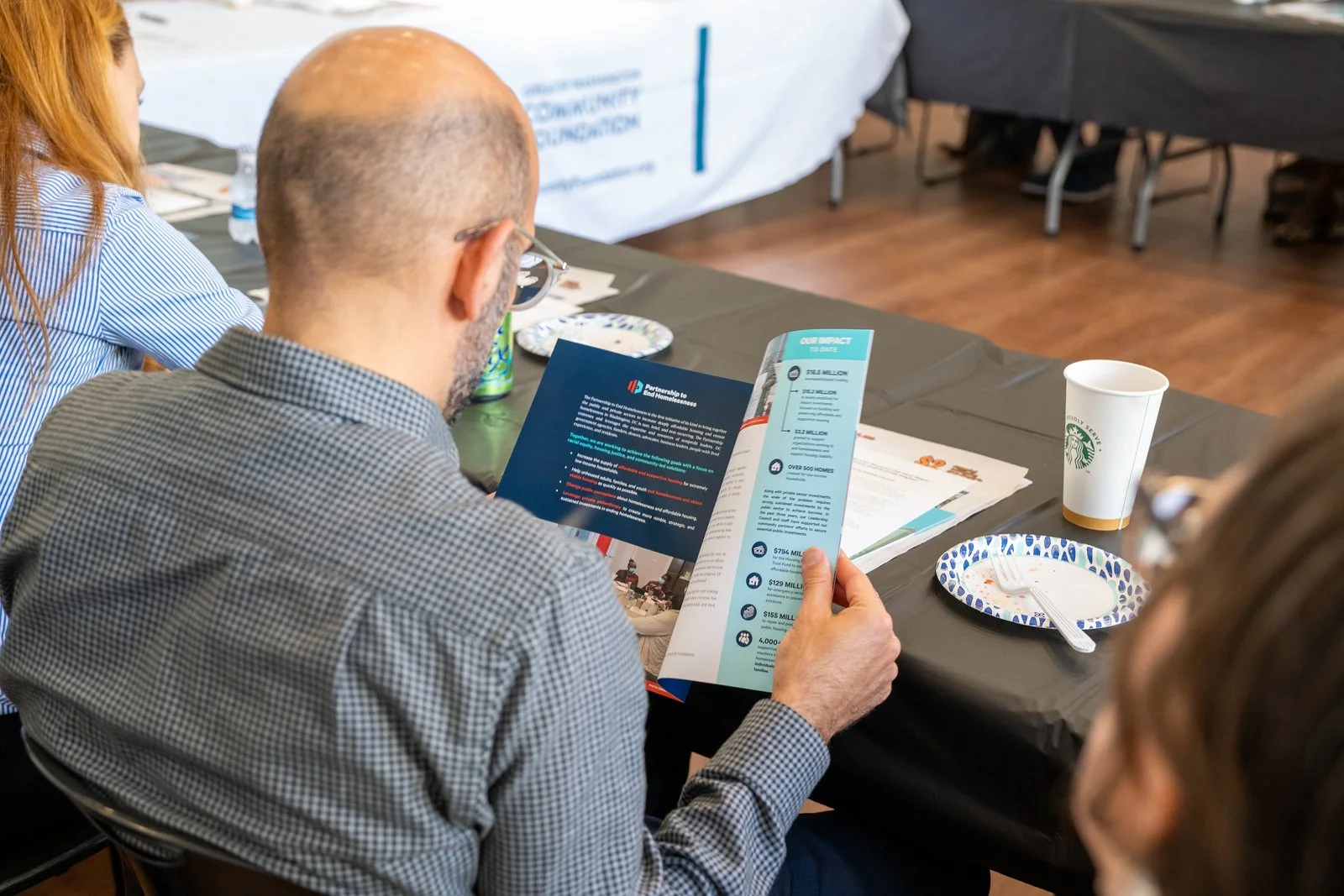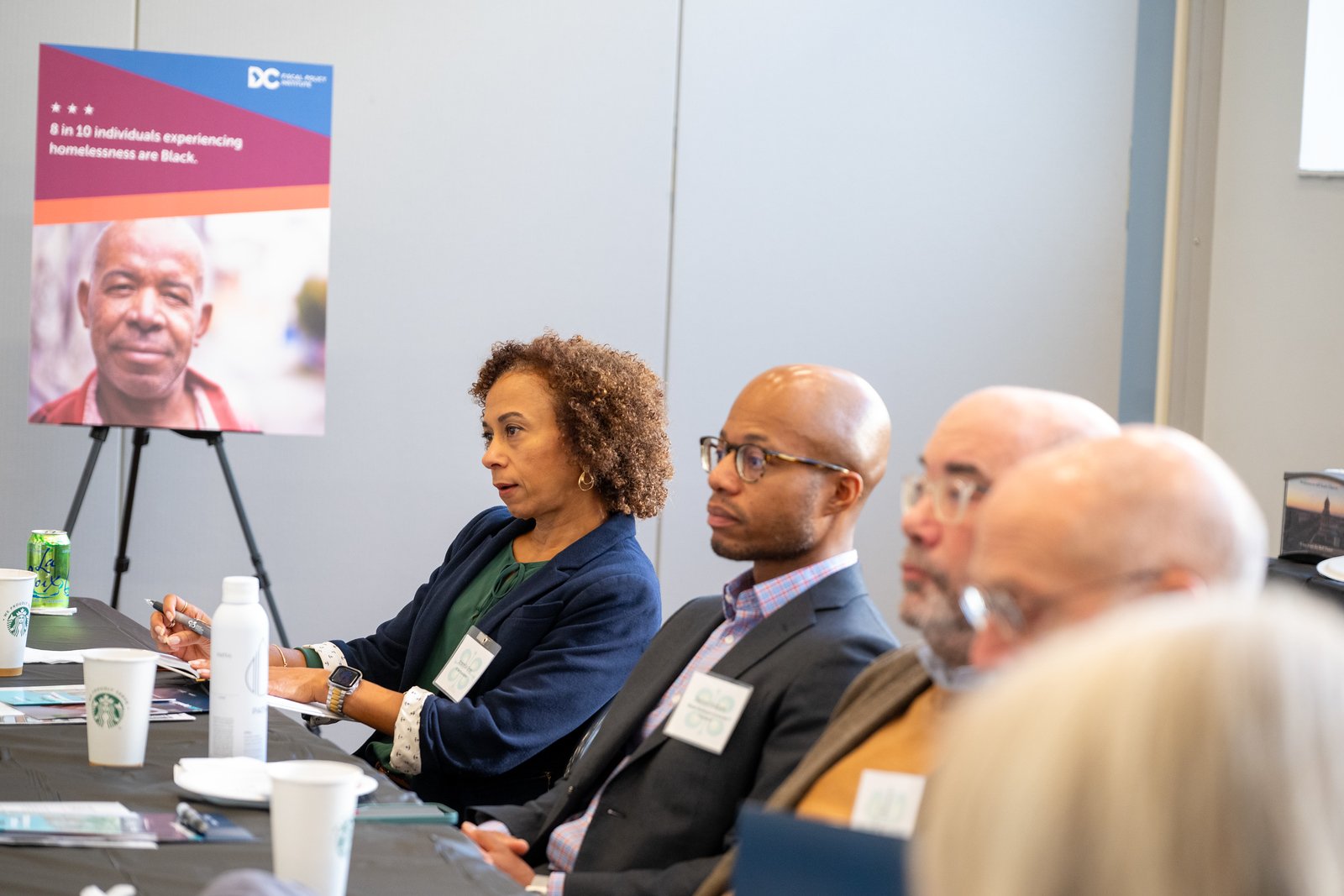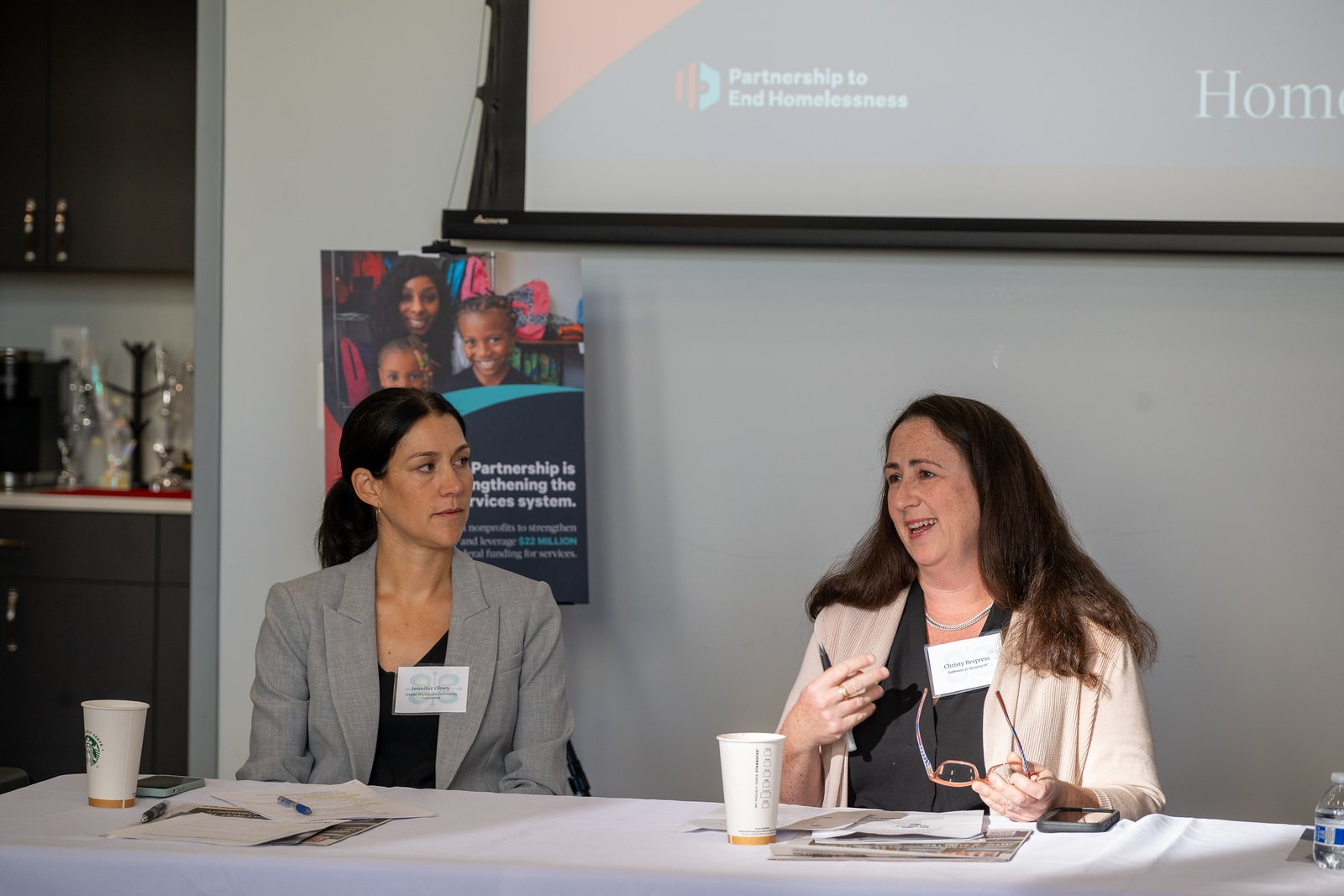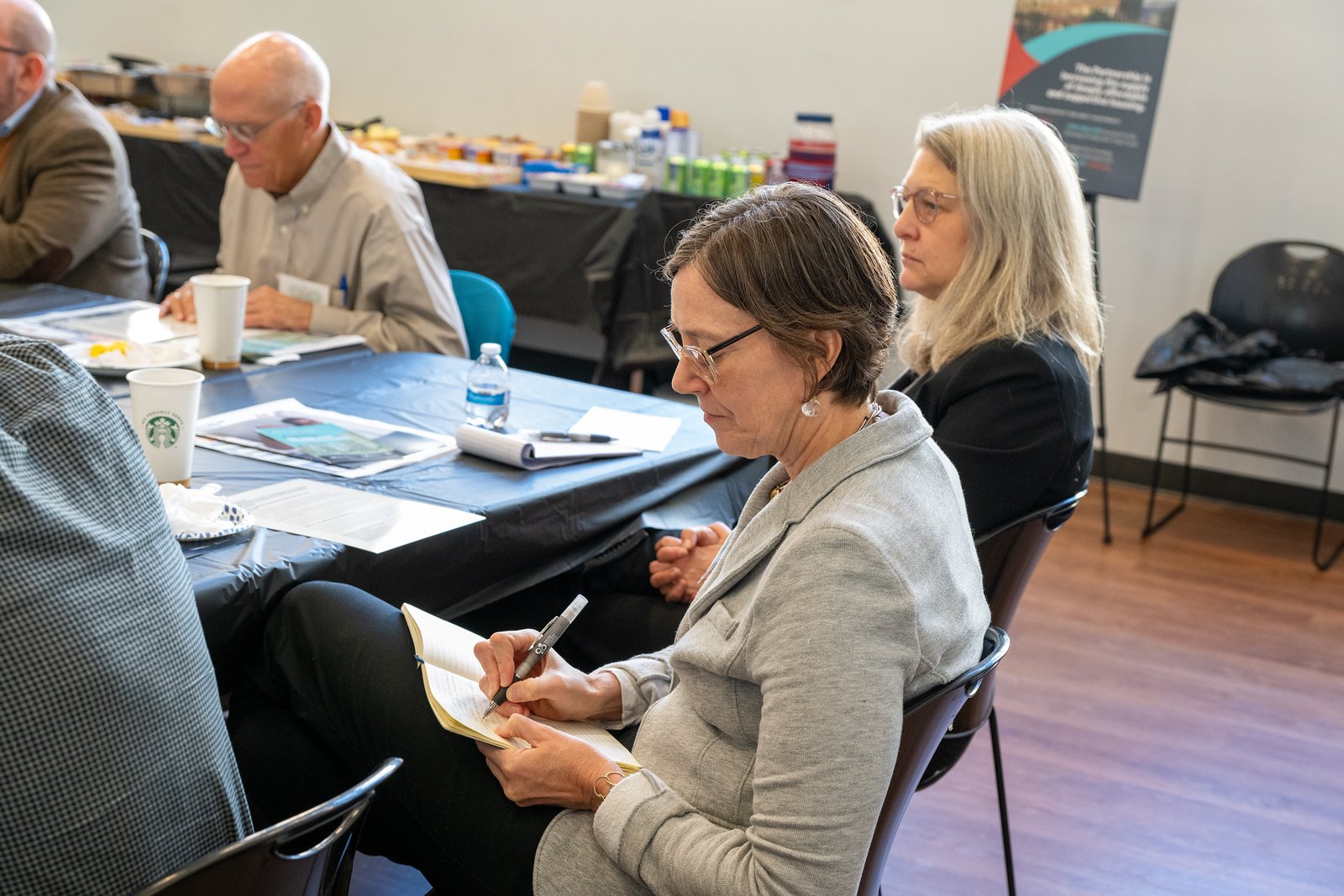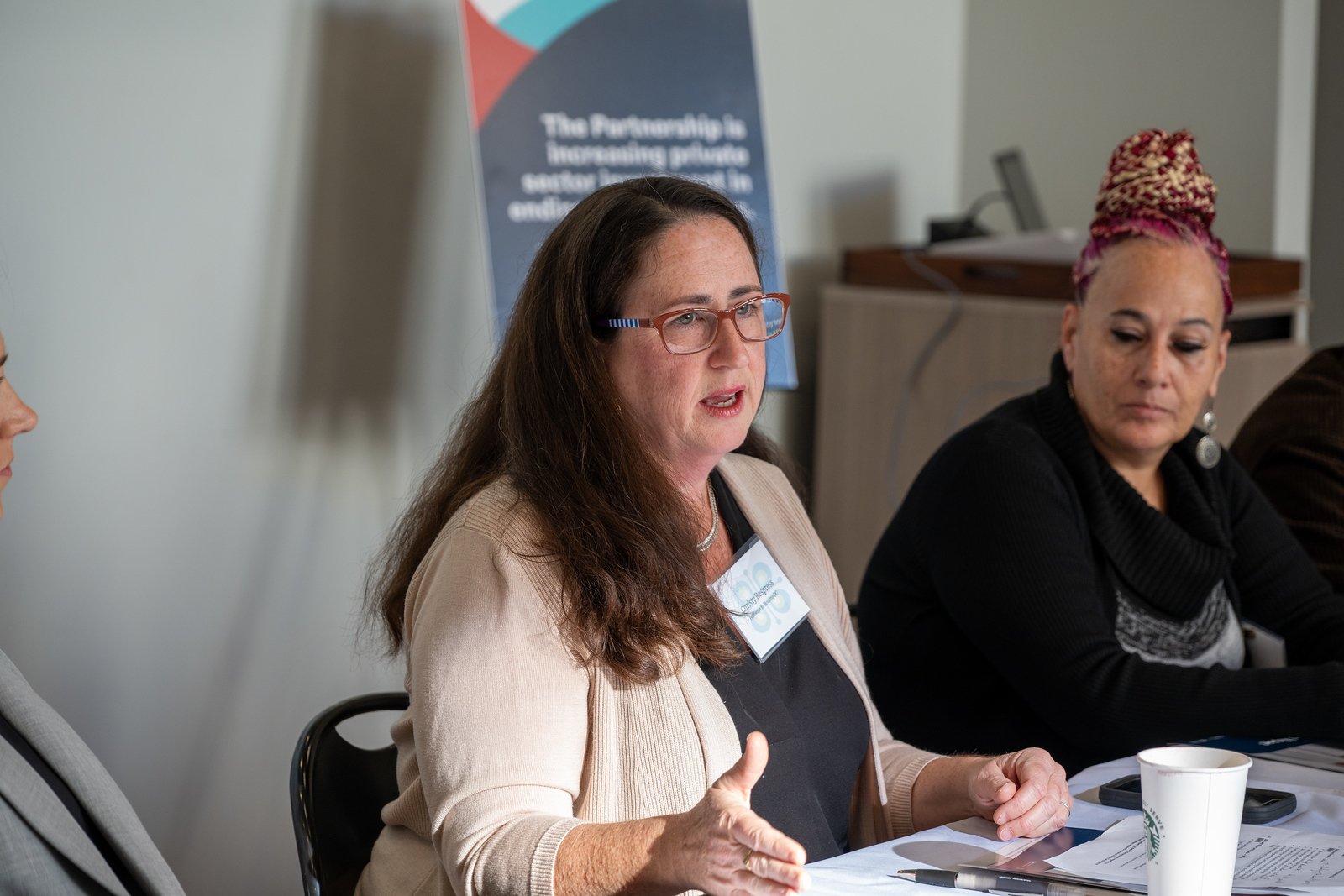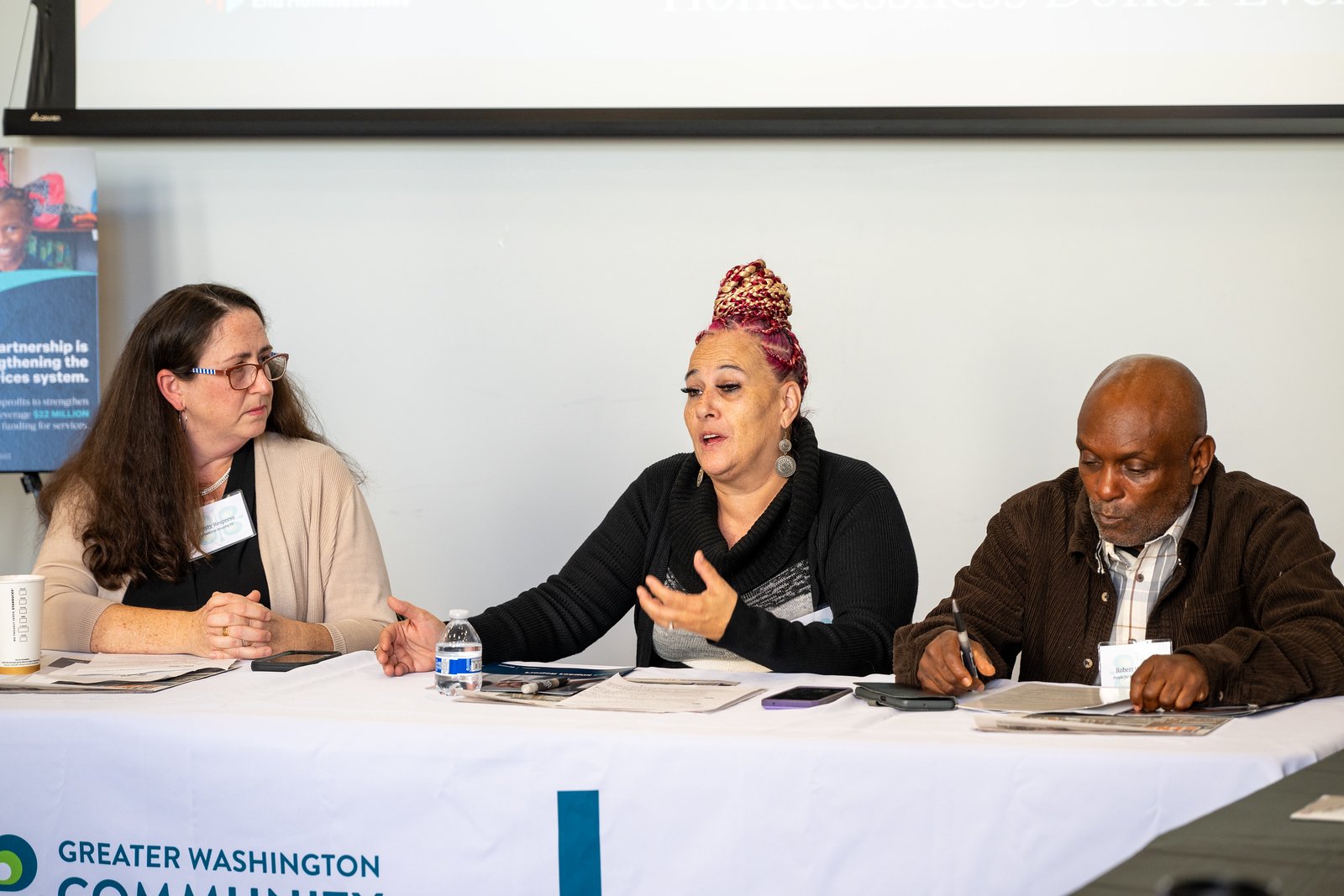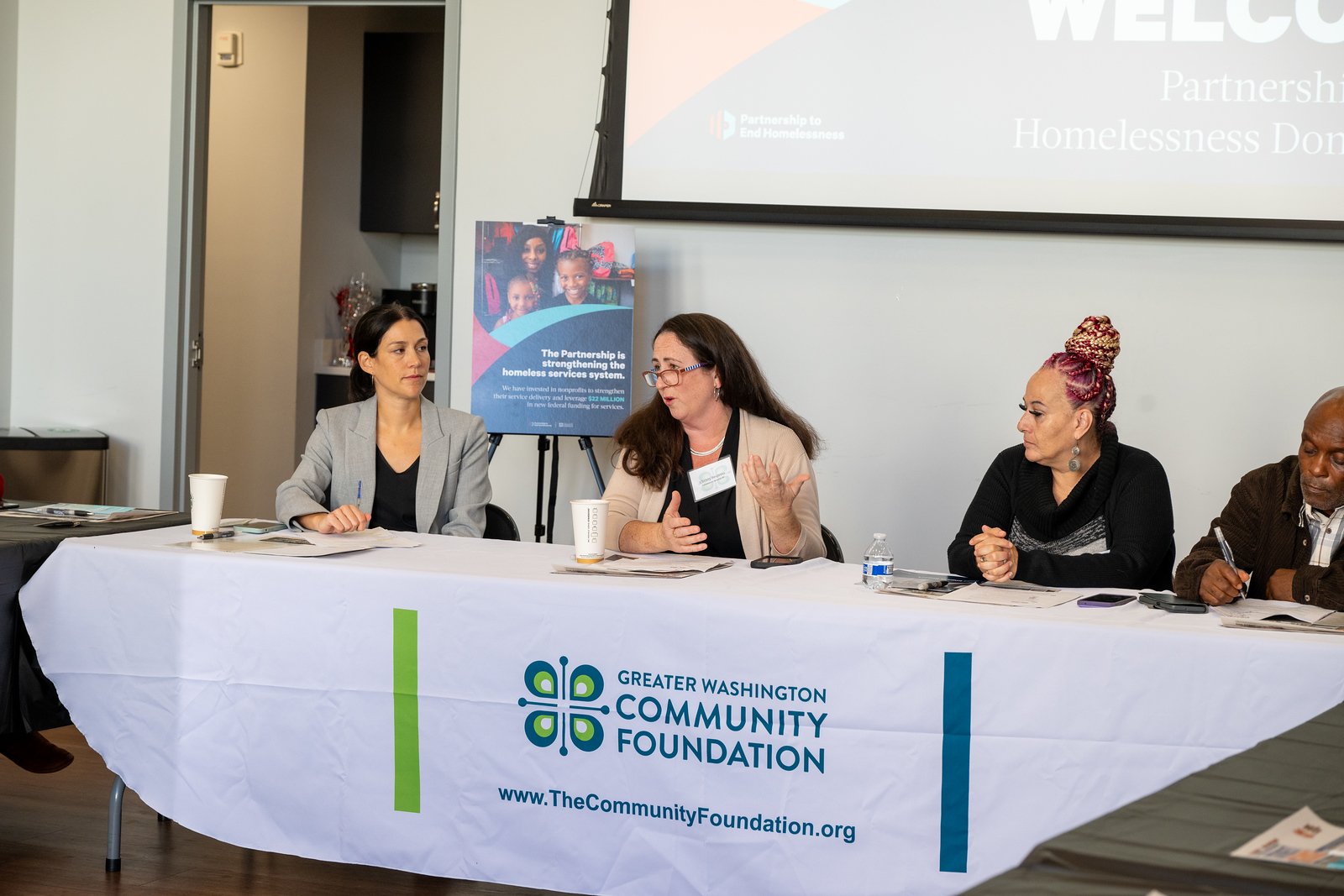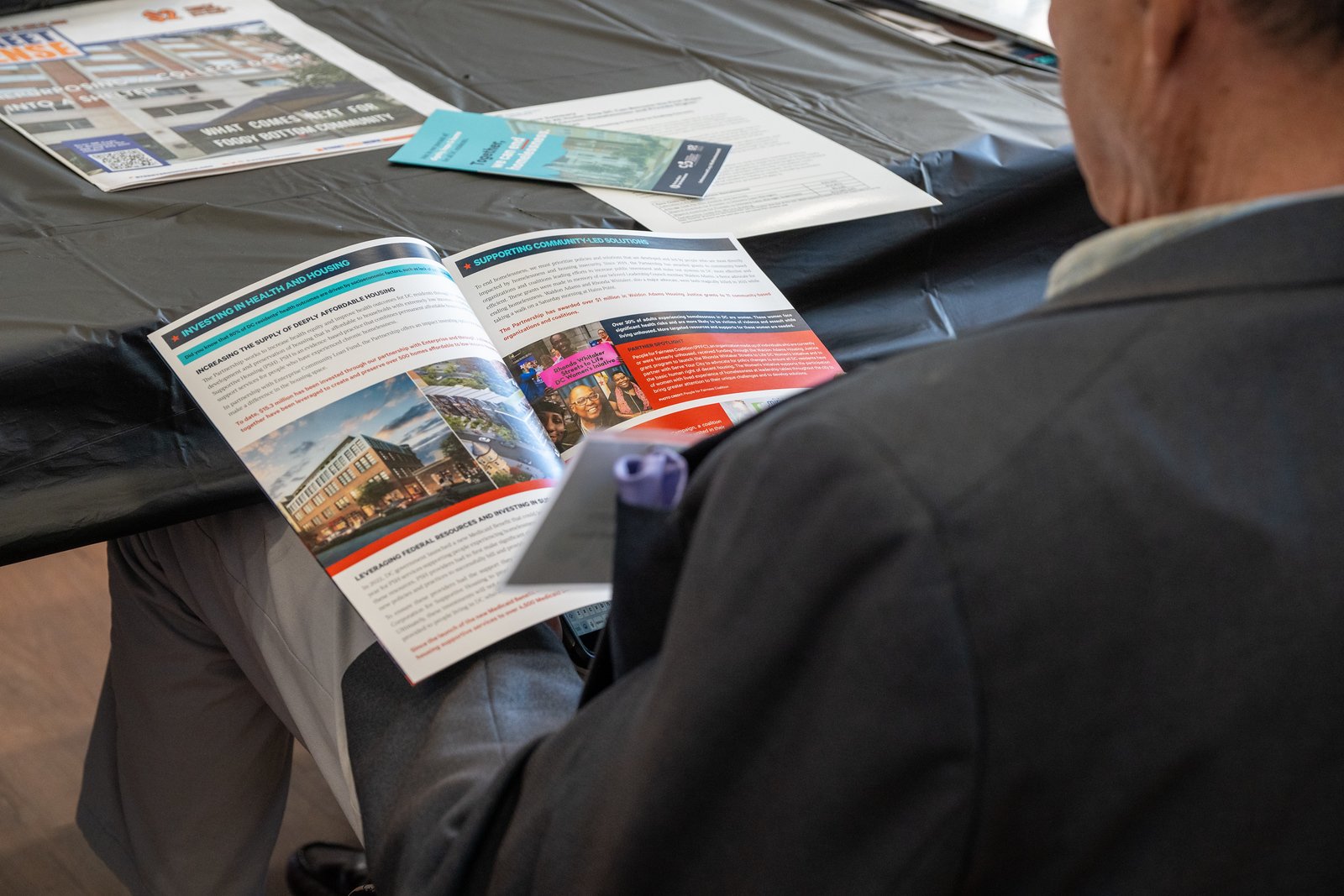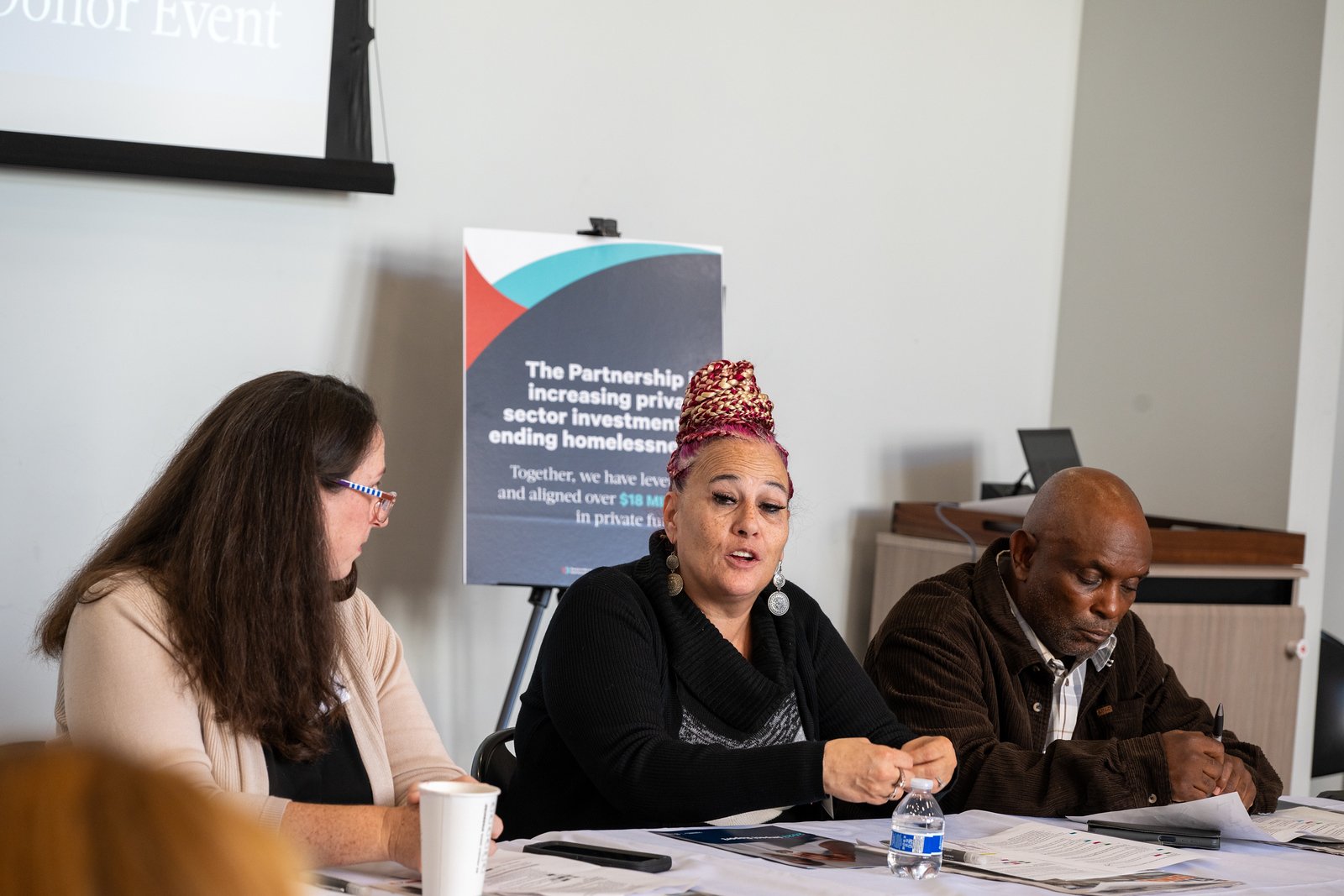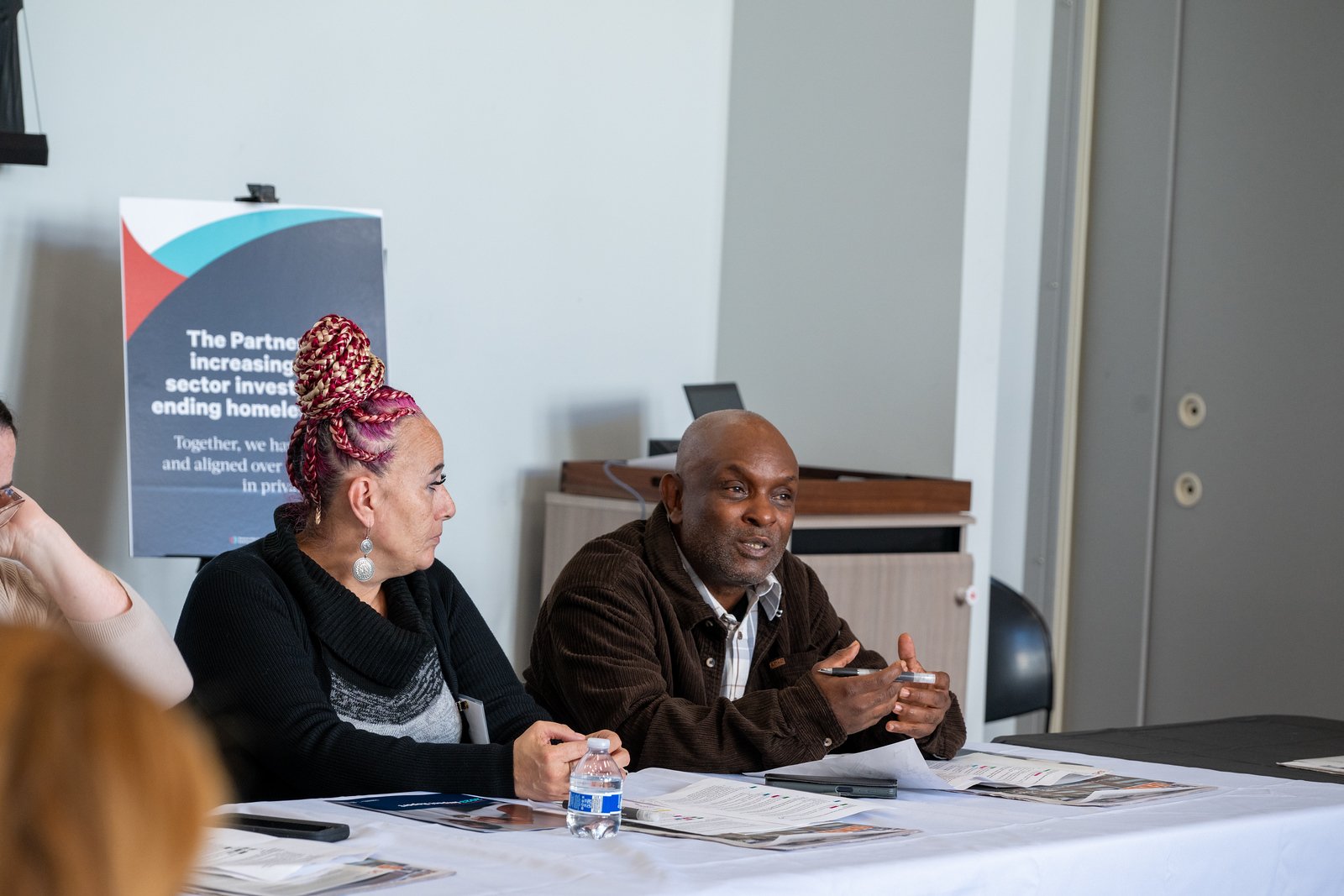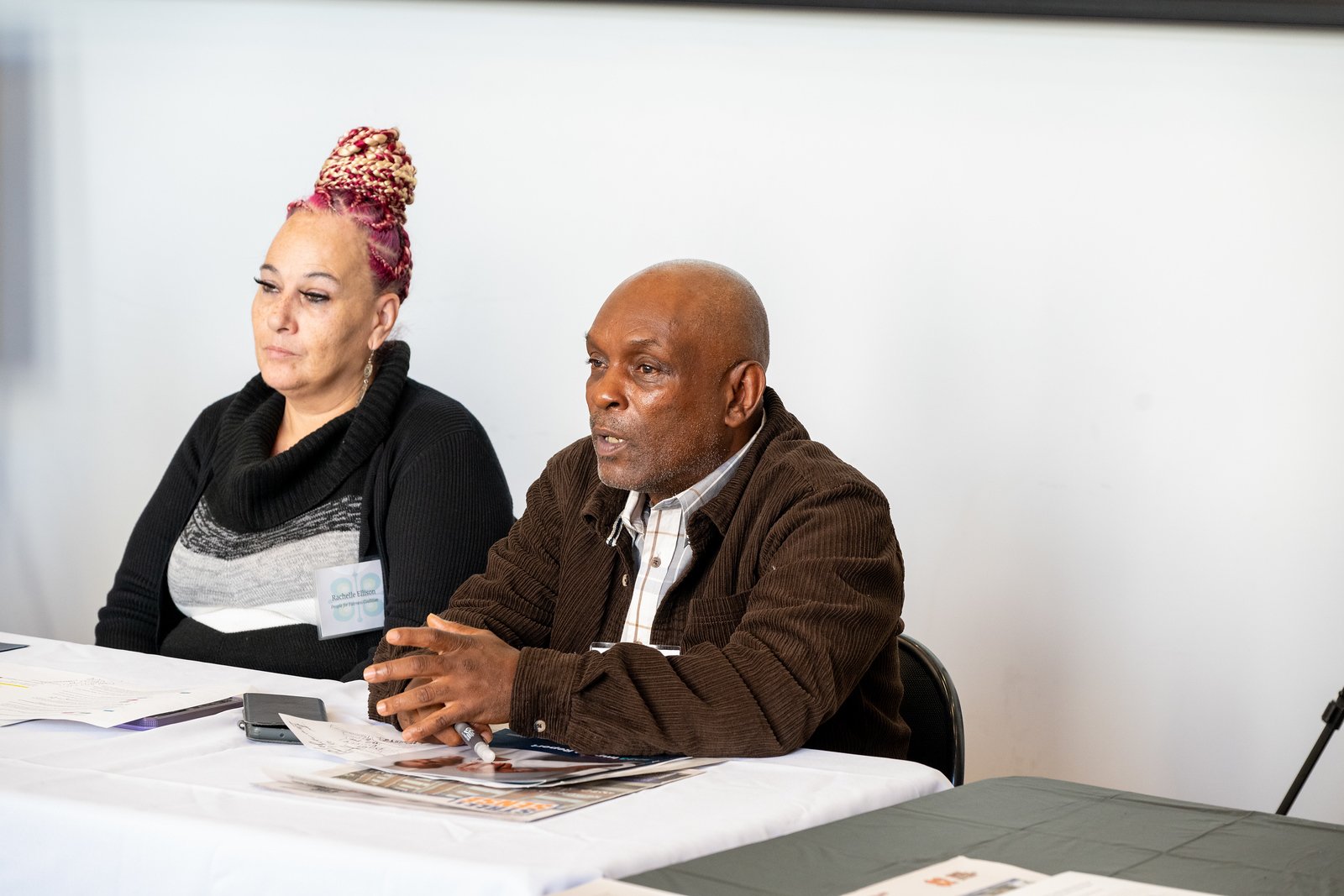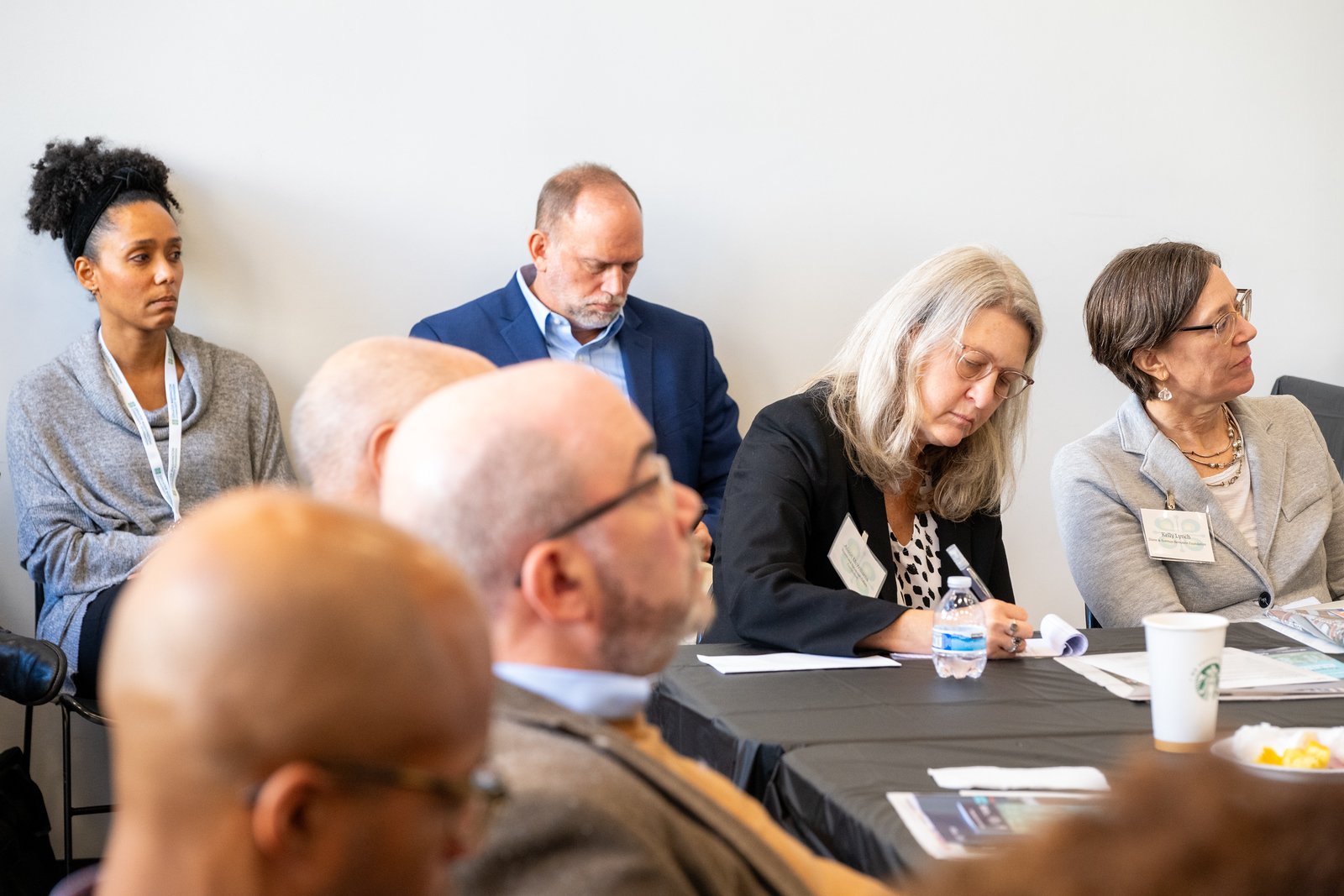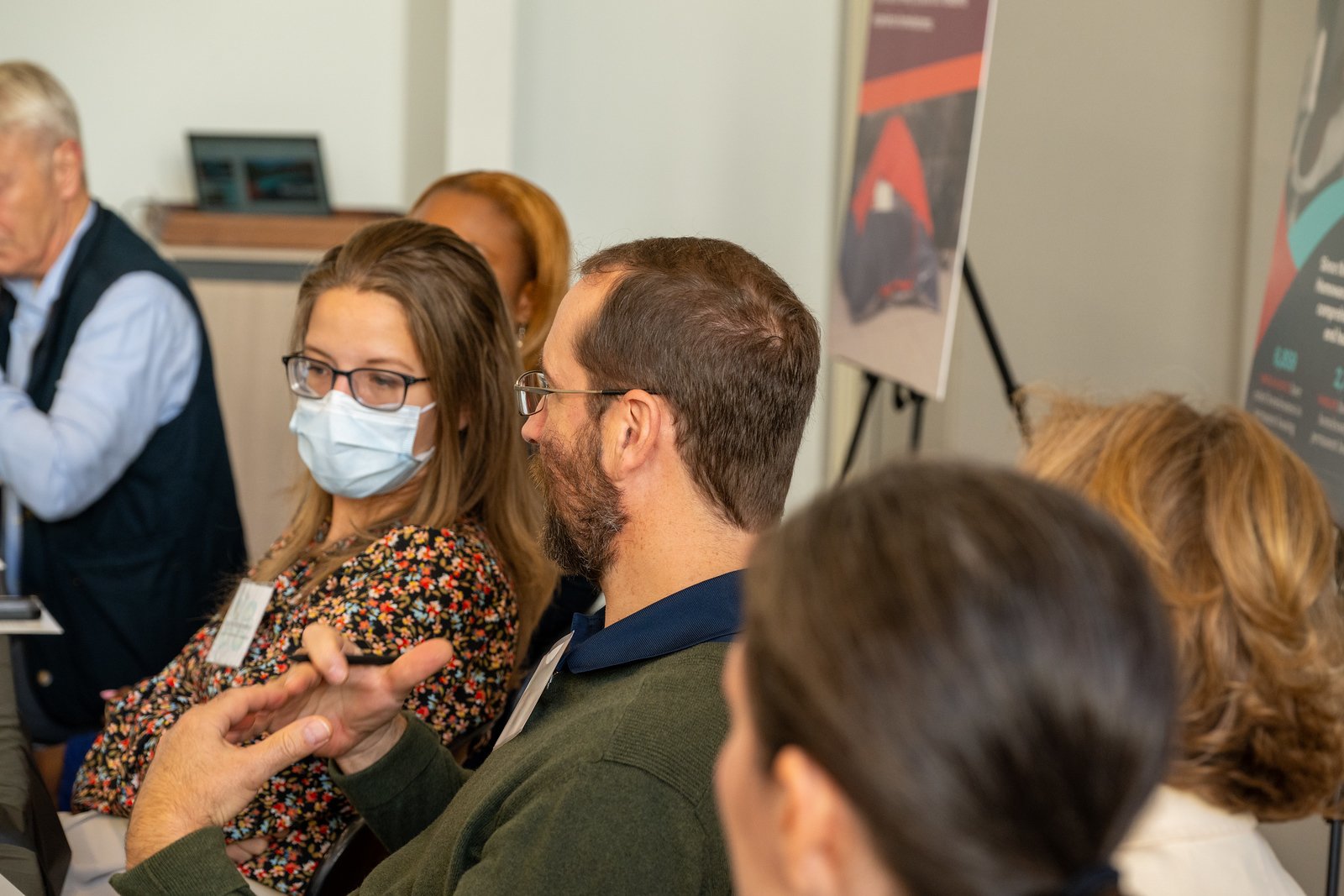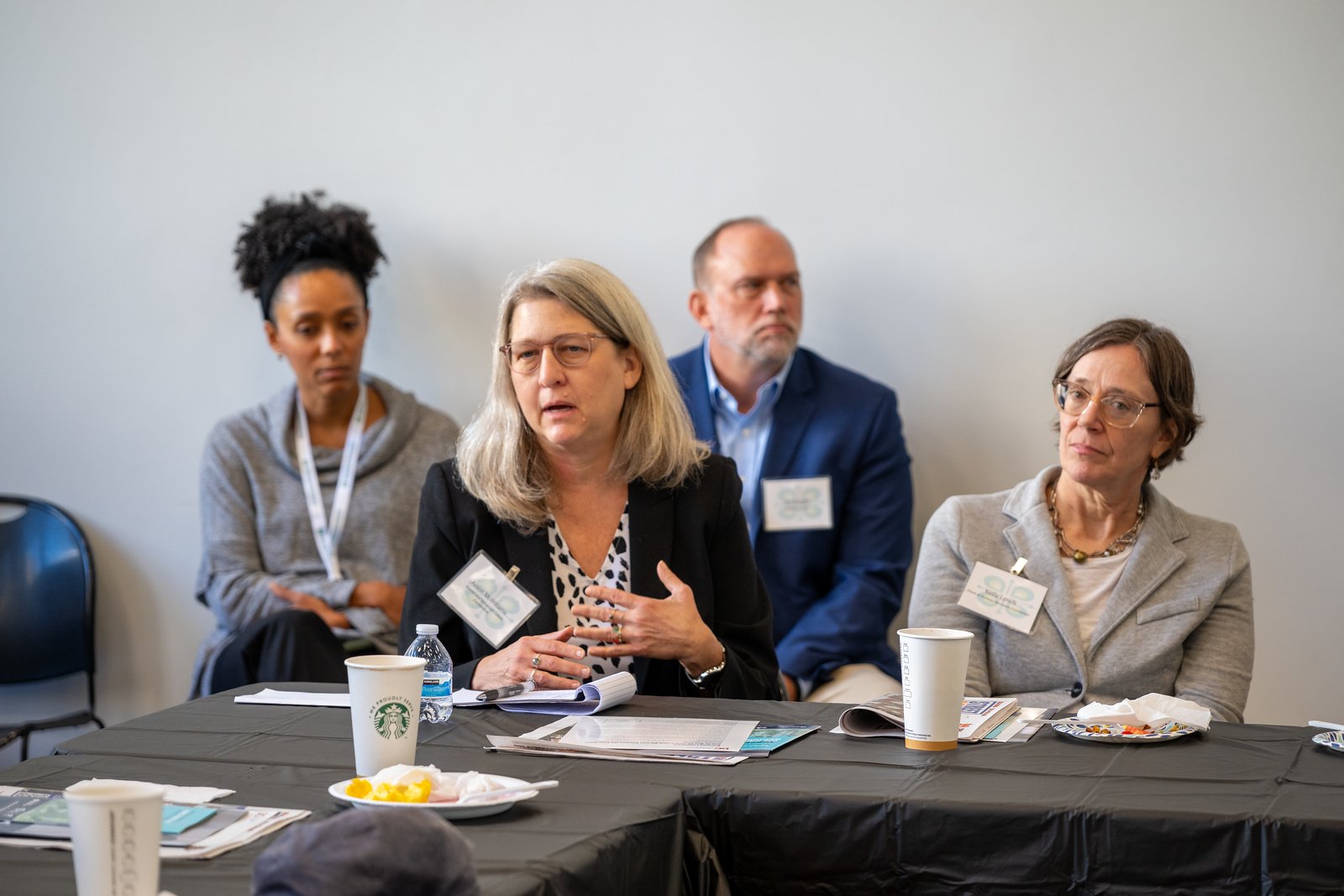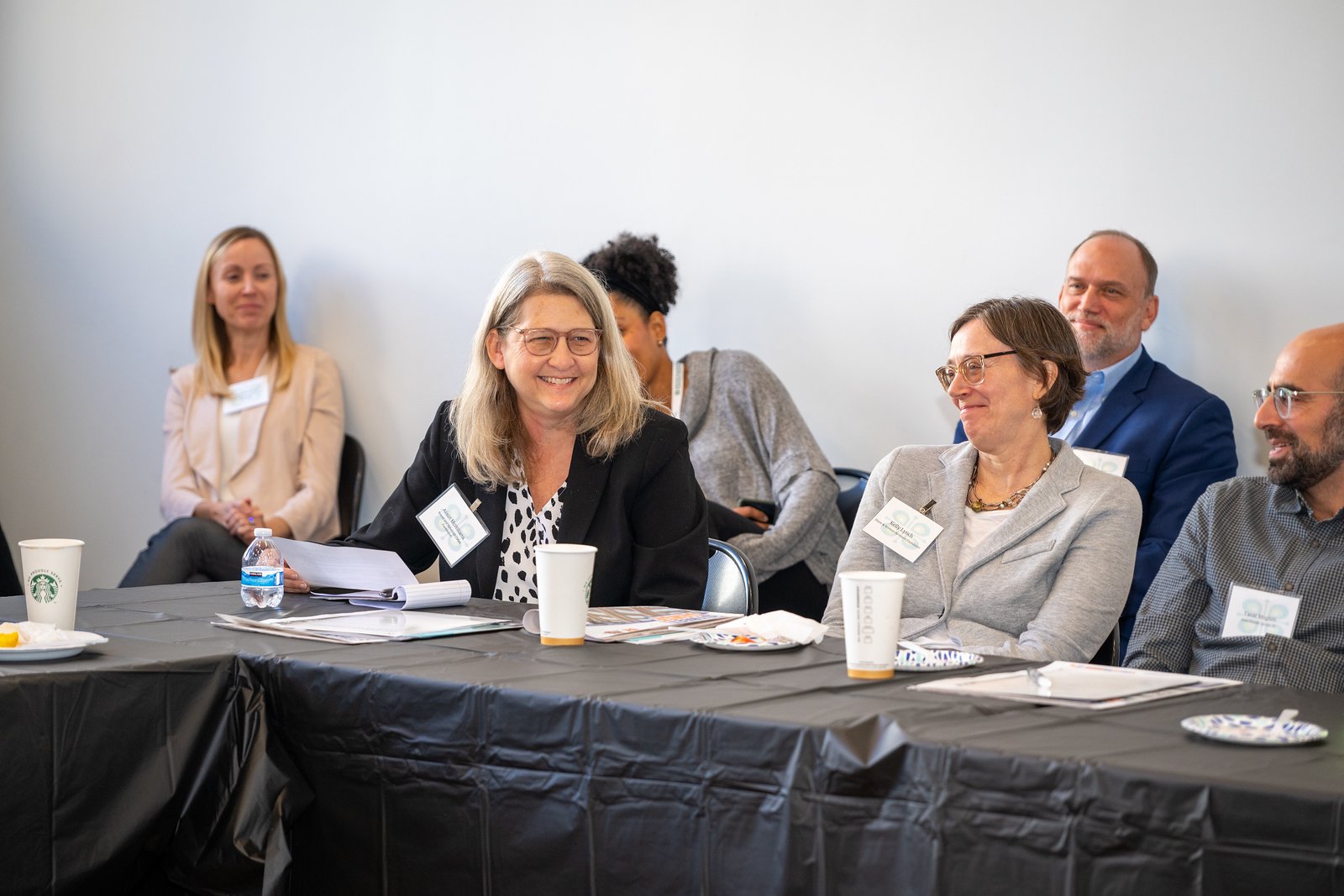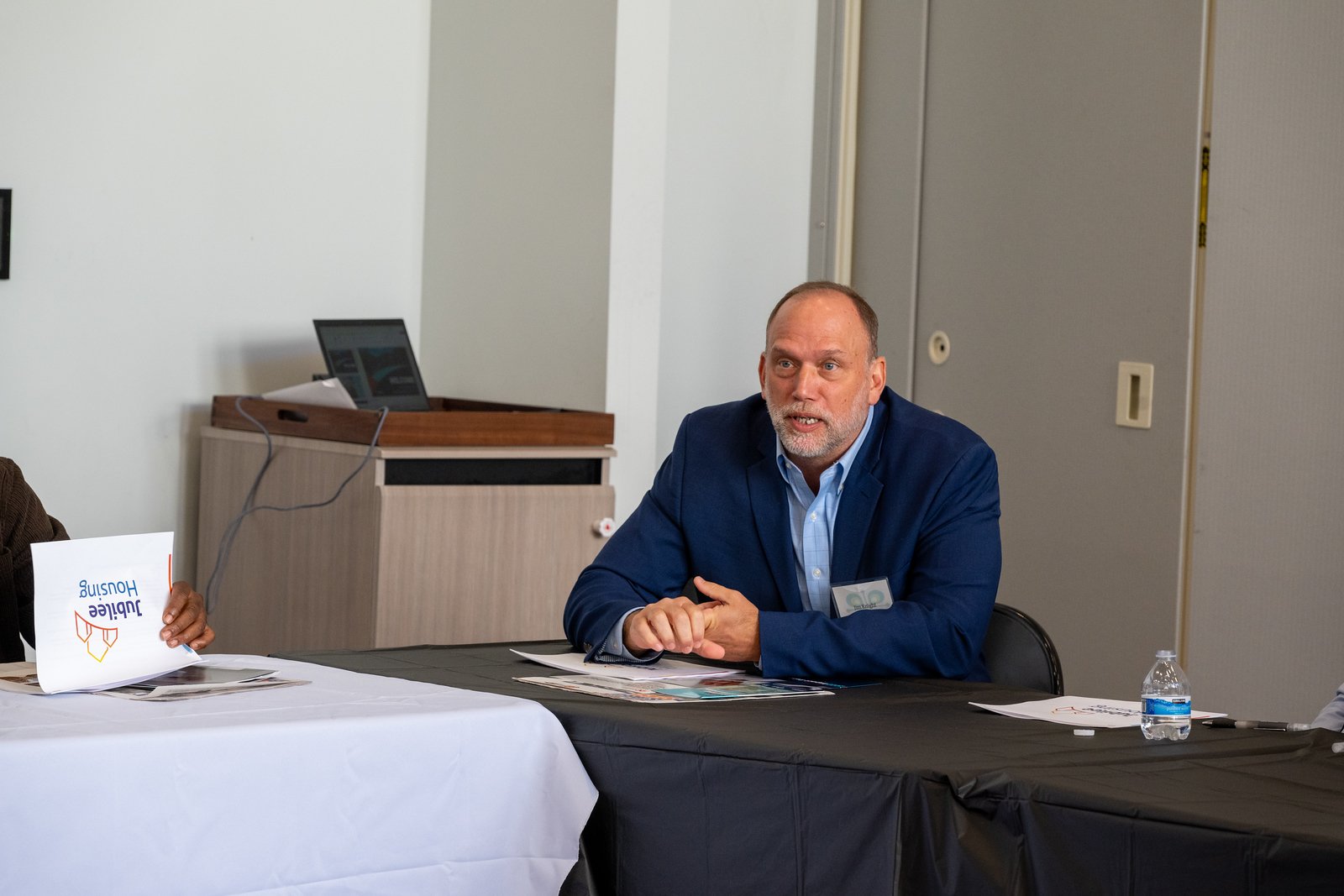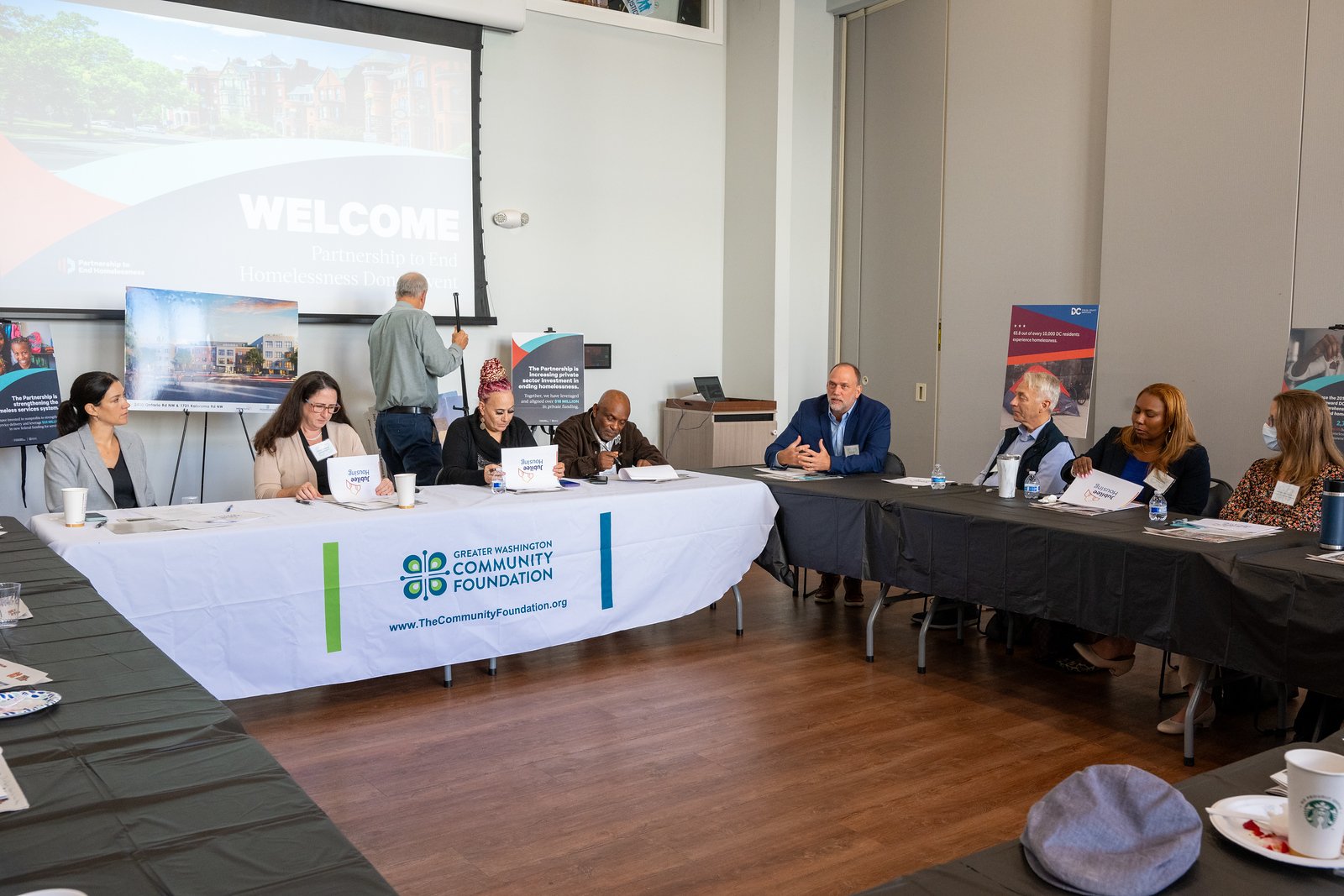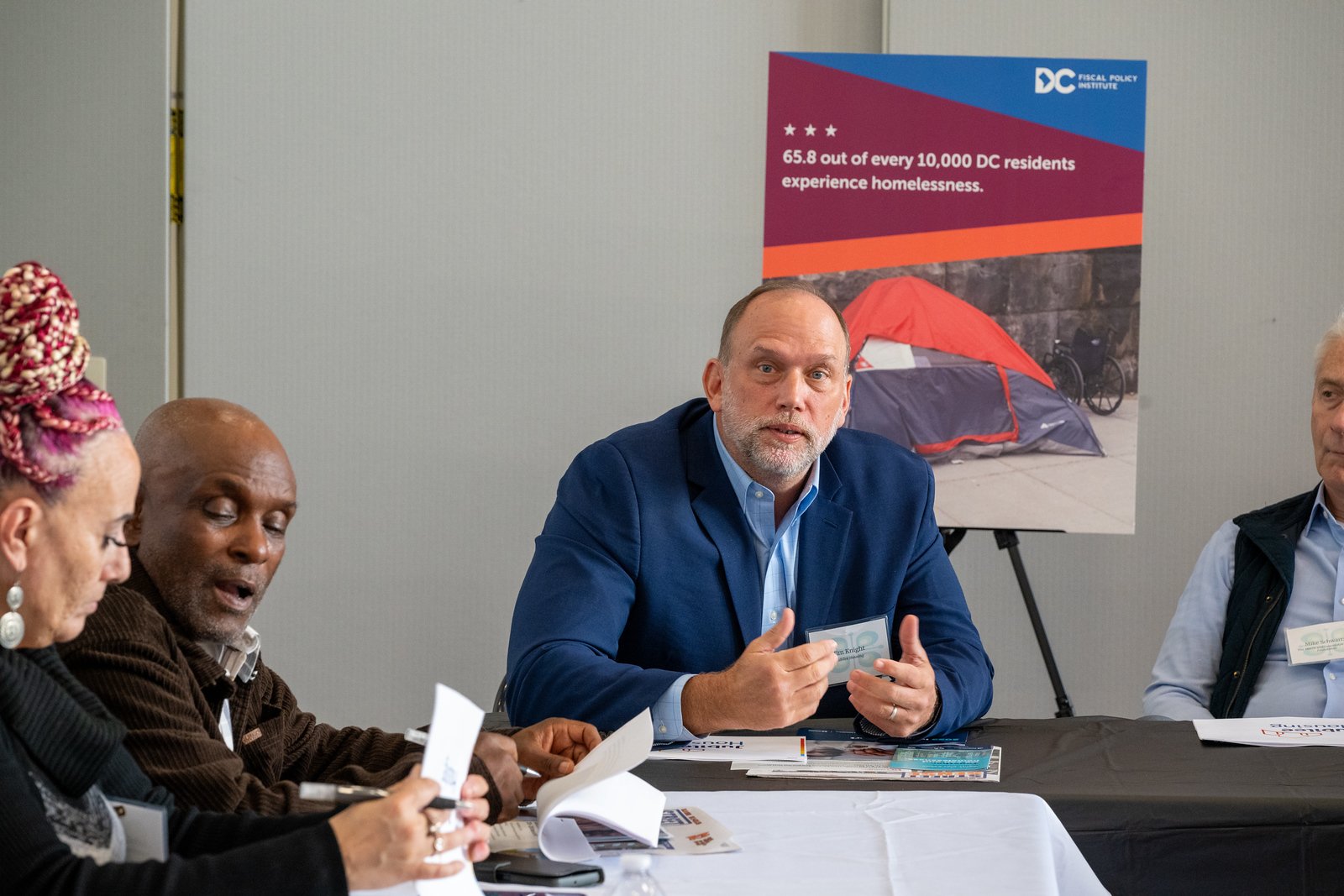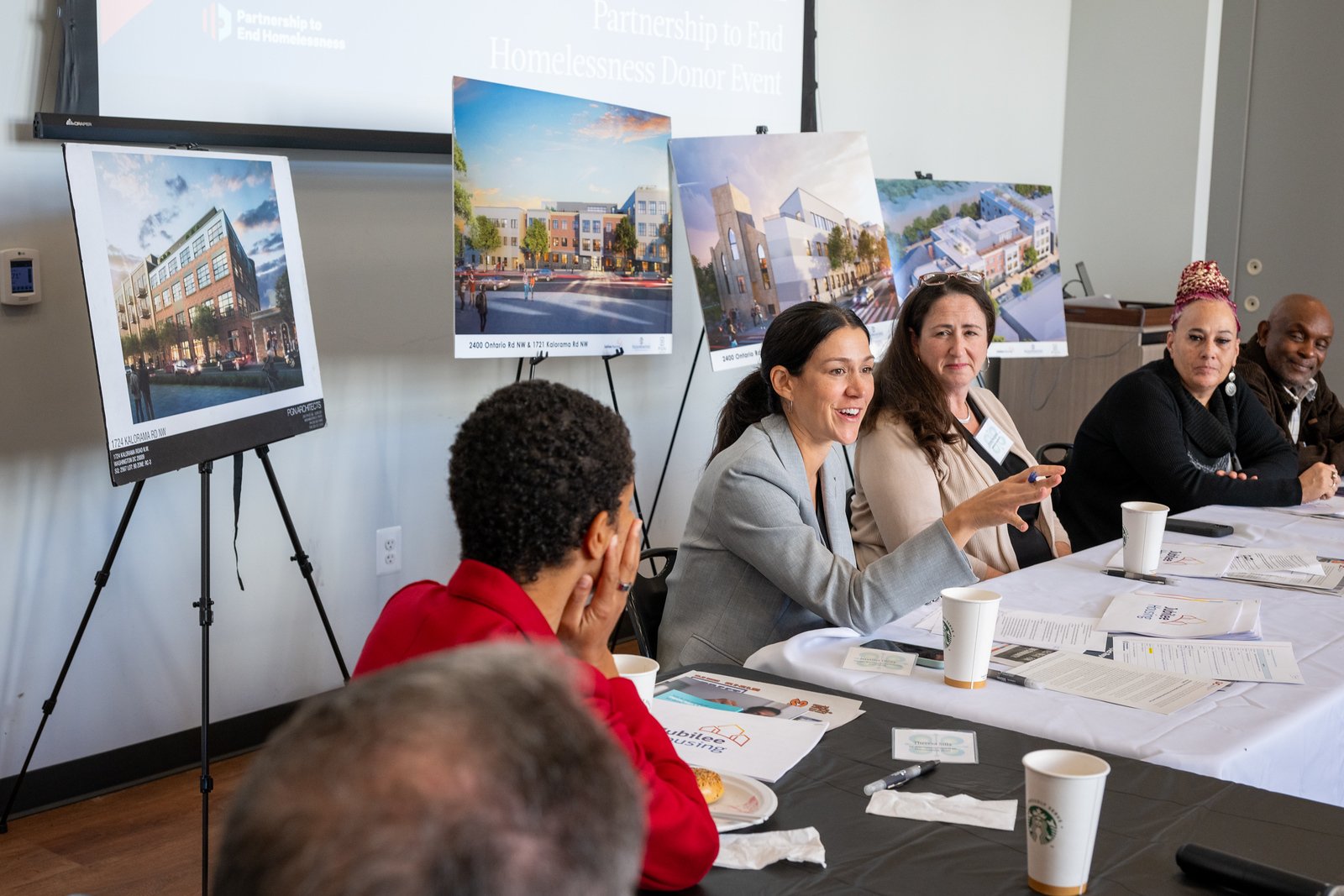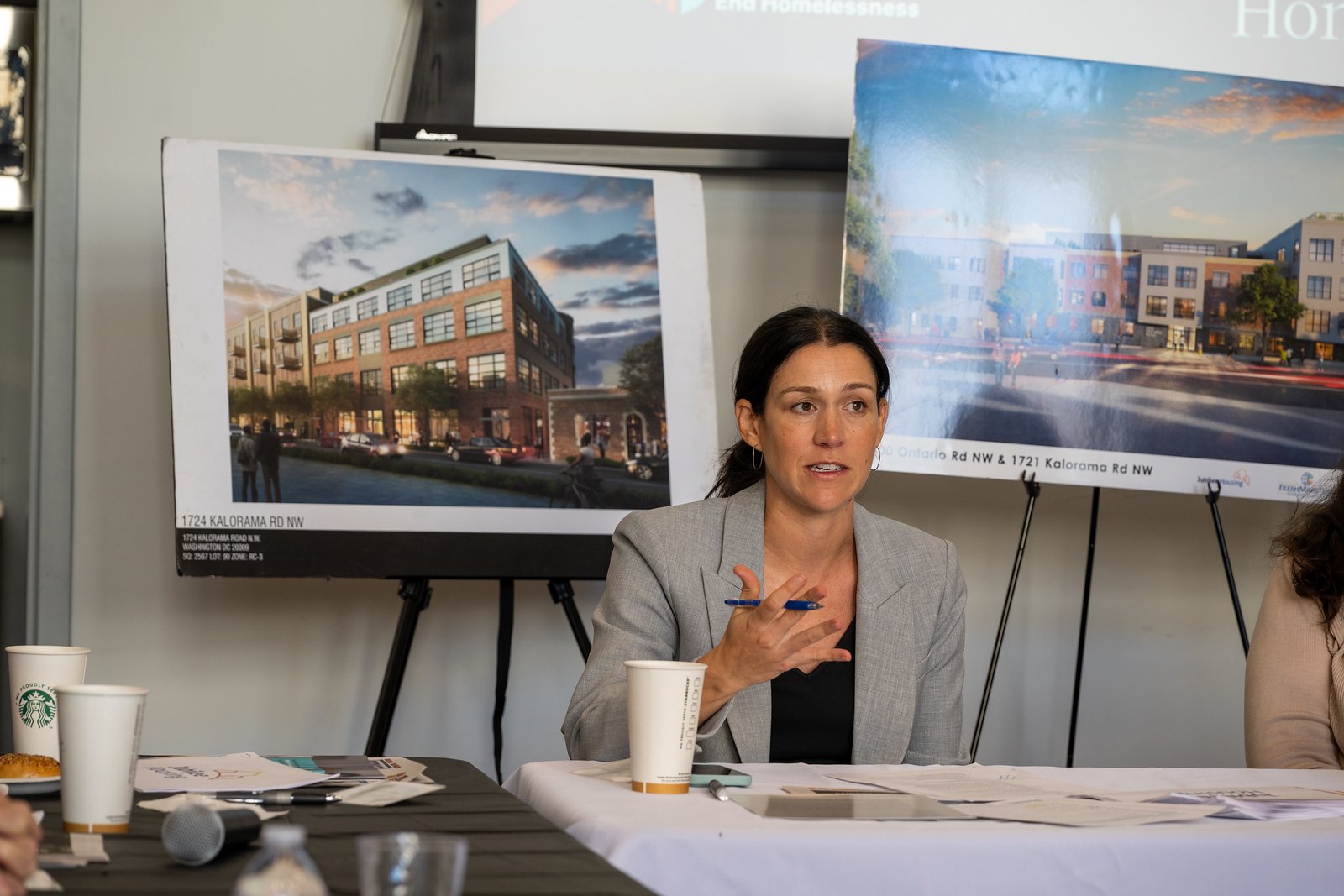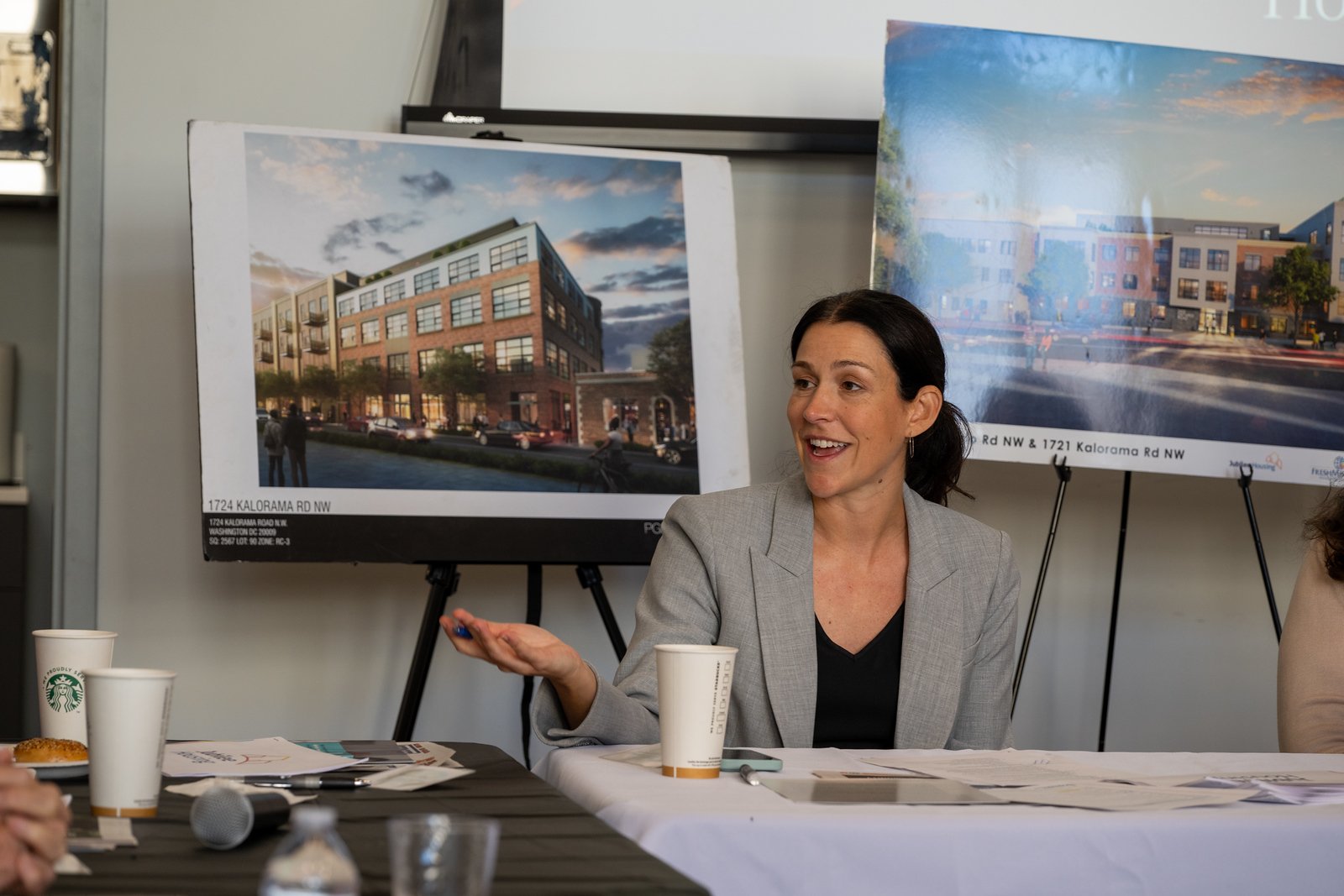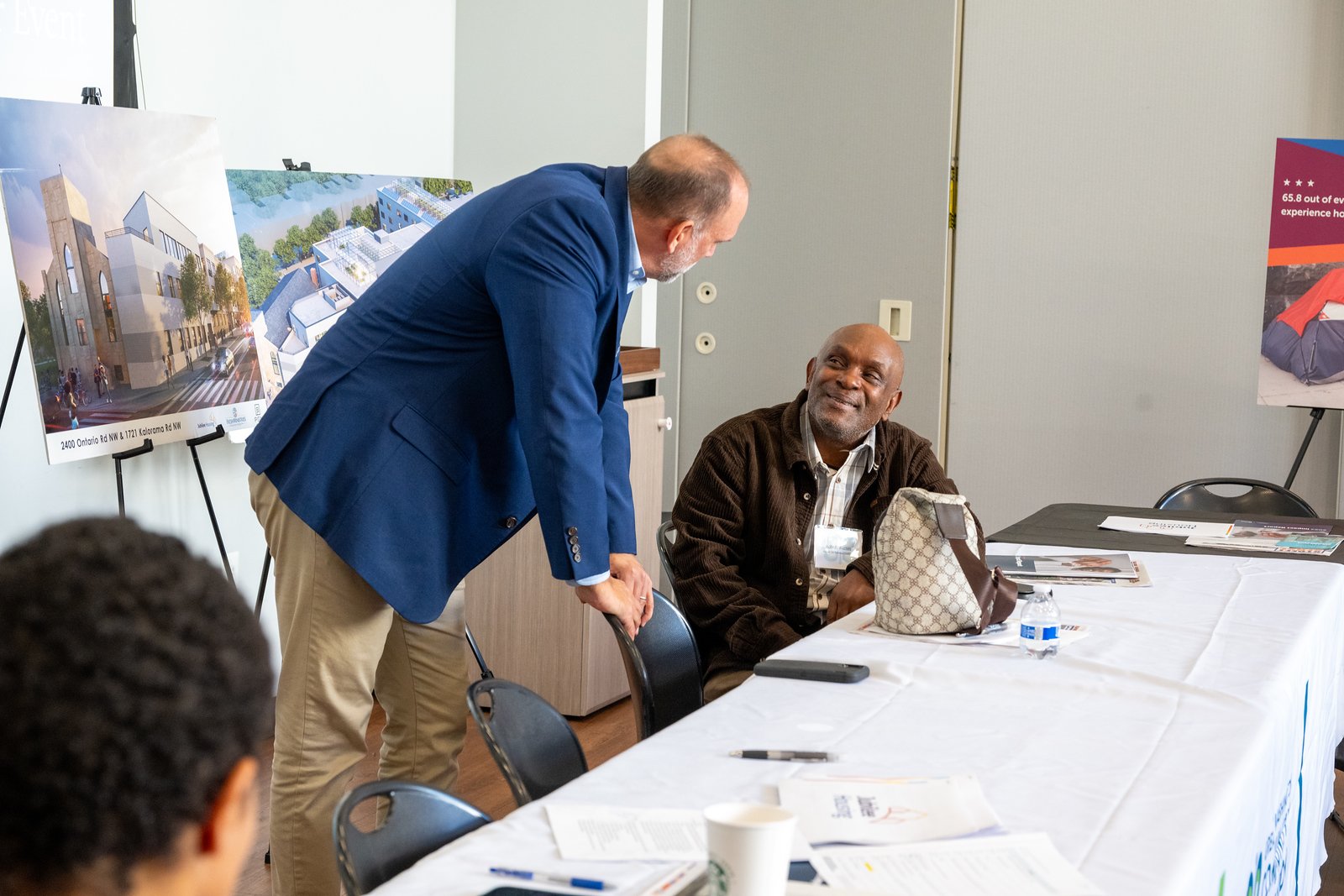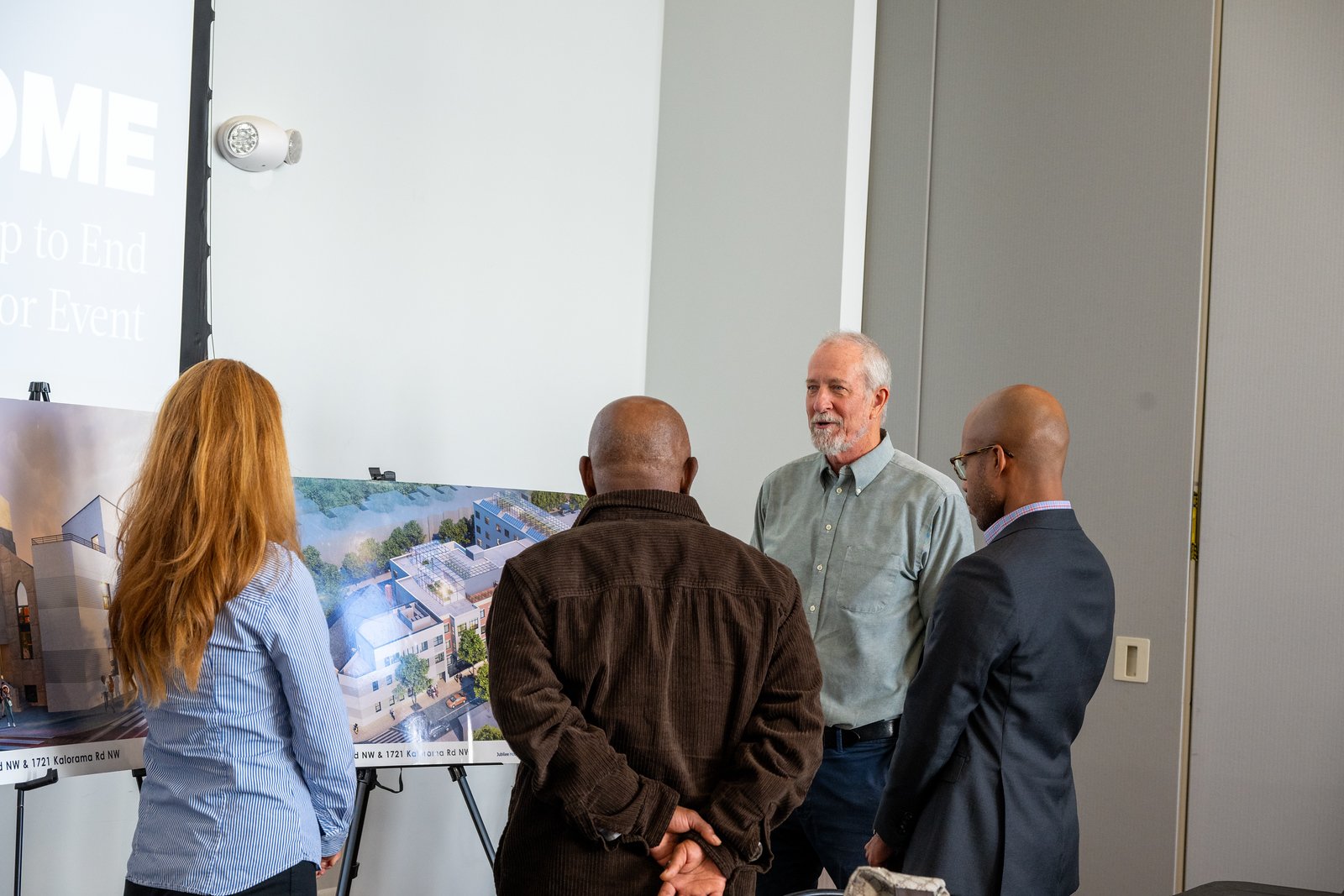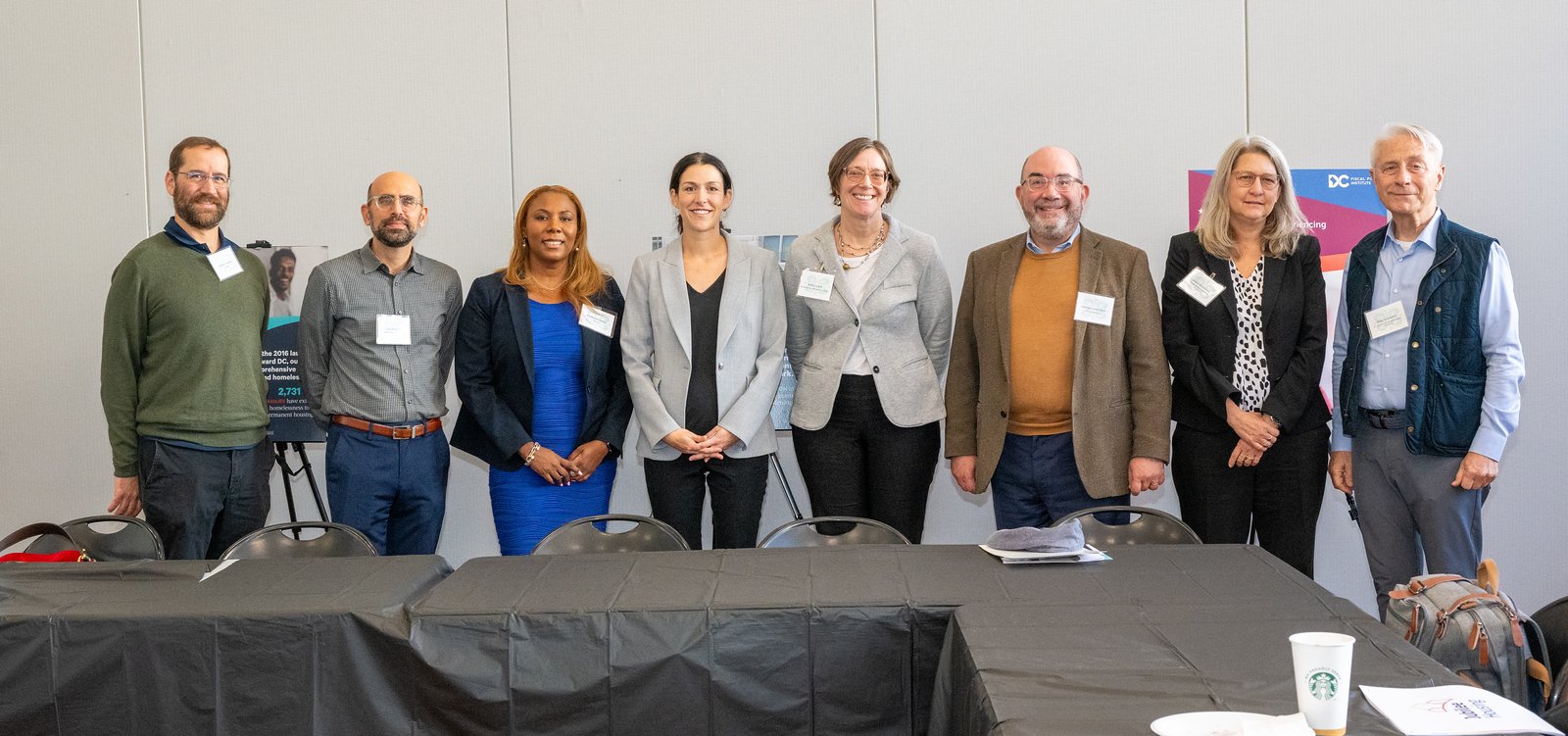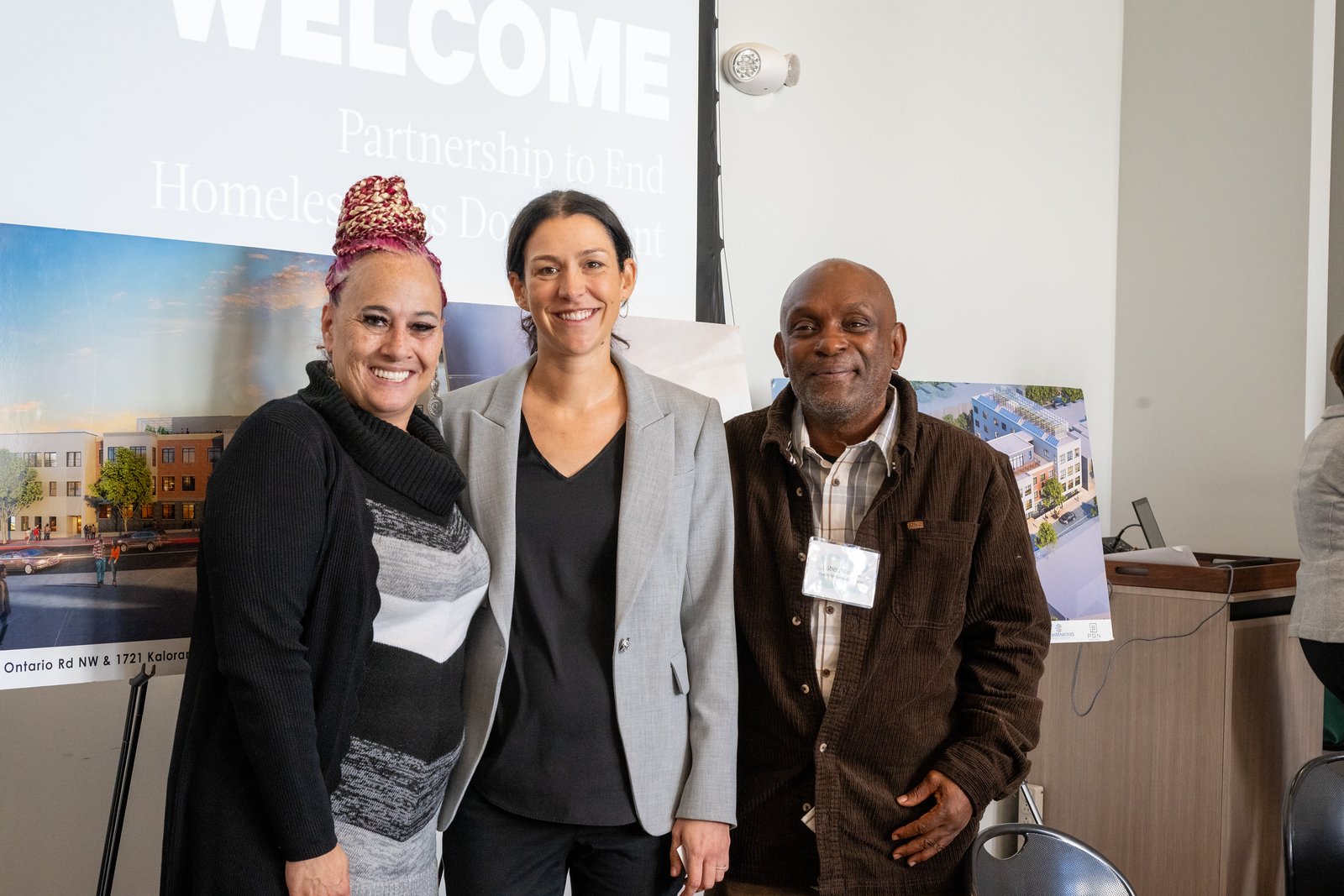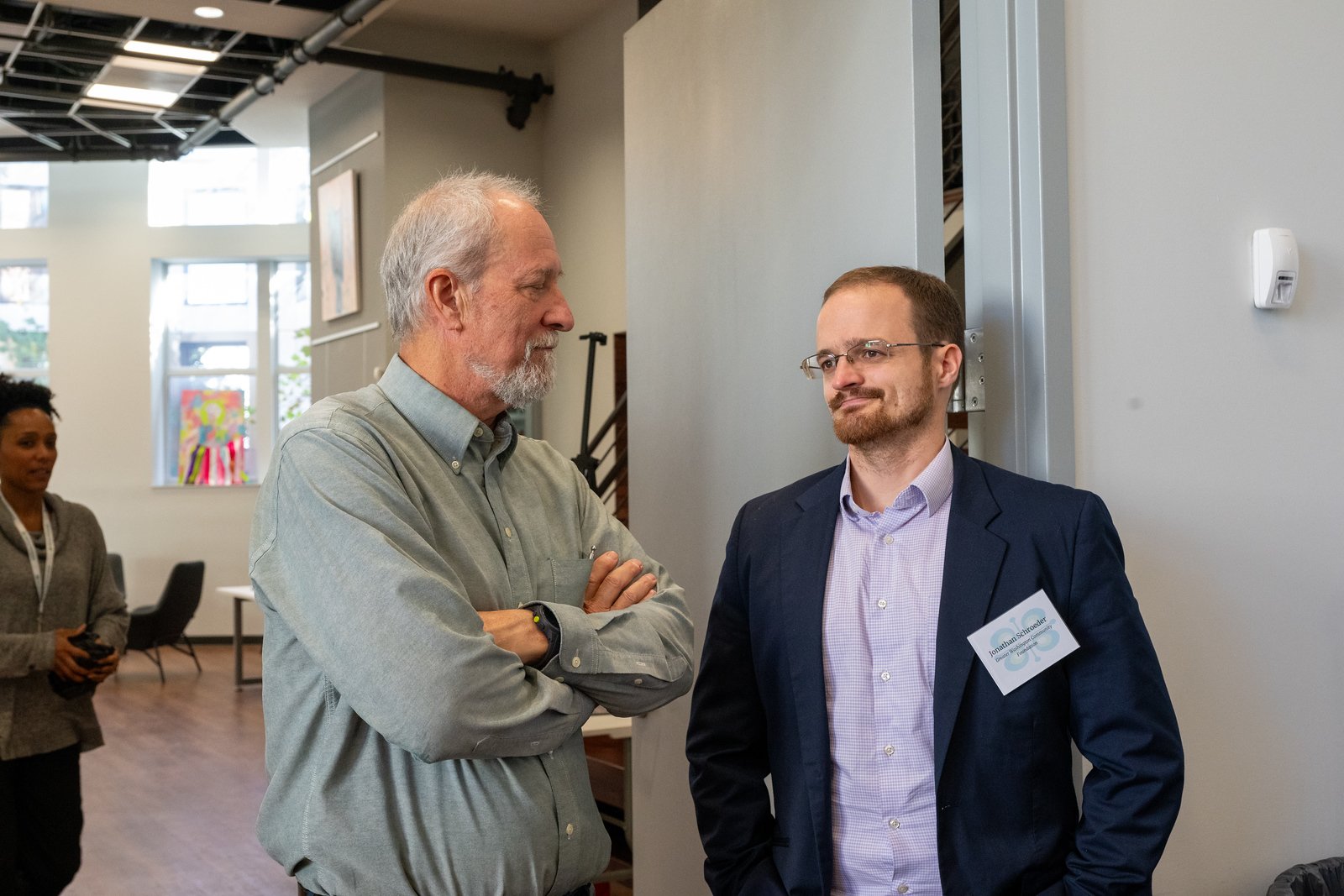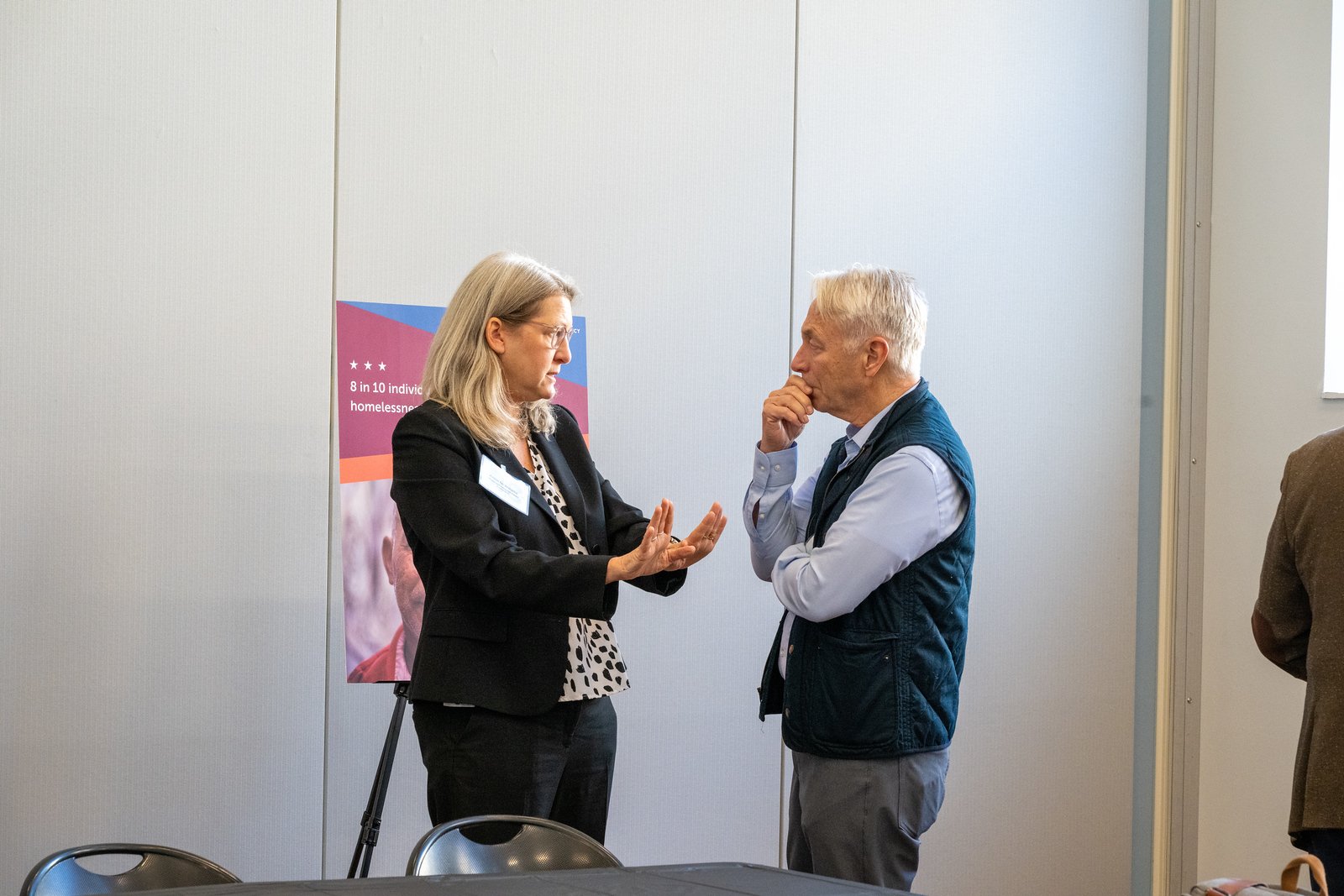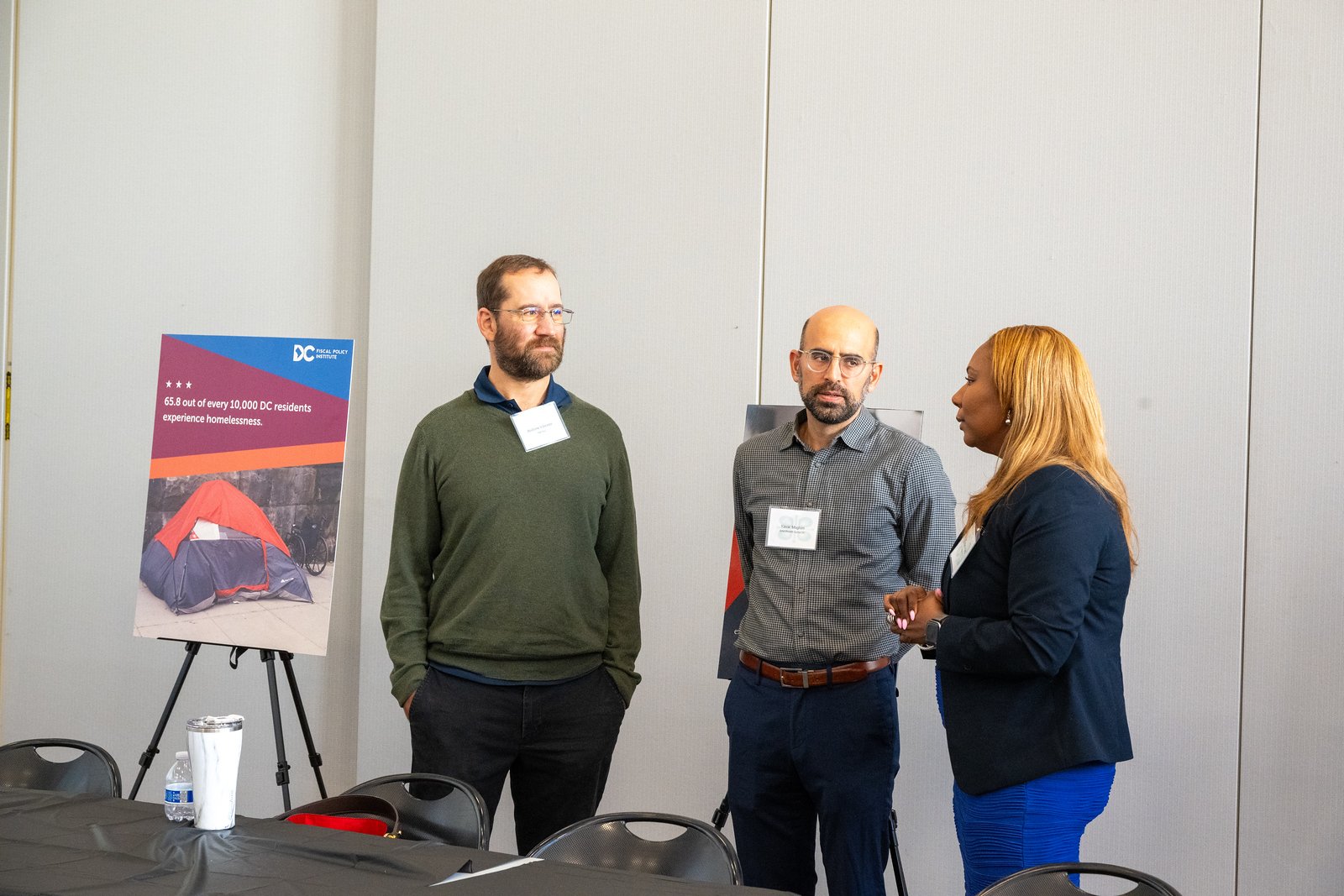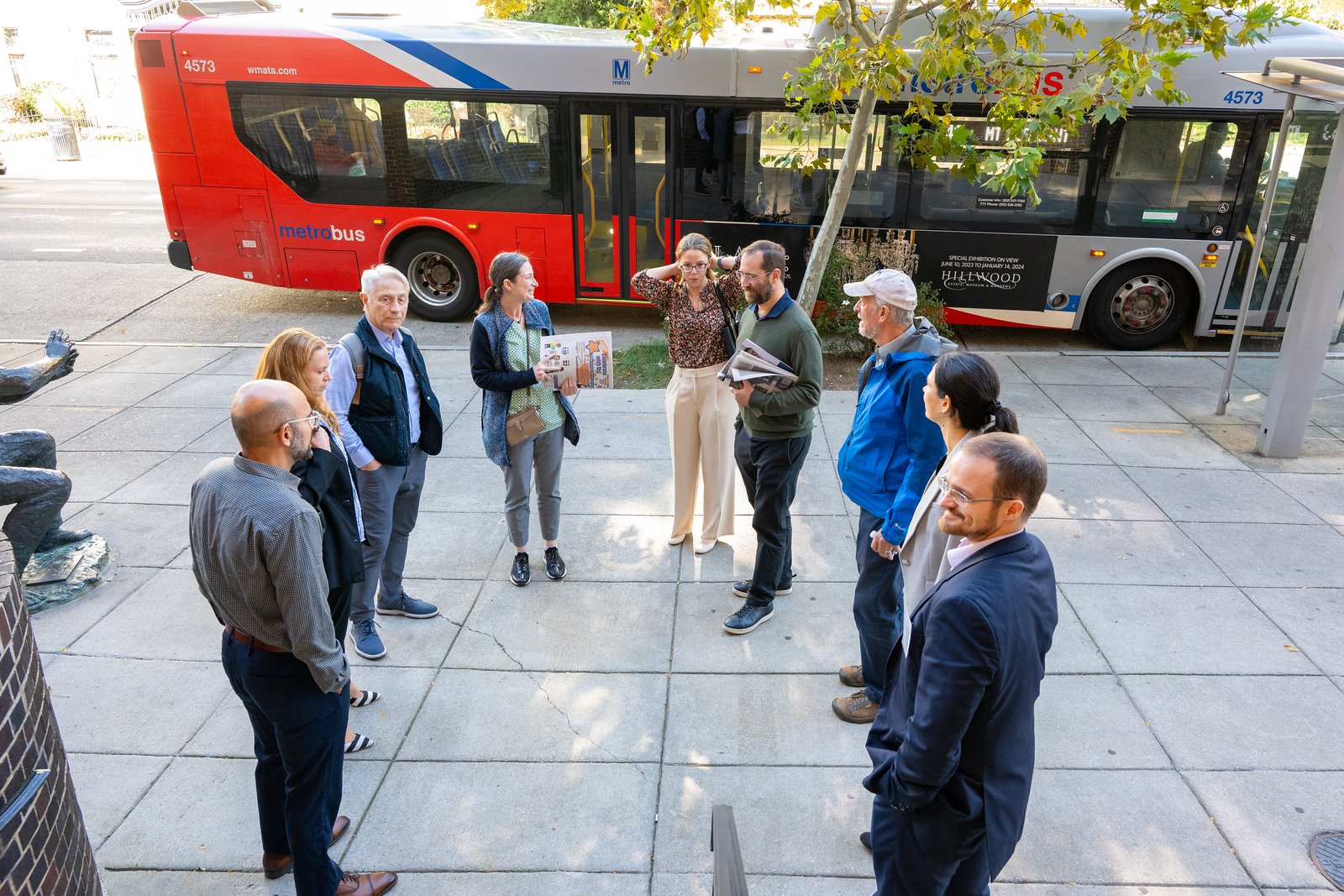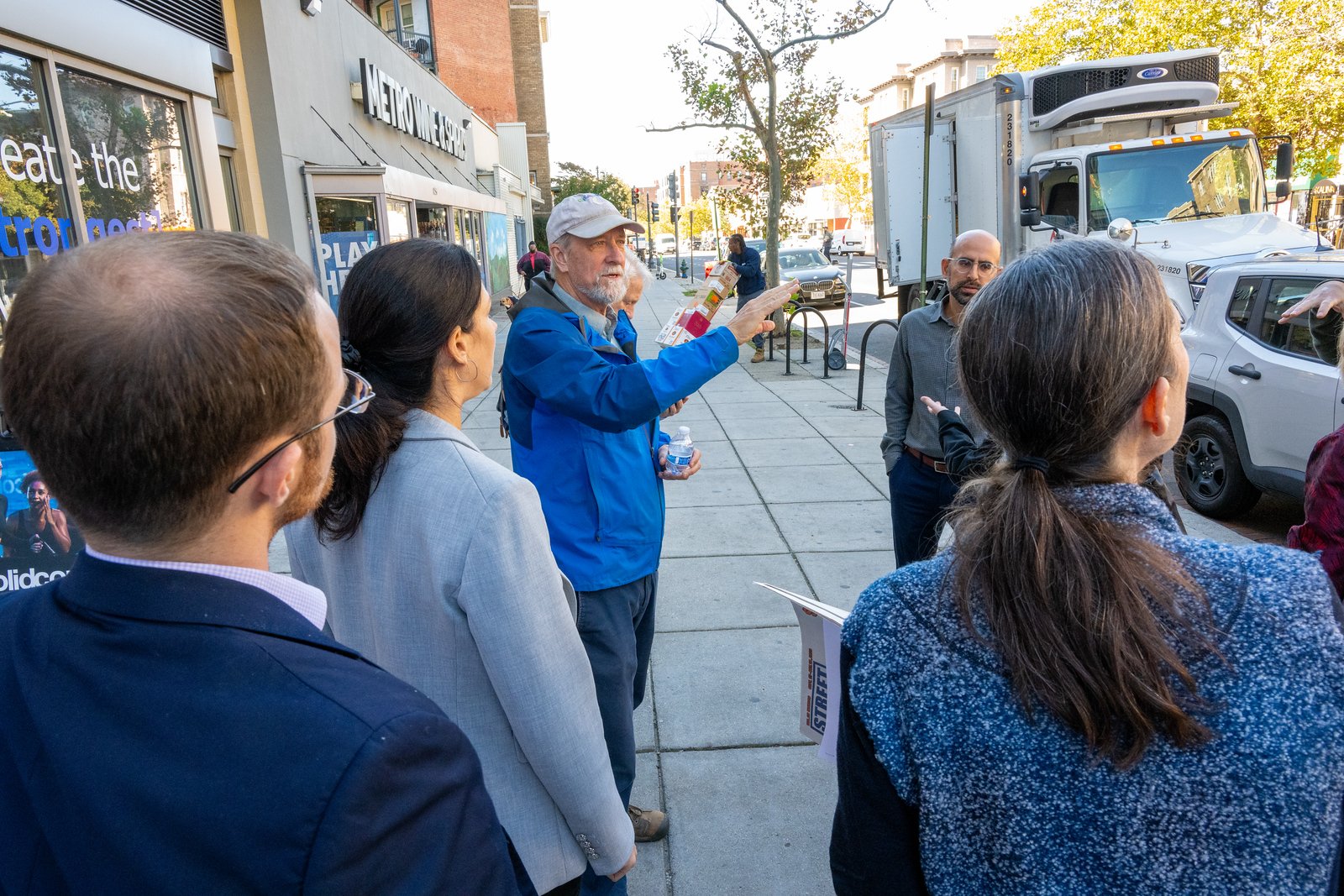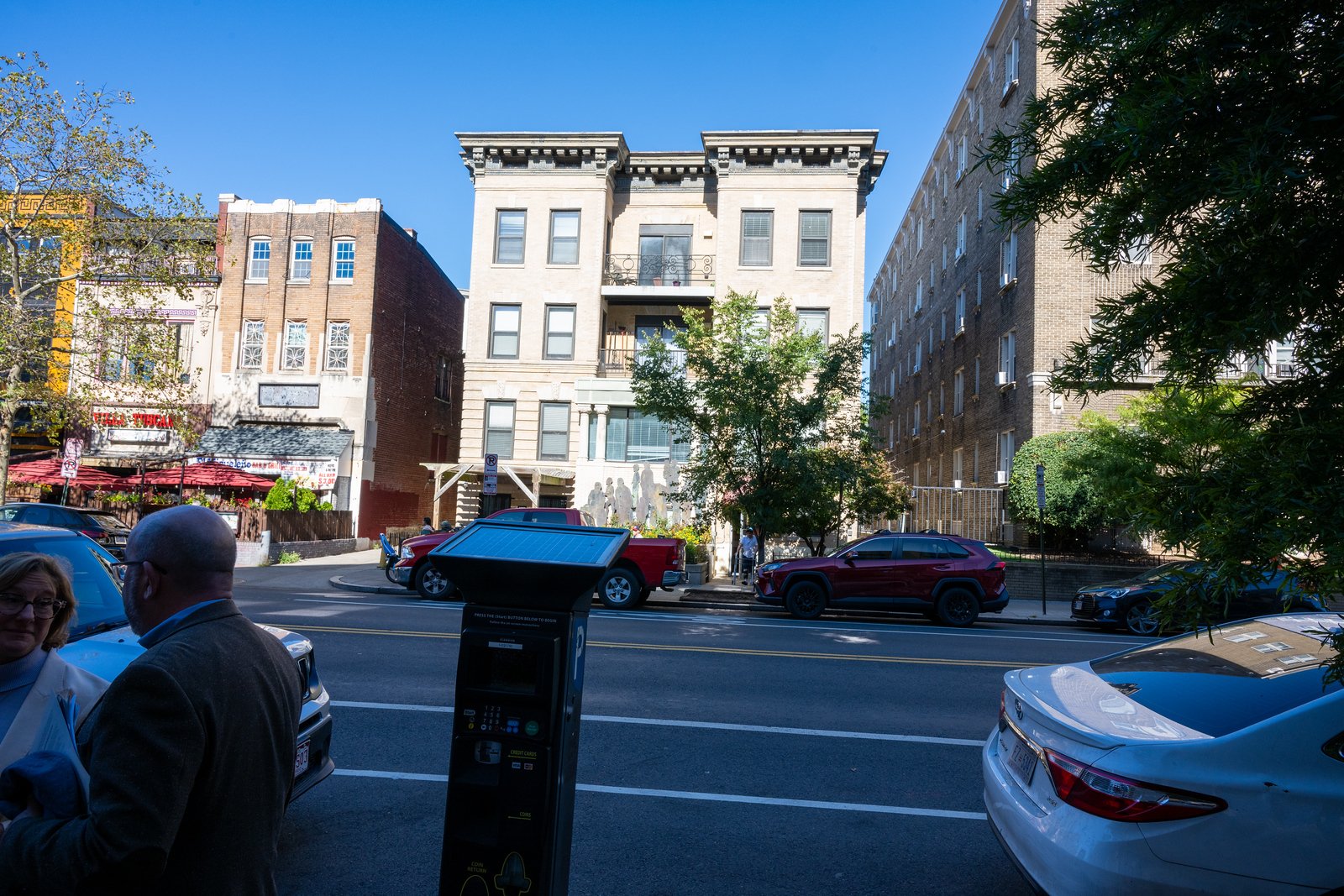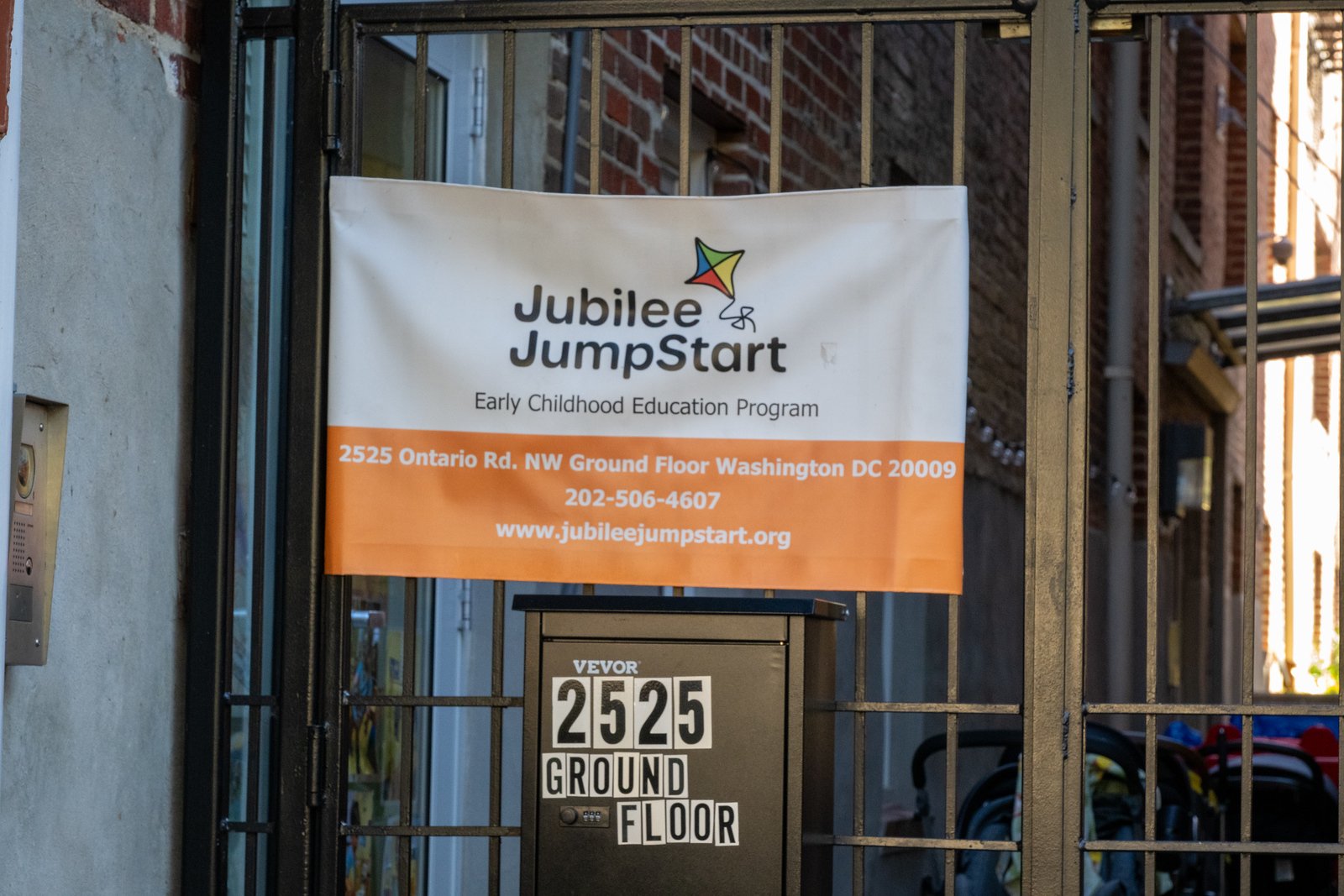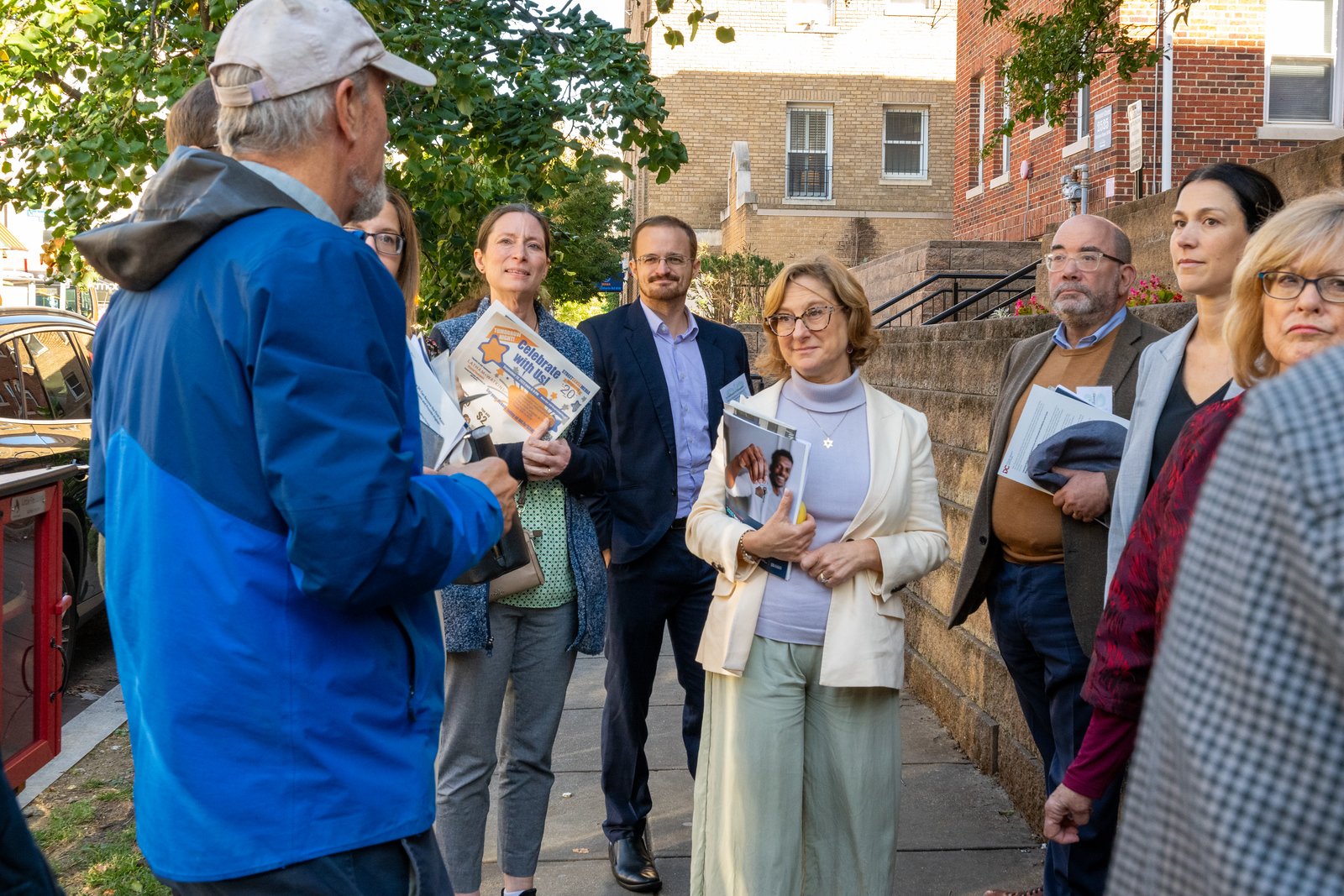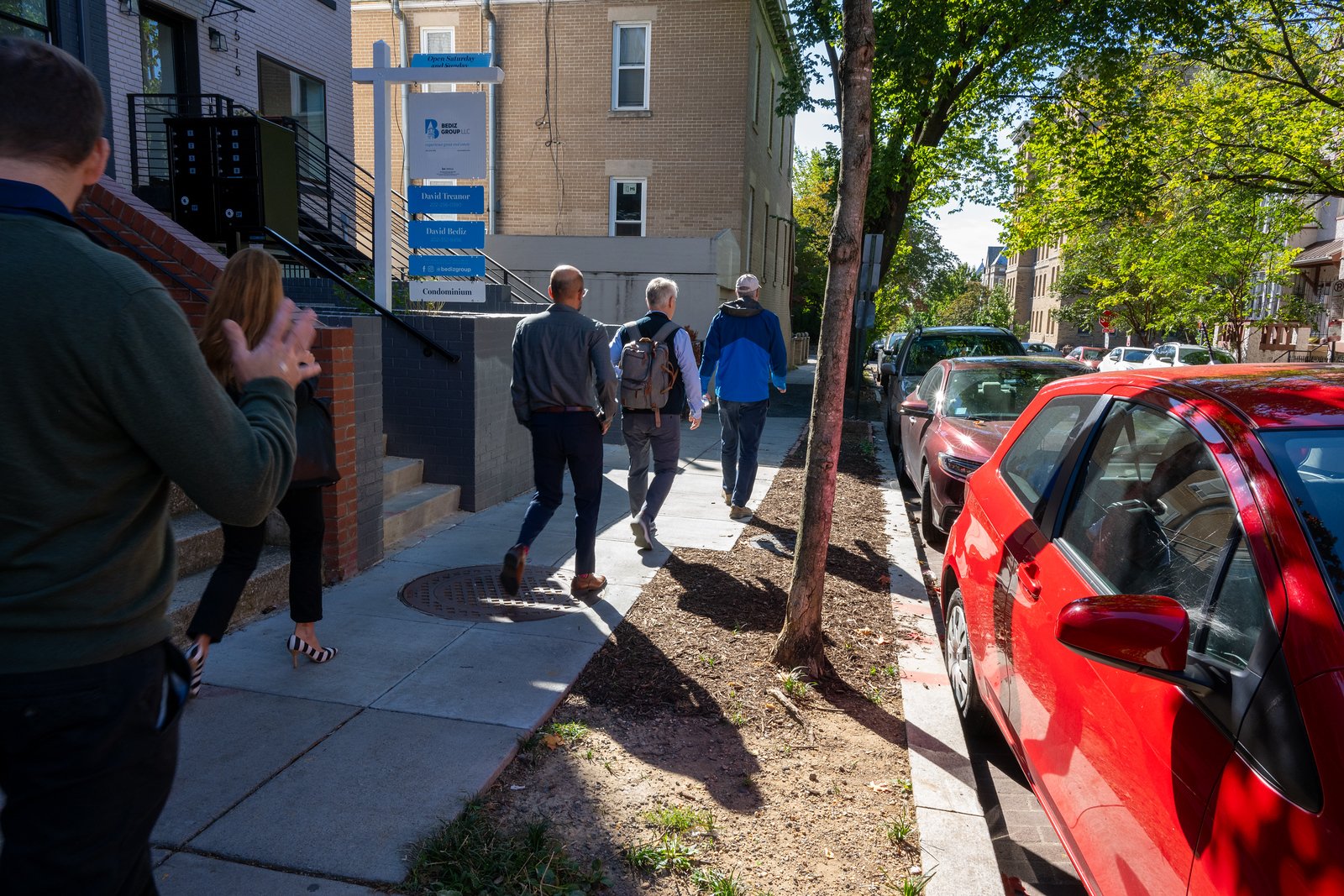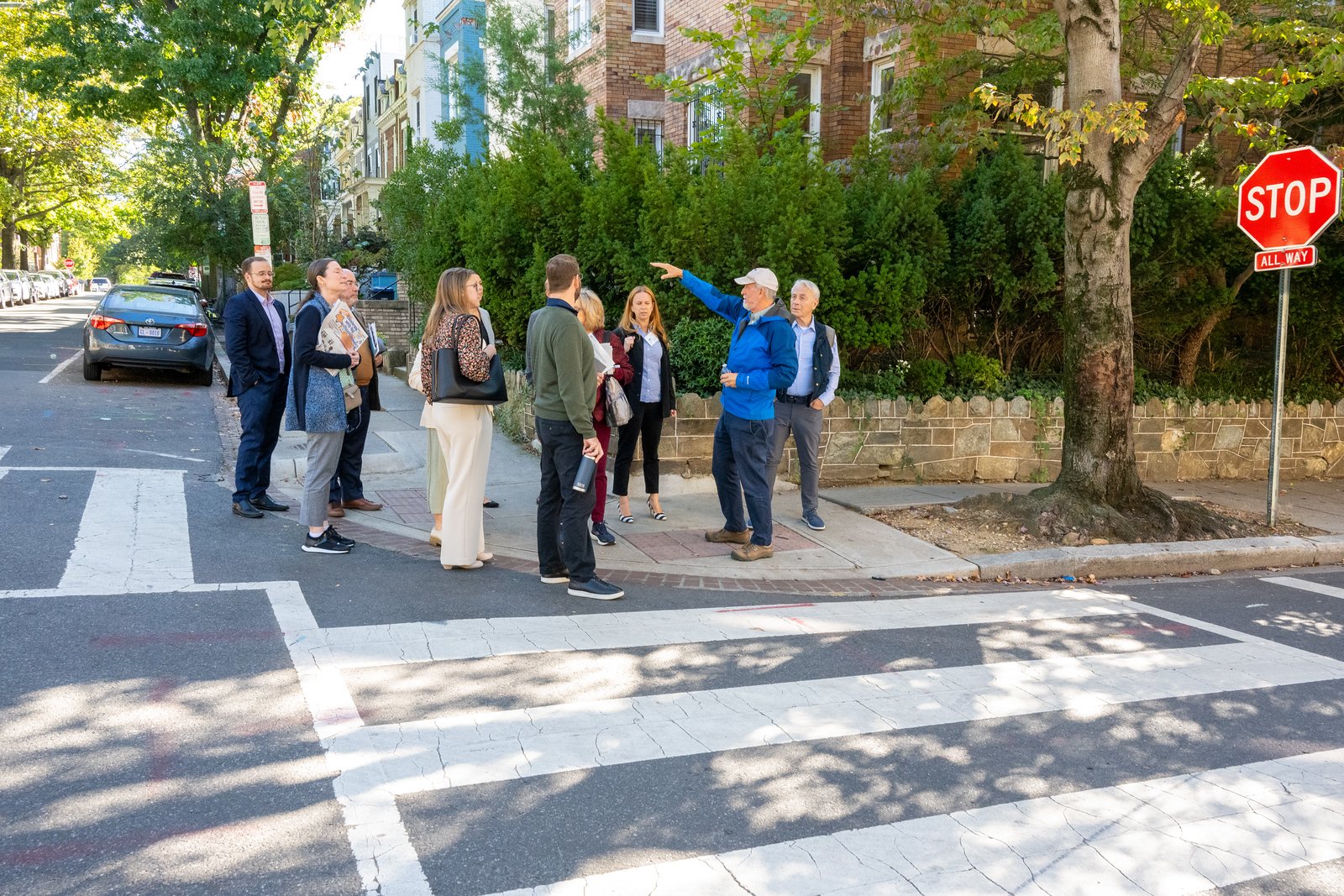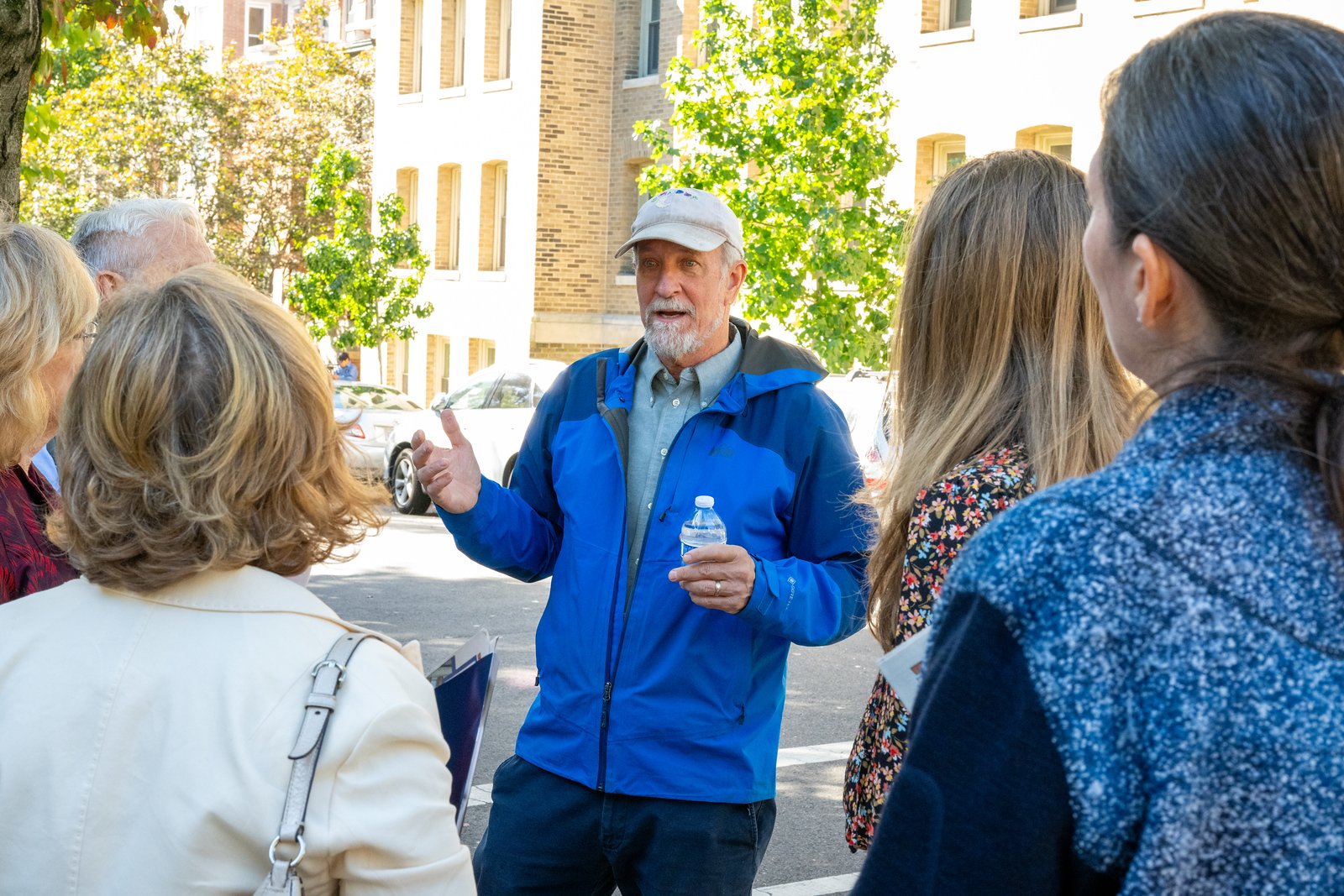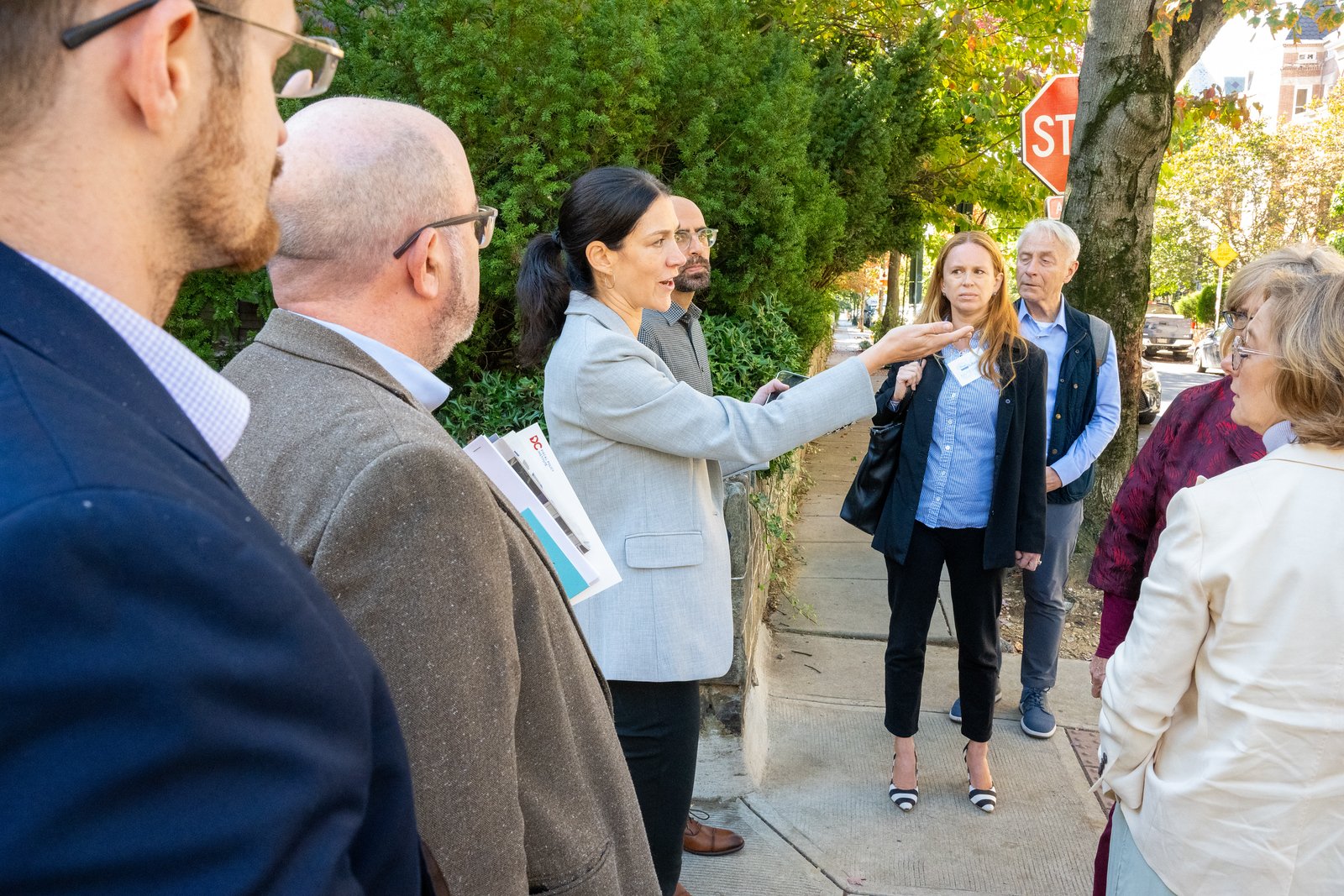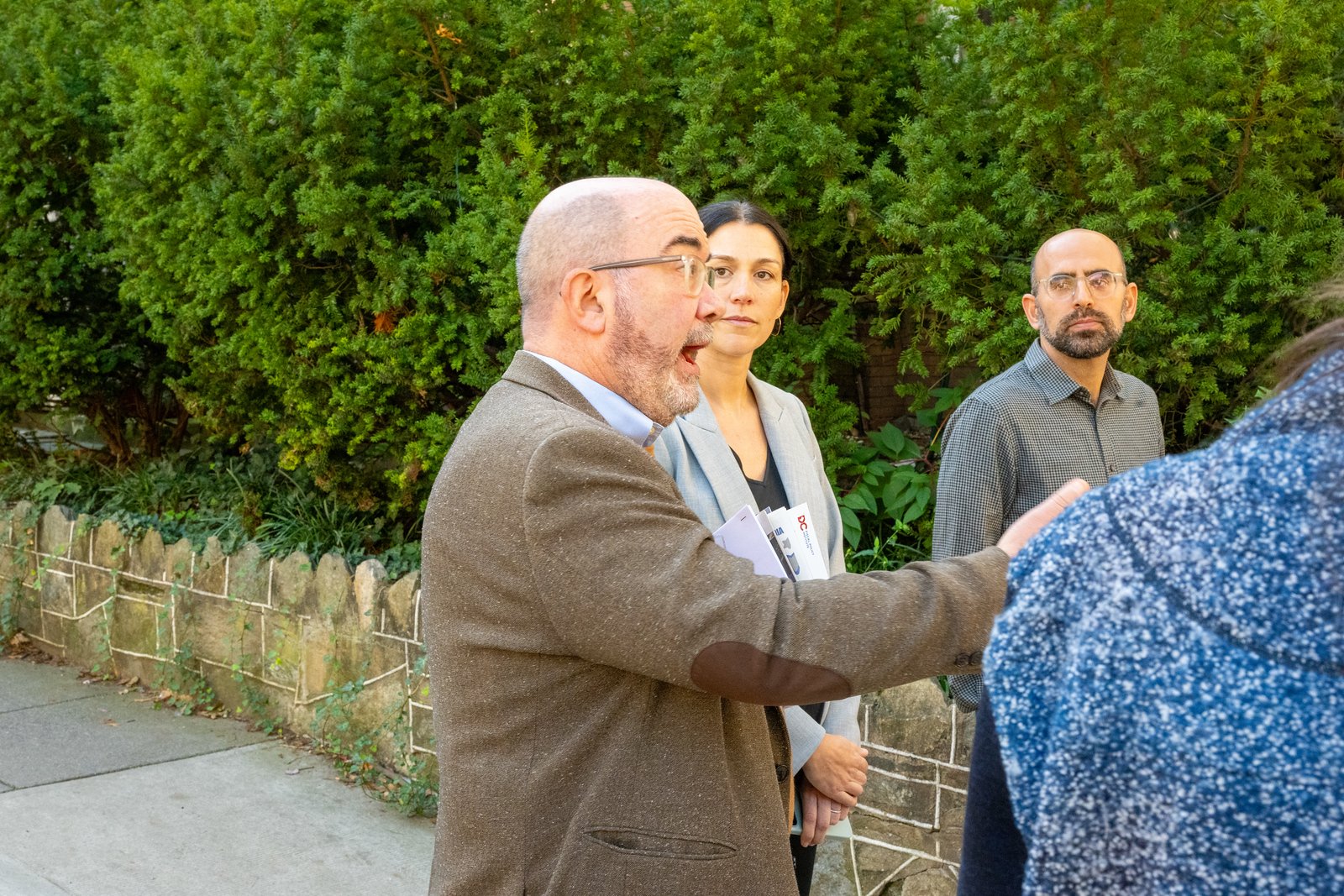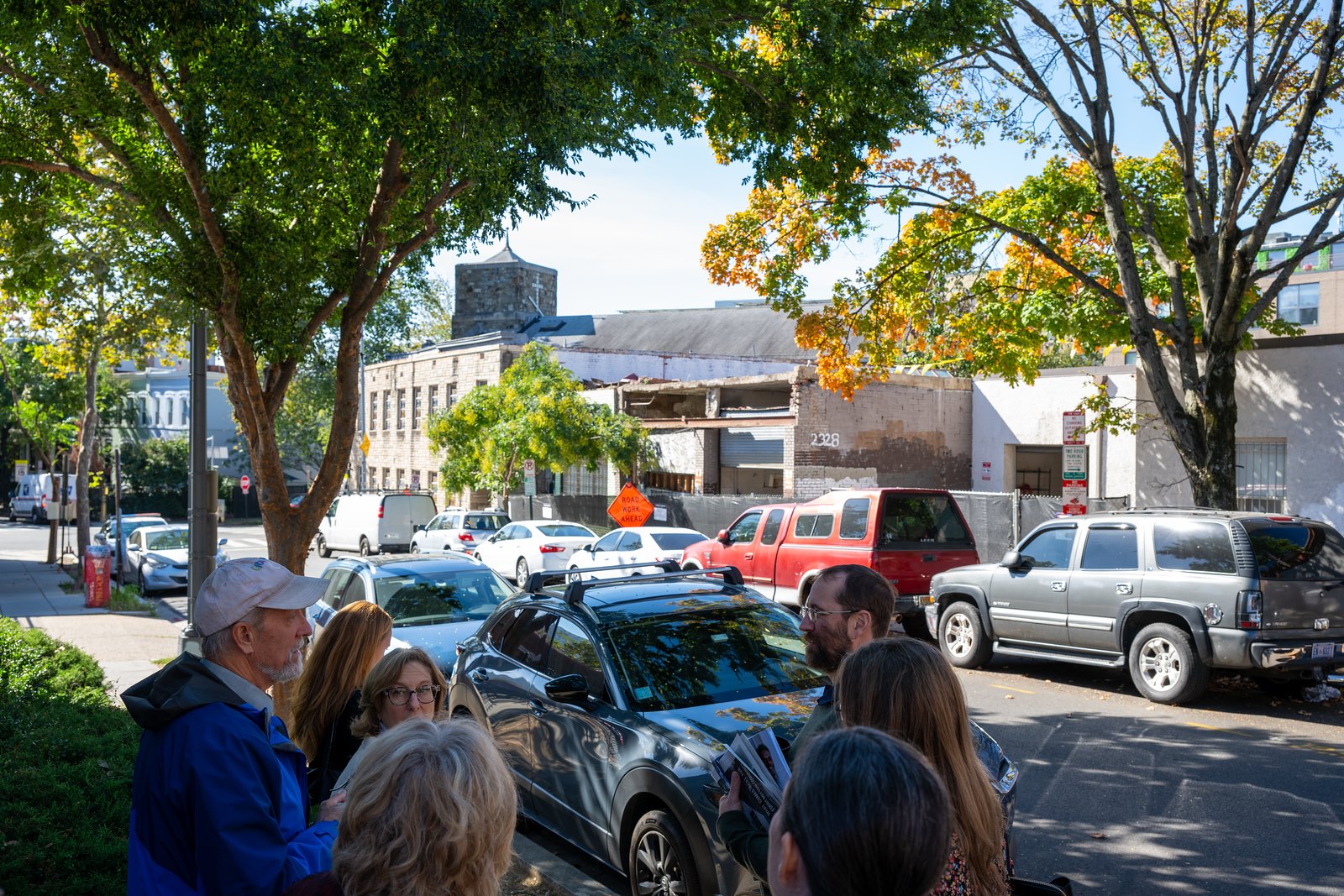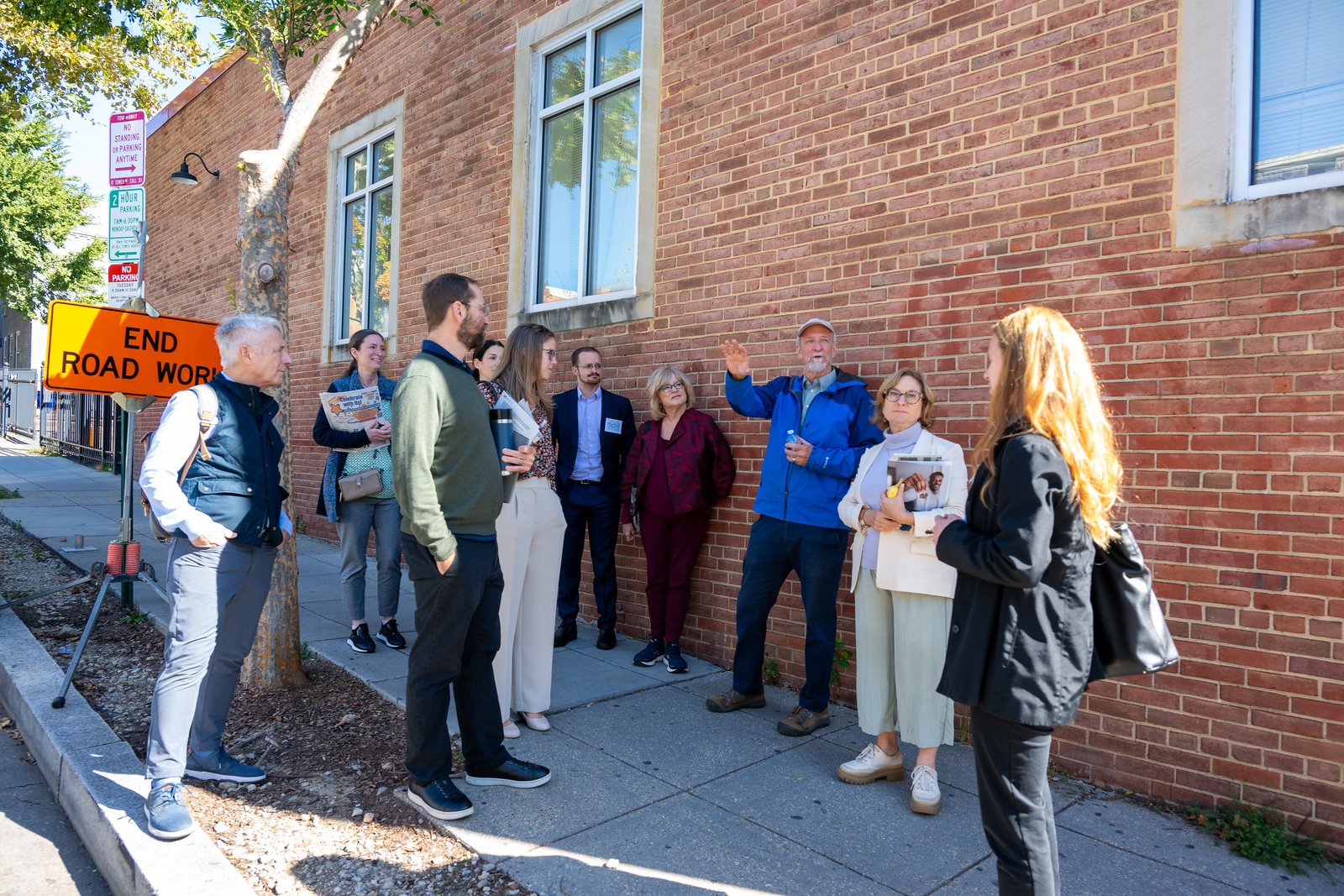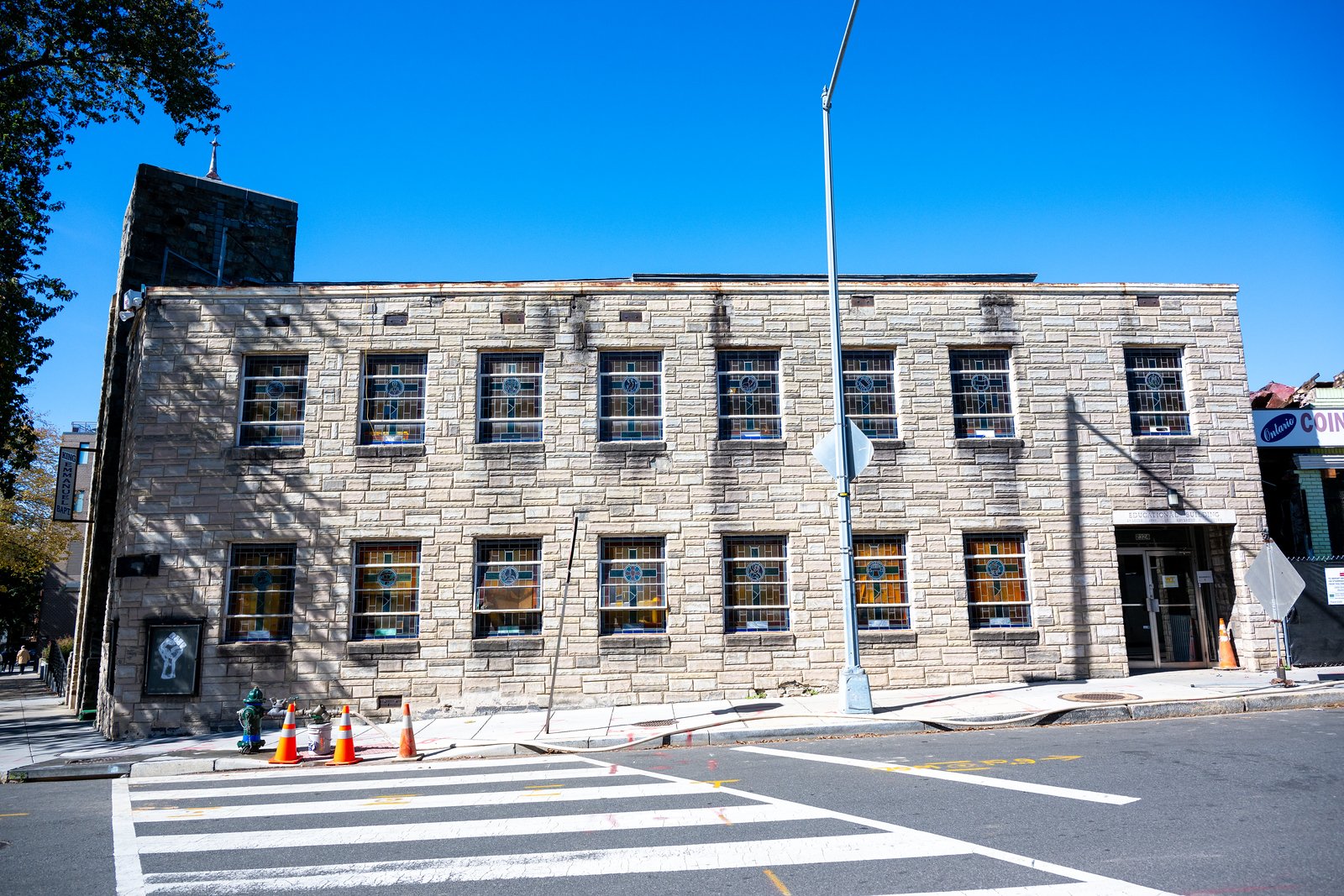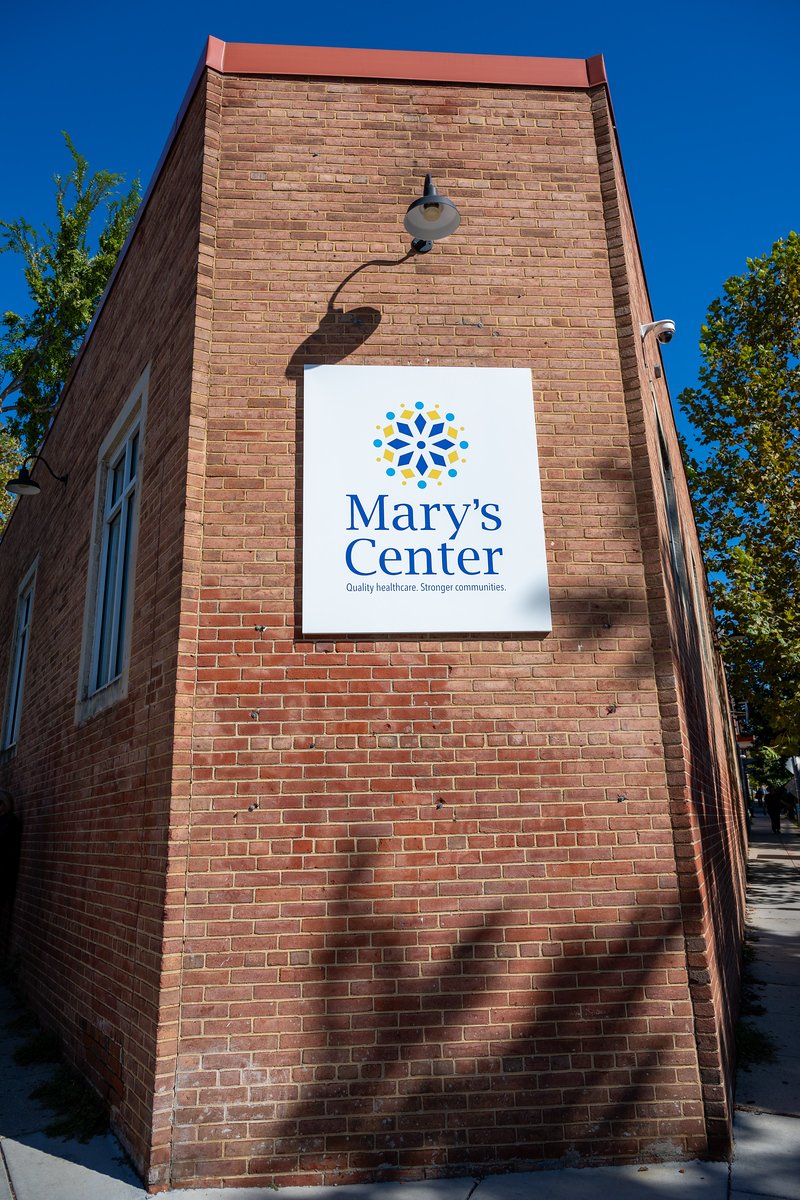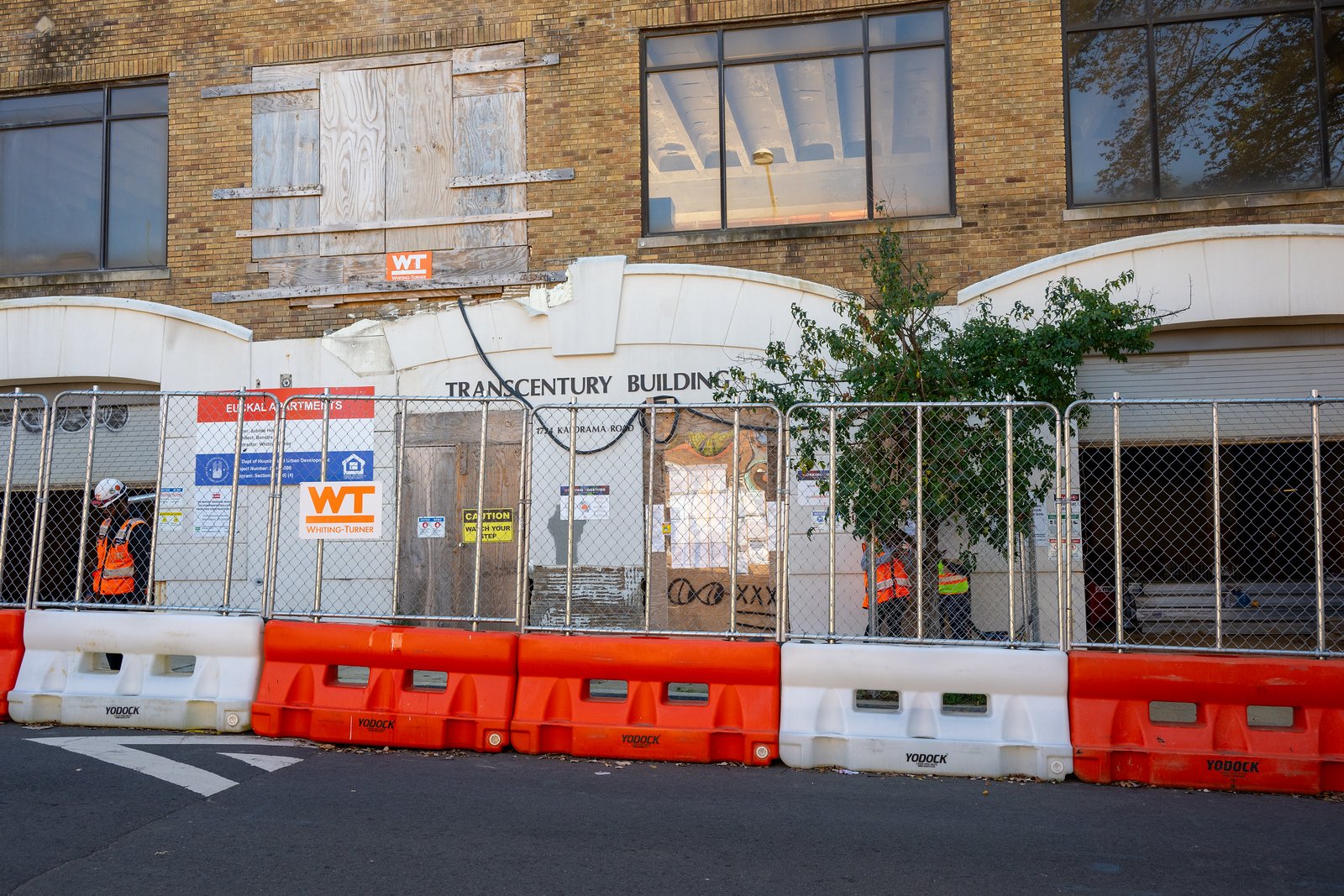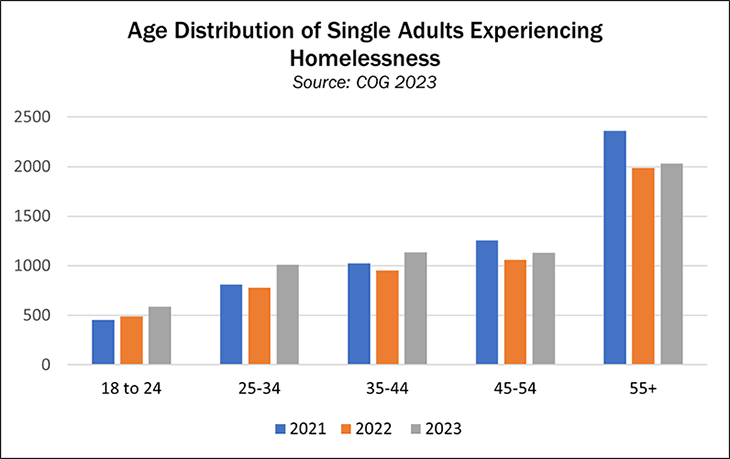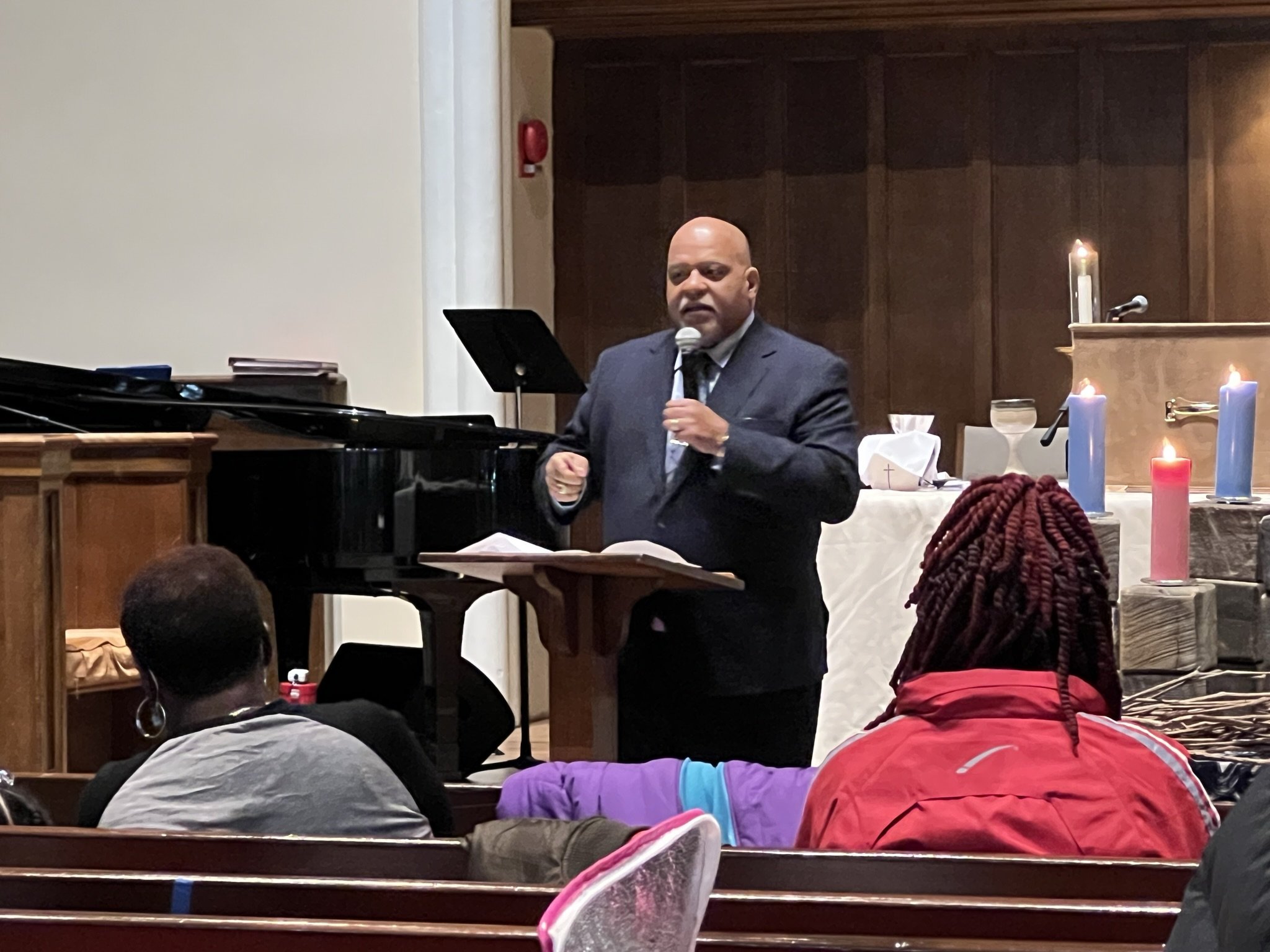This past year, the Partnership to End Homelessness welcomed five new members to its Leadership Council - a group of committed, private sector individuals representing foundations, housing developers and owners, healthcare institutions, and universities who are dedicated to ending homelessness in DC.
The Leadership Council has three primary objectives: 1) Engage private-sector stakeholders and networks in work to end homelessness and increase housing stability in DC; 2) Provide financial investment and other resources to support the strategic priorities of the Partnership to End Homelessness; and 3) Participate in budget advocacy, policy advocacy, and public narrative change efforts using personal and professional networks.
Since the Partnership launched, the Leadership Council has been instrumental in our work to align $18.5 million in private sector resources and joined our nonprofit partners in advocating for historic public sector investments in homeless services and affordable and supportive housing.
The new members of the Partnership Leadership Council include - Anand Dholakia, The J. Willard and Alice S. Marriott Foundation; Kimberly Harris, CareFirst BlueCross Blueshield; Alecia Hill, FCP; Dr. Yavar Moghimi, AmeriHealth Caritas; and Andrew Vincent, Horning Brothers.
Shaping the Future for the Partnership to End Homelessness
Together with new and existing members, the Leadership Council gathered to reflect on the Partnership’s progress to date and determine where the Partnership should prioritize our efforts over the next two years.
Through this process, members reaffirmed their commitment to the Partnership’s overall goals and guiding principles, including racial equity and deeply affordable housing.
Leaders also committed to continuing to provide a table for the private sector to share knowledge with and learn from our public sector partners, nonprofit service providers, and advocates about homelessness and affordable housing issues in DC and best practices and innovations to address them.
In order to have the greatest impact, the Leadership Council made the decision to focus on a limited set of strategic priorities. Based on a needs analysis, community feedback, and potential for future impact, the following priorities were identified:
Expedite housing placement for people experiencing chronic homelessness. The Leadership Council expressed an urgent need to expedite the process for people experiencing chronic homelessness to move into housing. Currently, delays in the process lead to units sitting empty for many months, creating financial challenges for landlords and housing providers while people continue to live on the street or in shelters.
The Leadership Council and the Partnership will continue to advance this priority through advocacy, grant funding, and convening.
Improve care coordination between healthcare and homeless service systems. Housing insecurity is a public health issue that impacts health outcomes for people experiencing homelessness and drives up healthcare costs for the broader system. Healthcare and housing systems are complex, and significant coordination is needed to address the unique challenges faced by people experiencing homelessness - many of whom have significant mental health and physical health needs.
The Leadership Council and Partnership will support existing efforts to improve collaboration that are being led by our partners at the DC Interagency Council to End Homelessness. The Council has also identified a specific interest in expanding medical respite in the city.
Are you a private sector leader, individual donor, or institutional funder interested in joining this work? The Partnership Leadership Council is always seeking for new ways to partner and build relationships to help end homelessness in DC. Reach out to Jennifer Olney at [email protected] to learn more.








